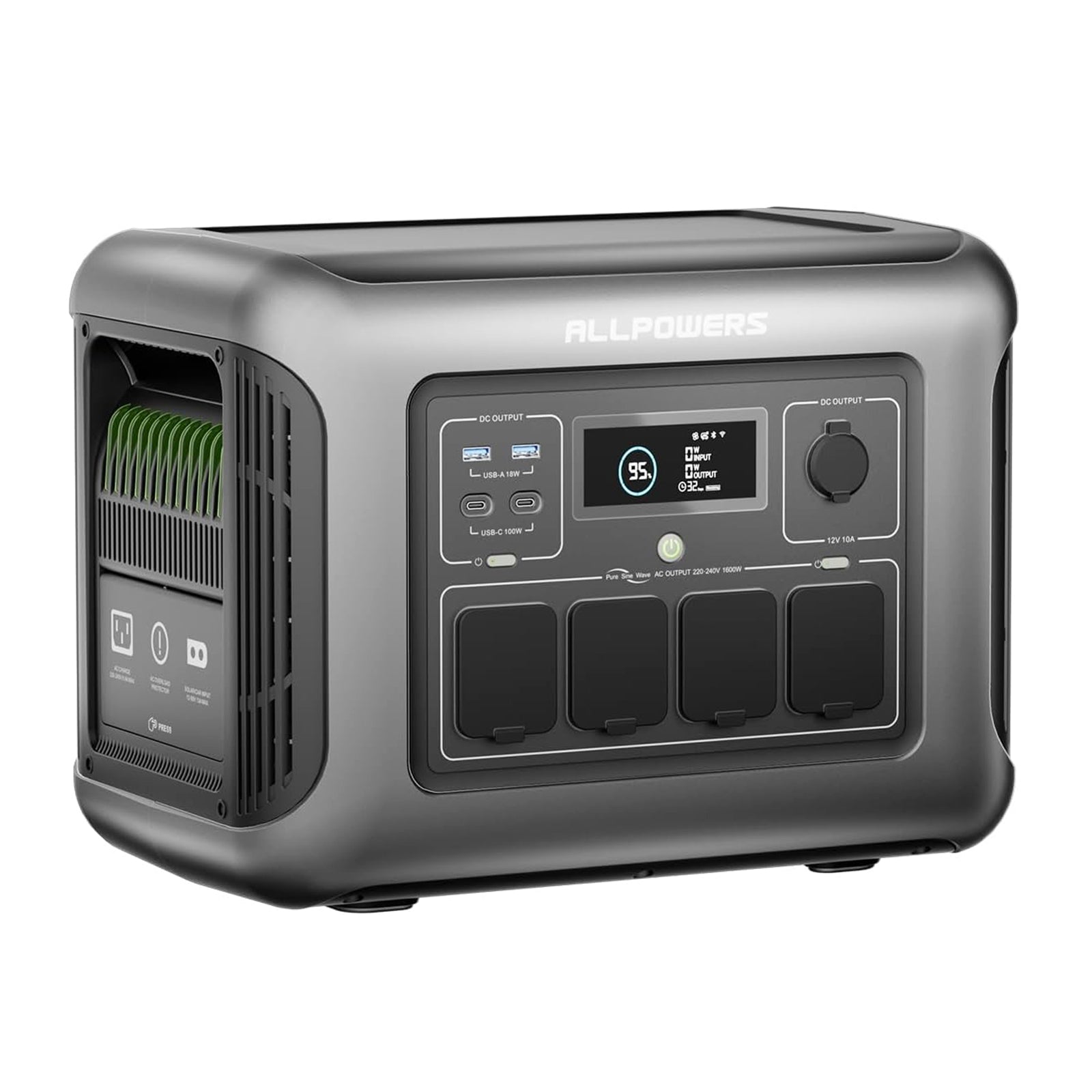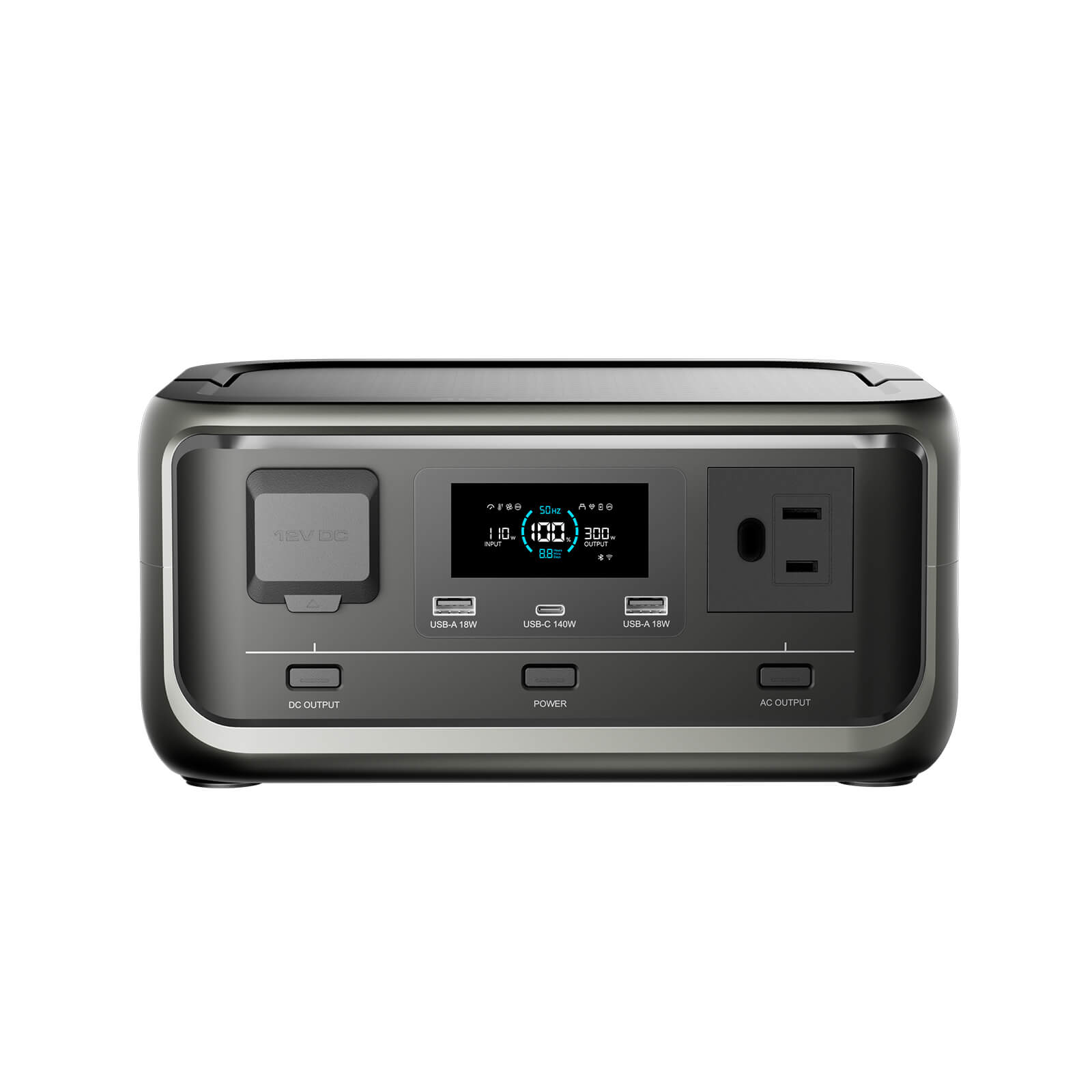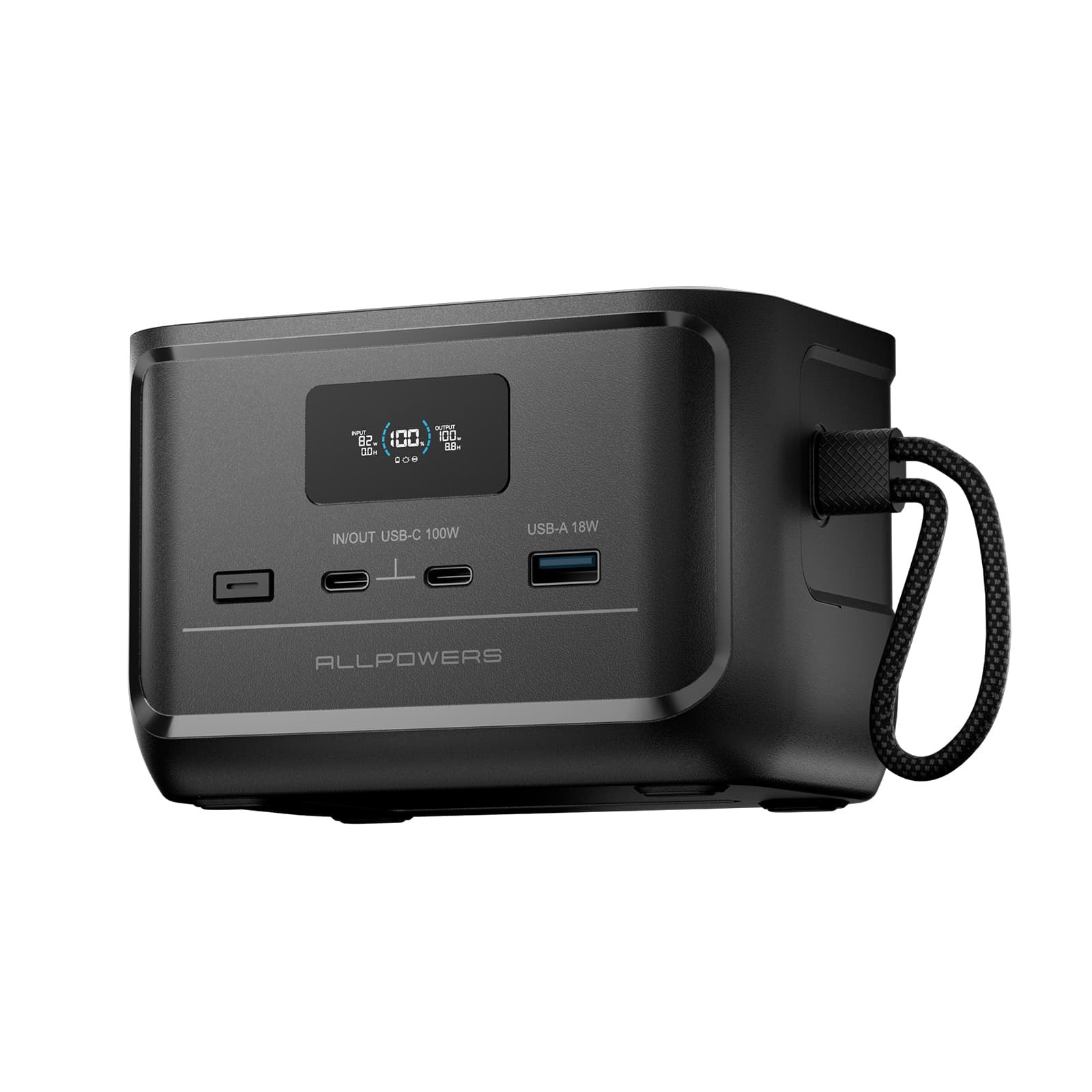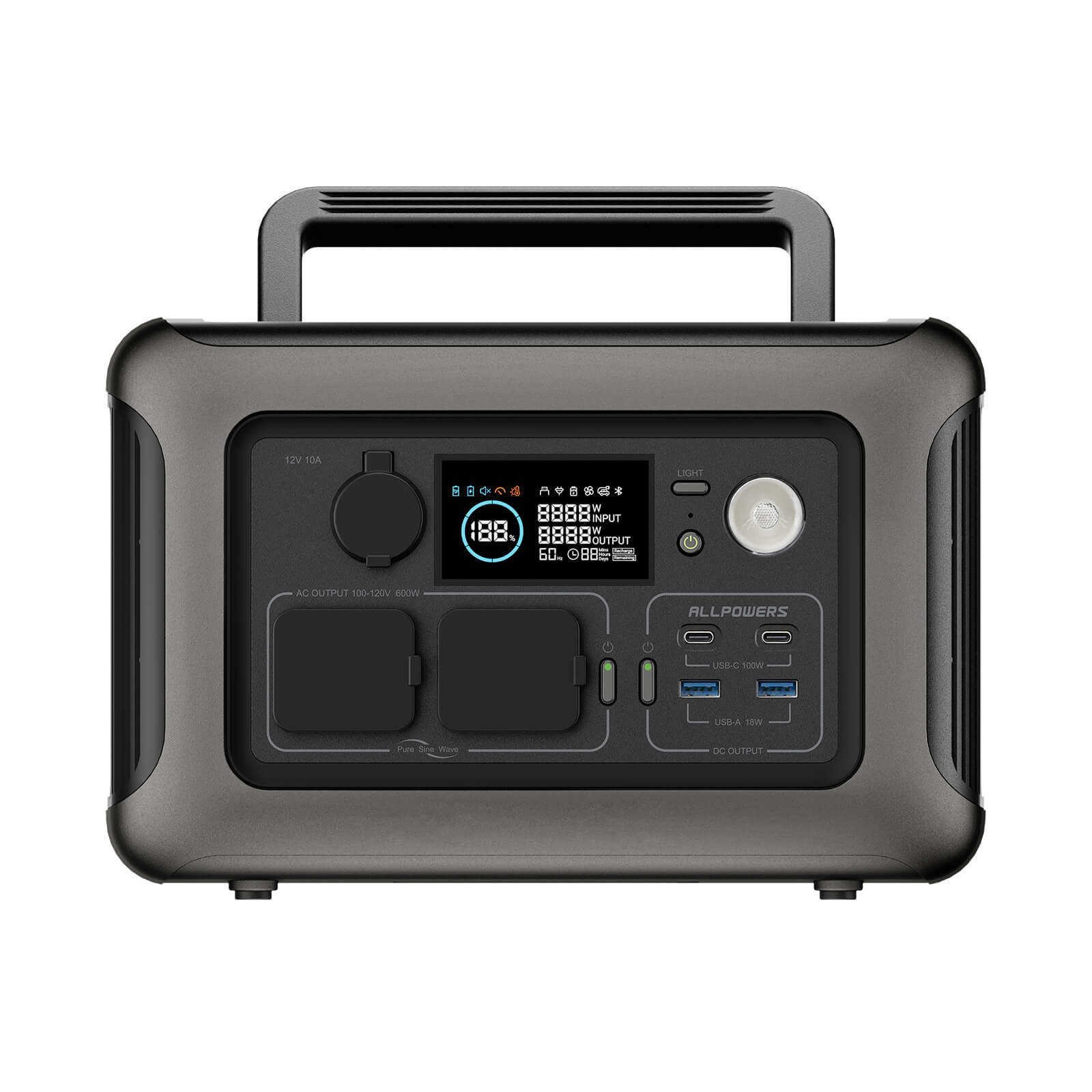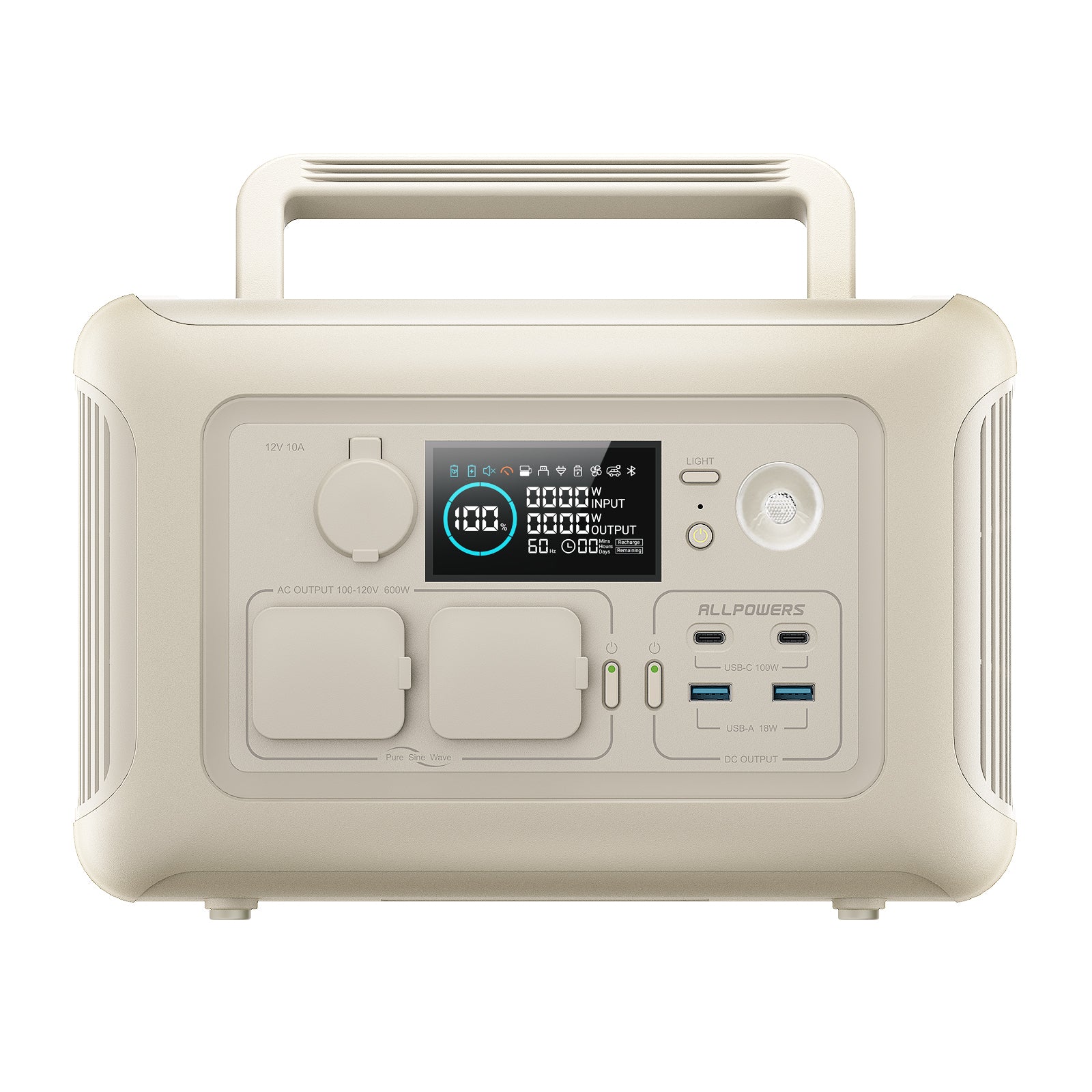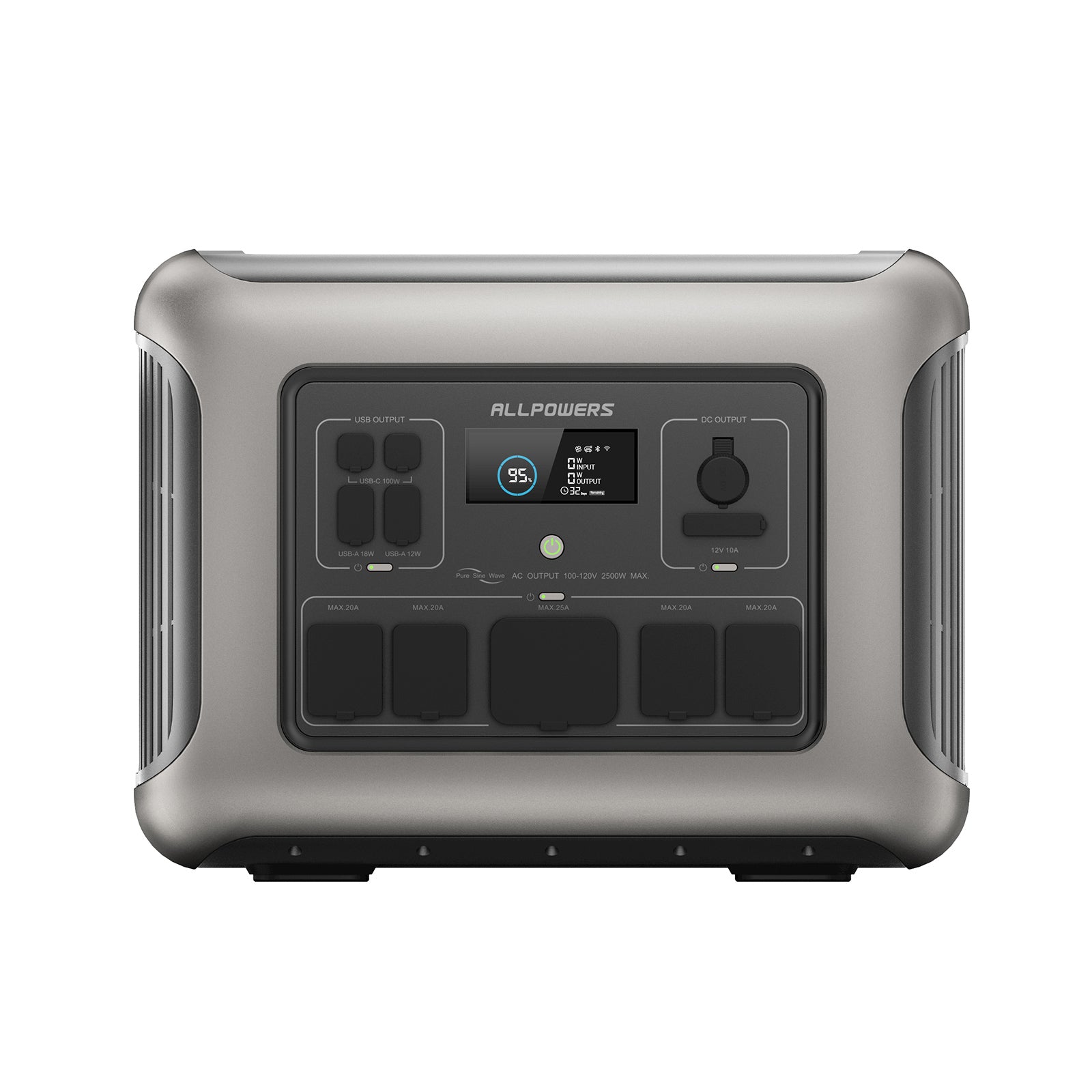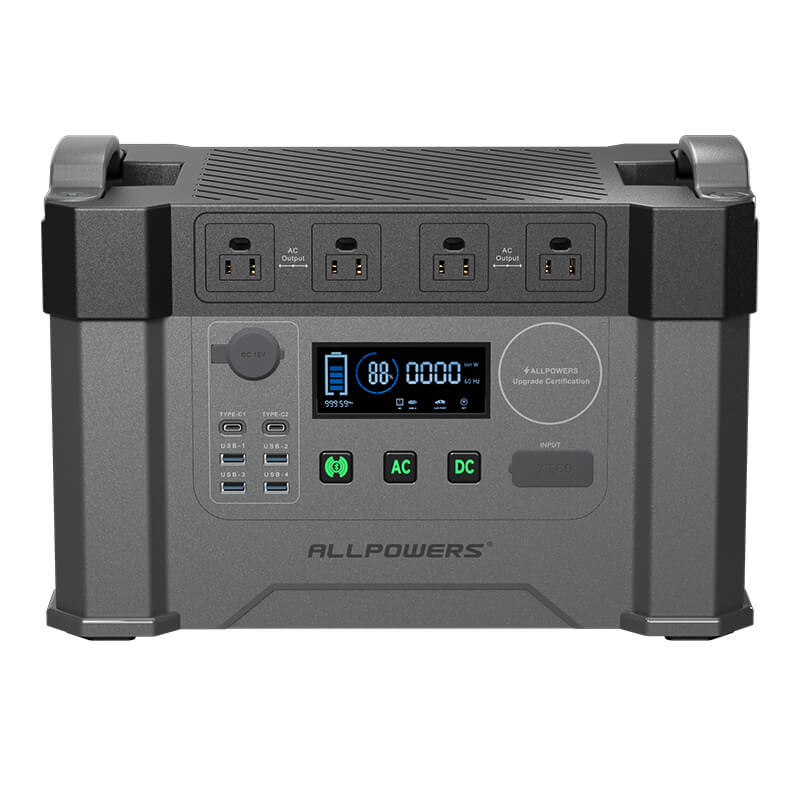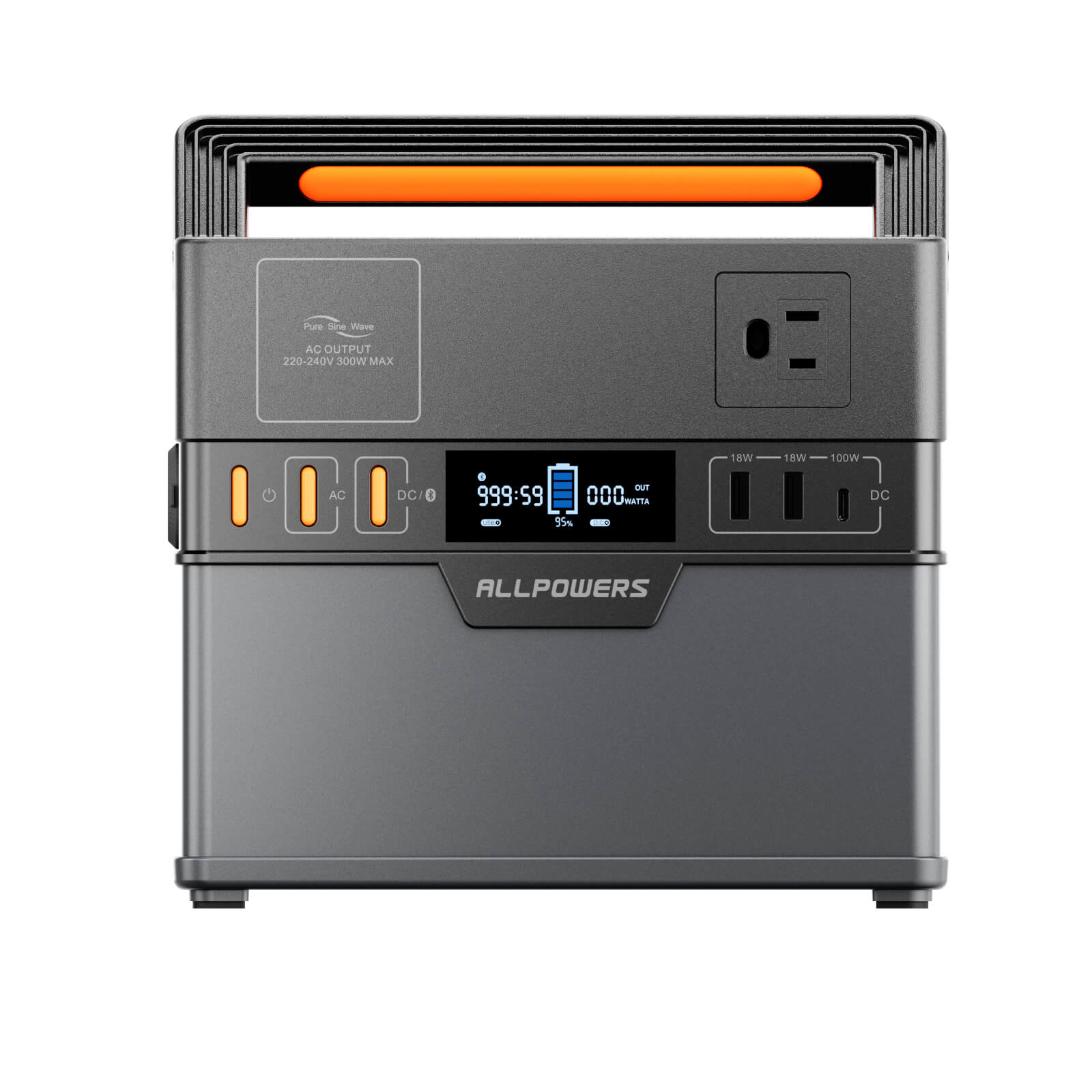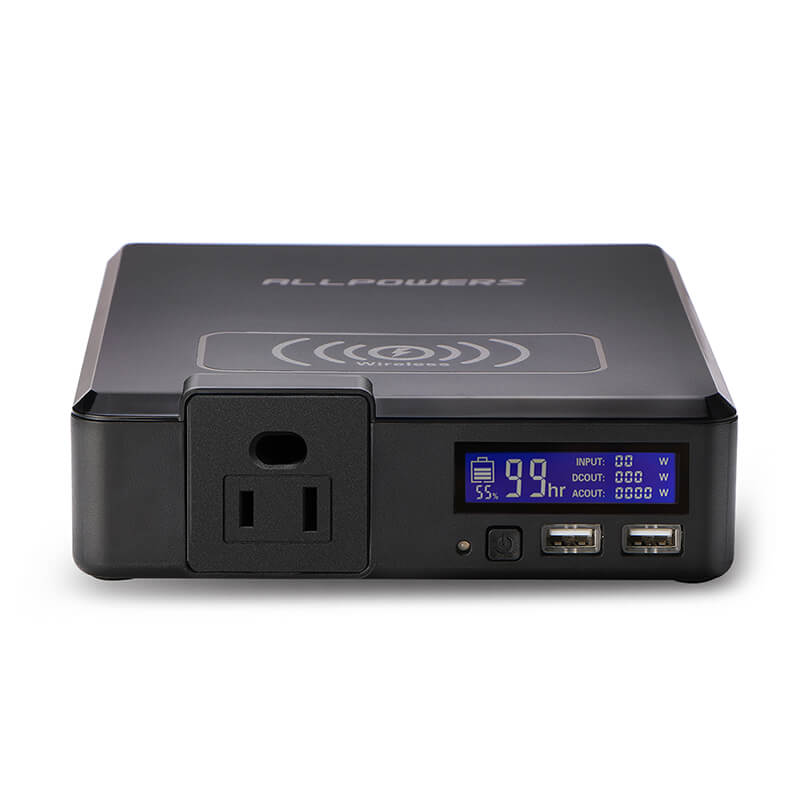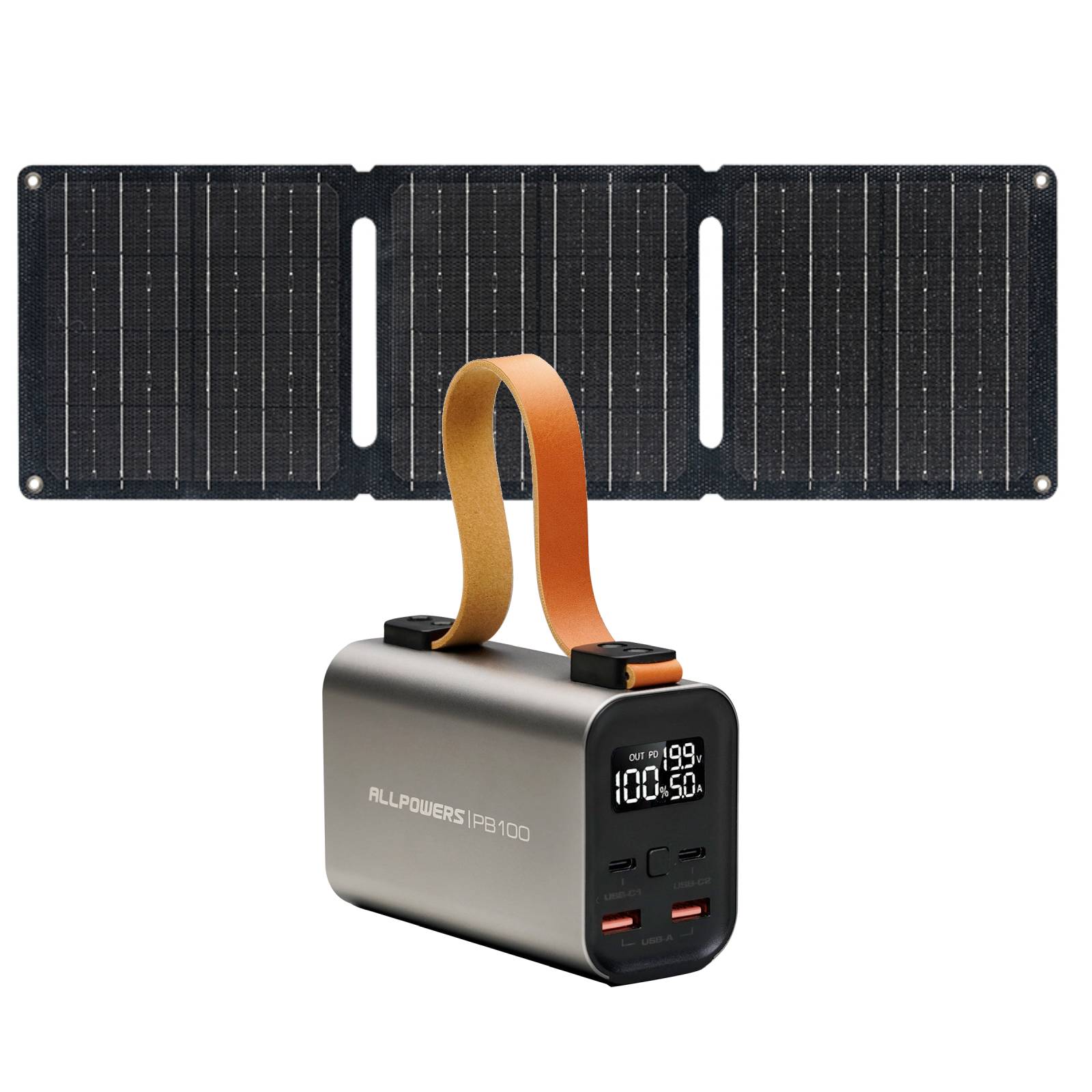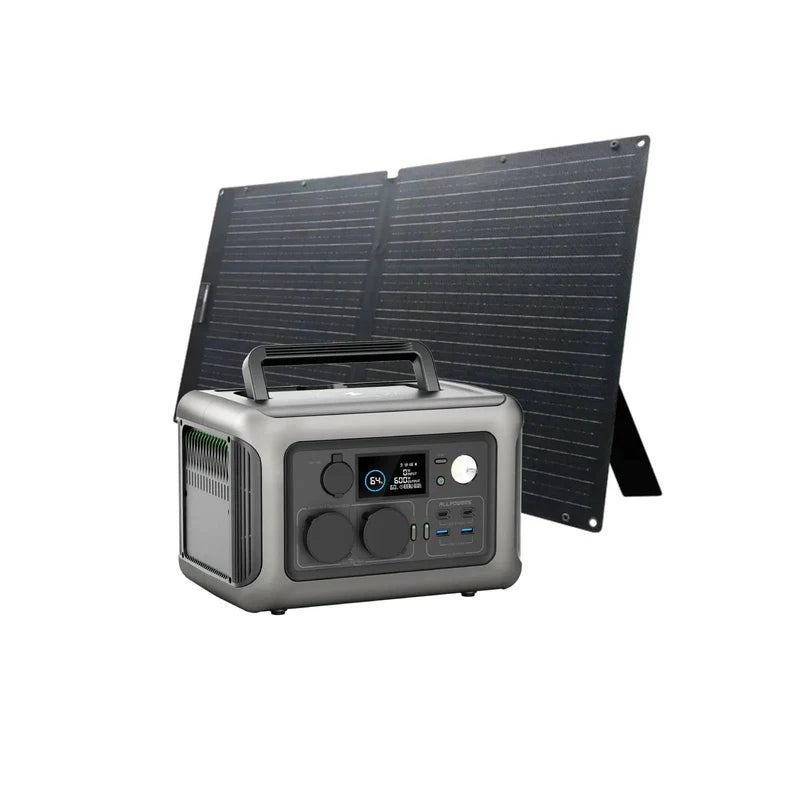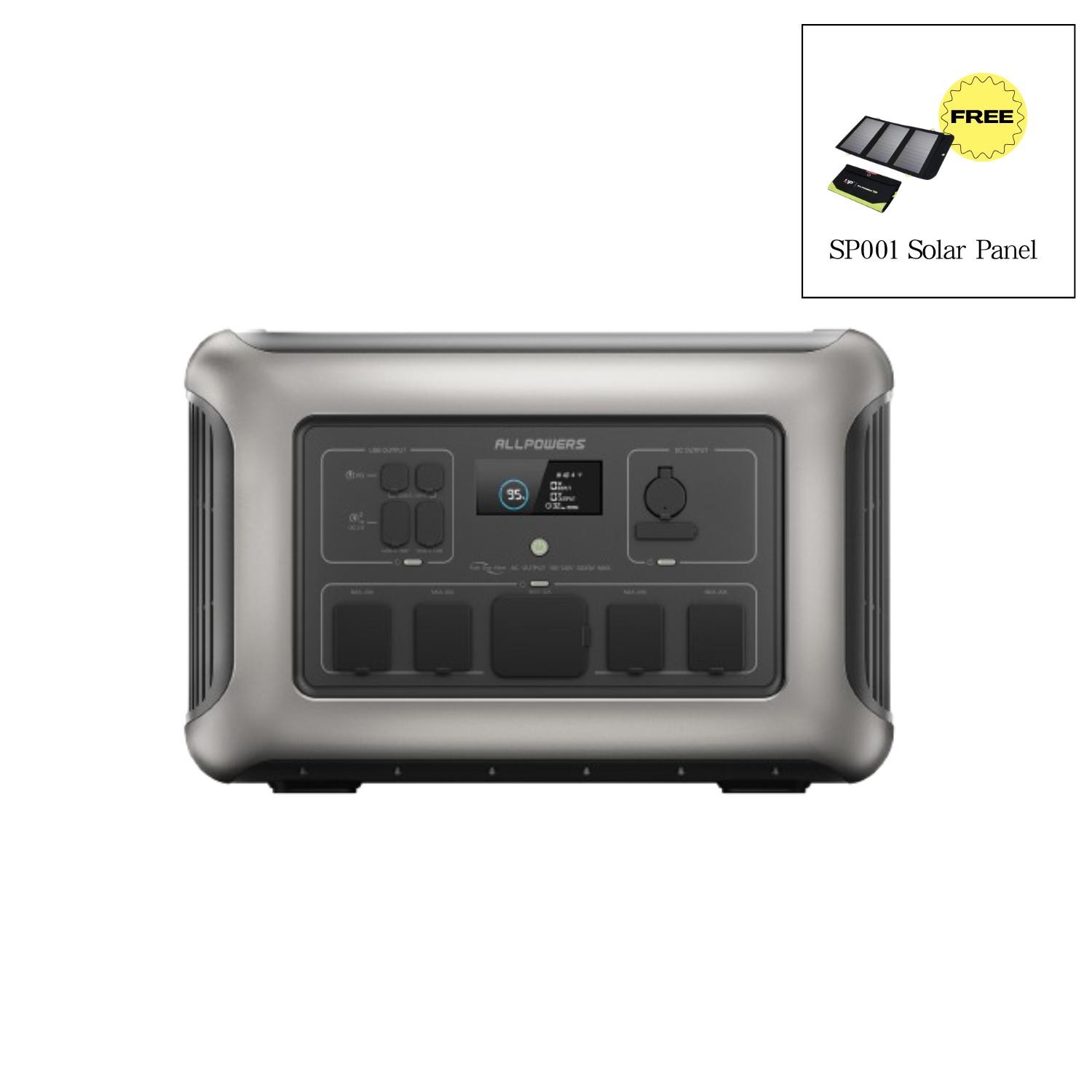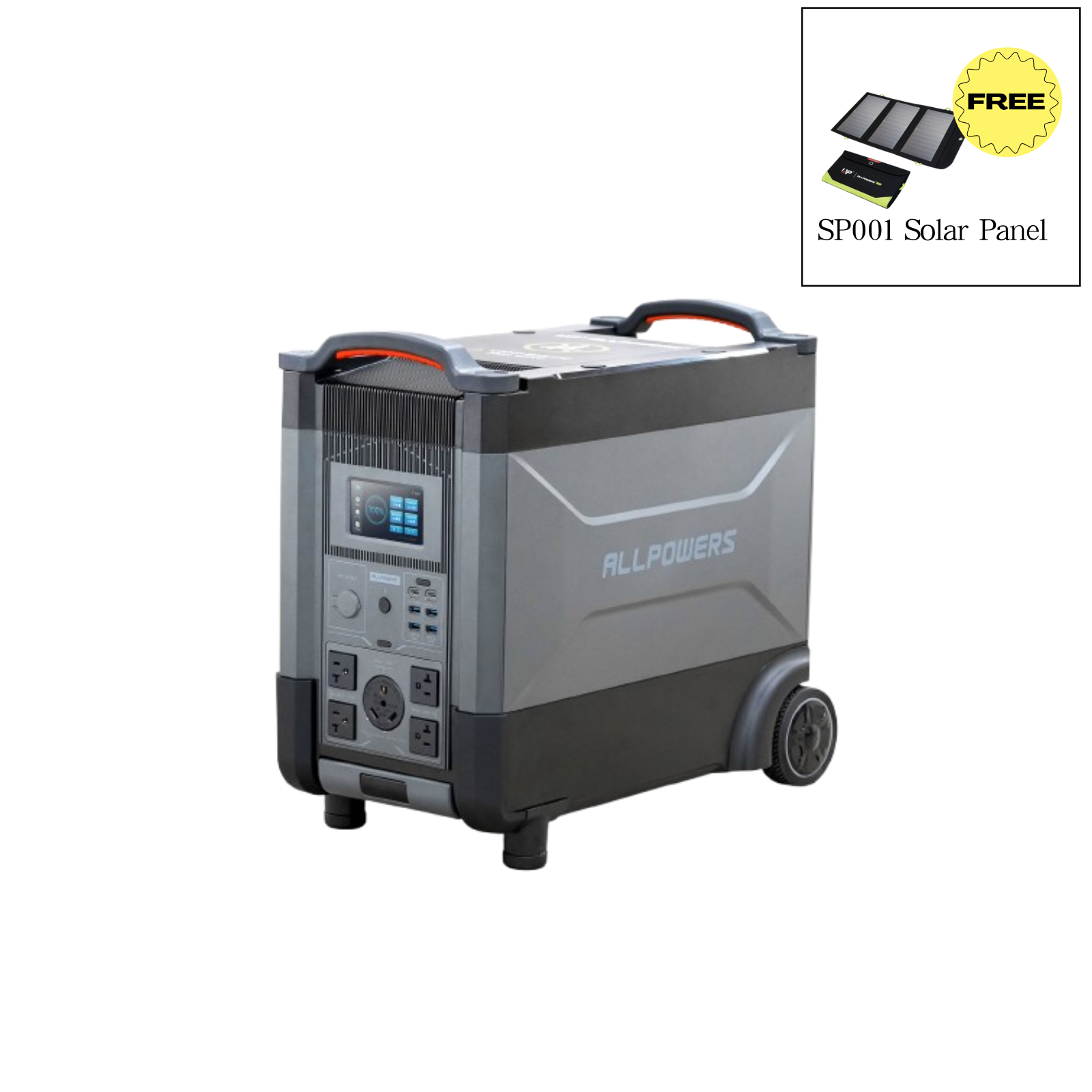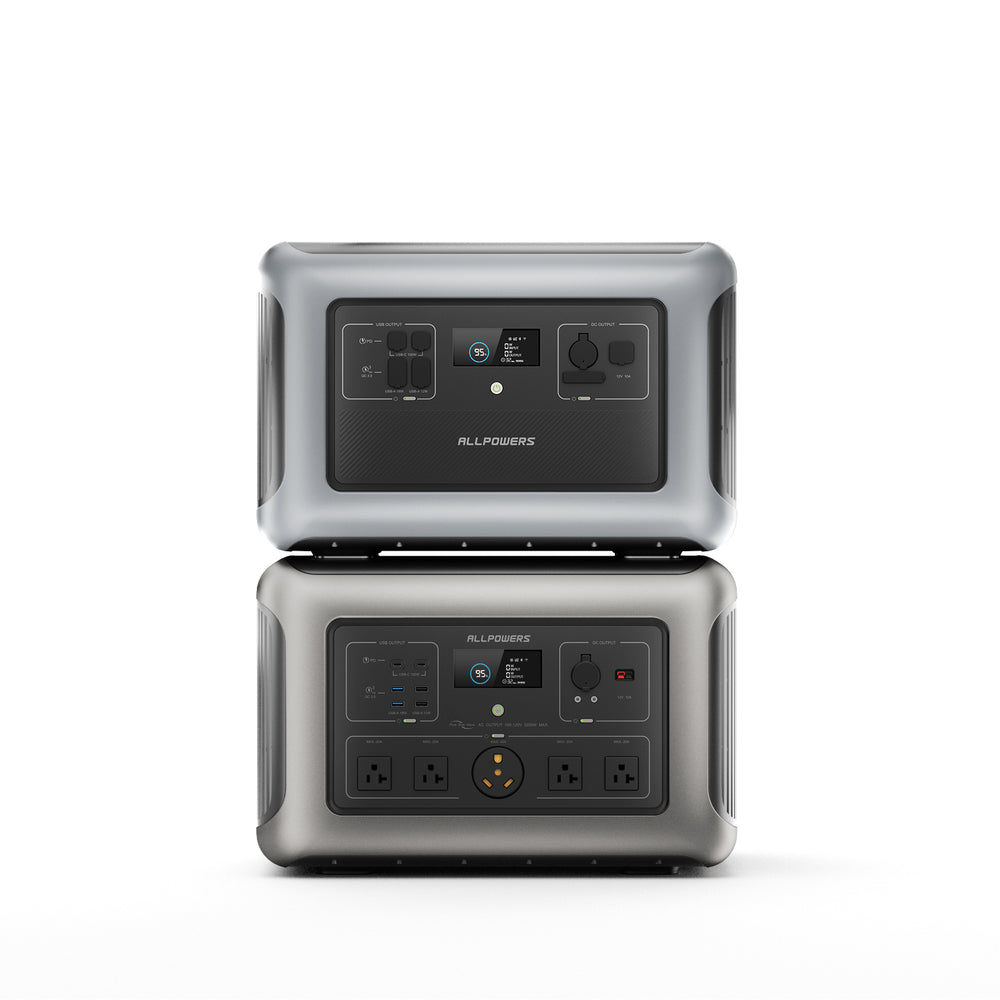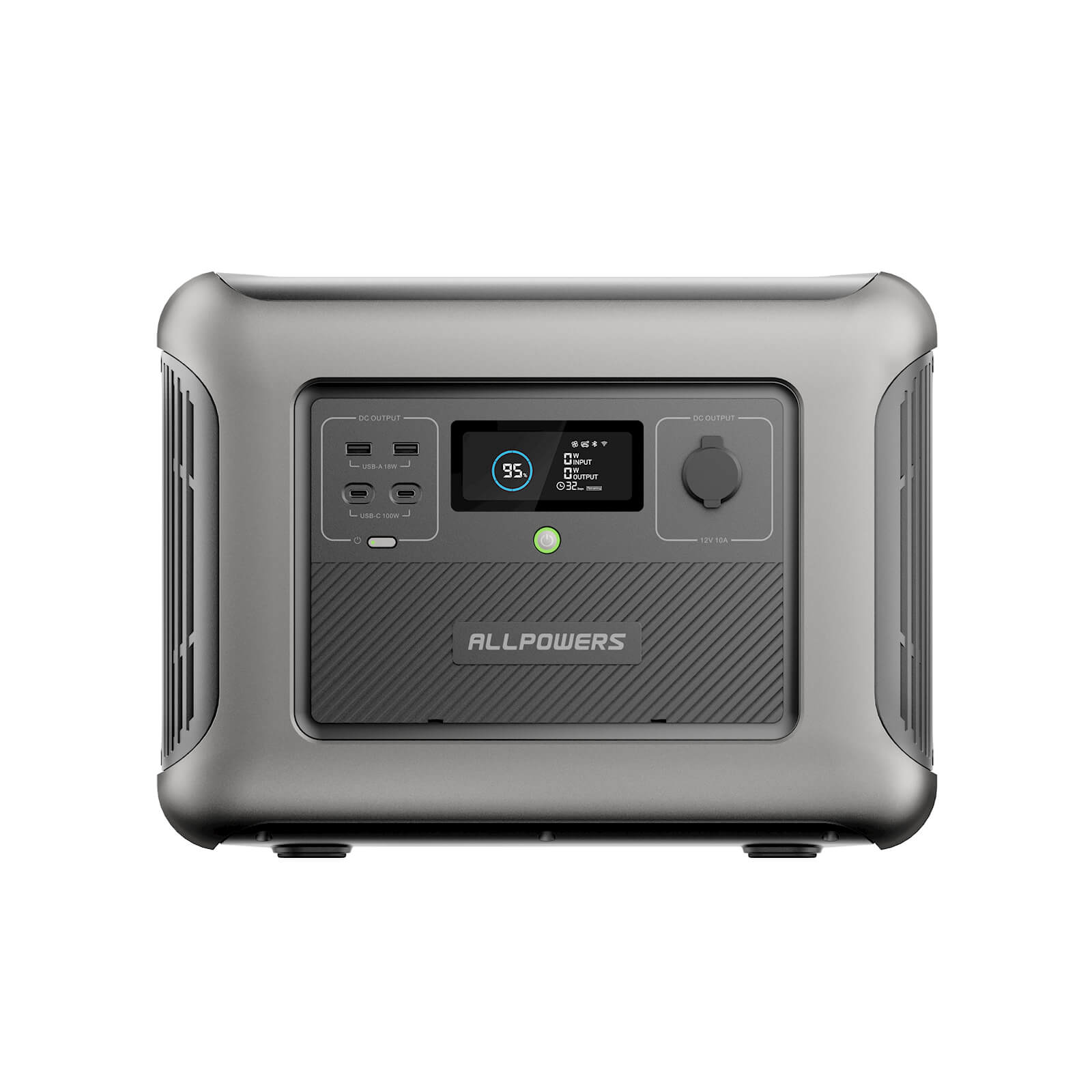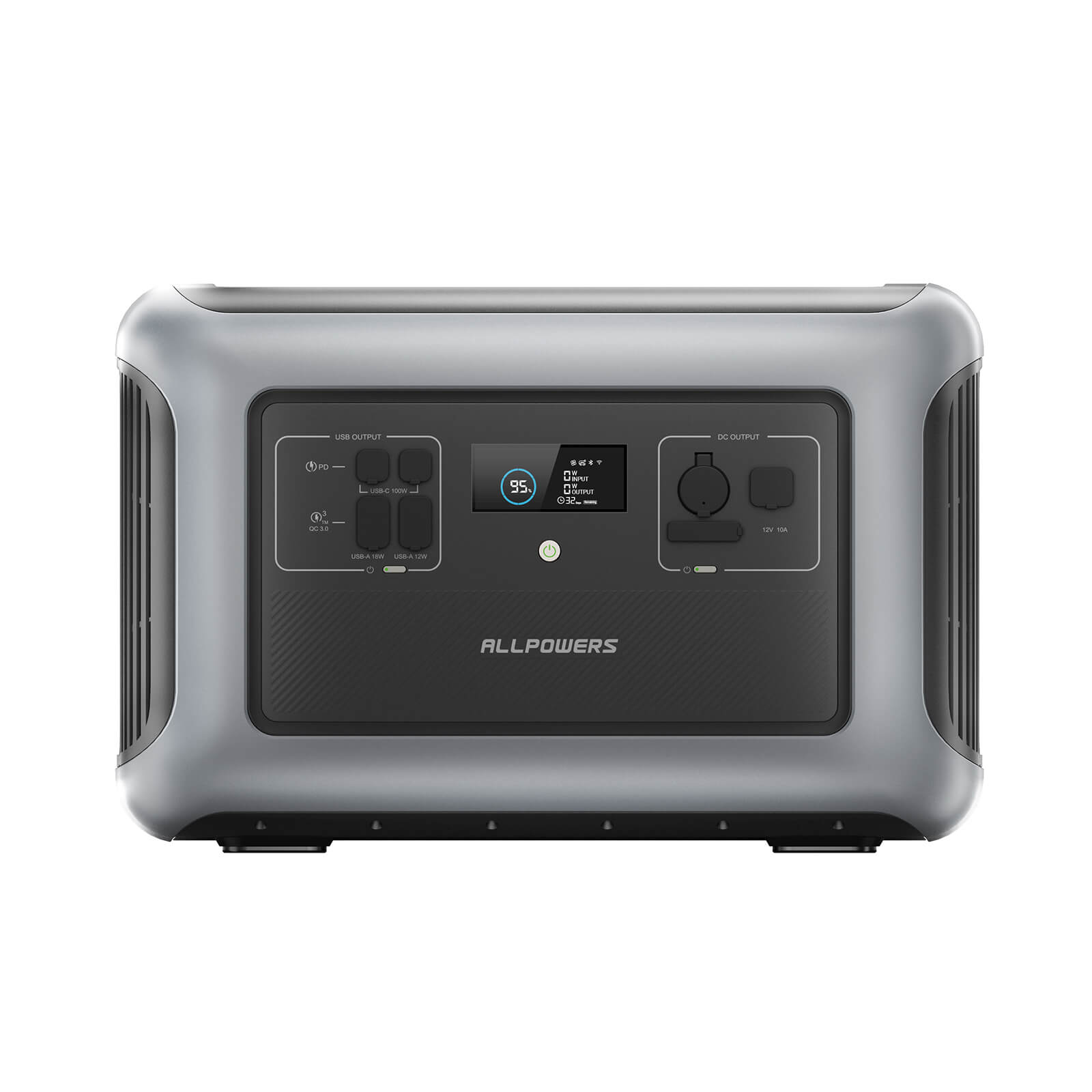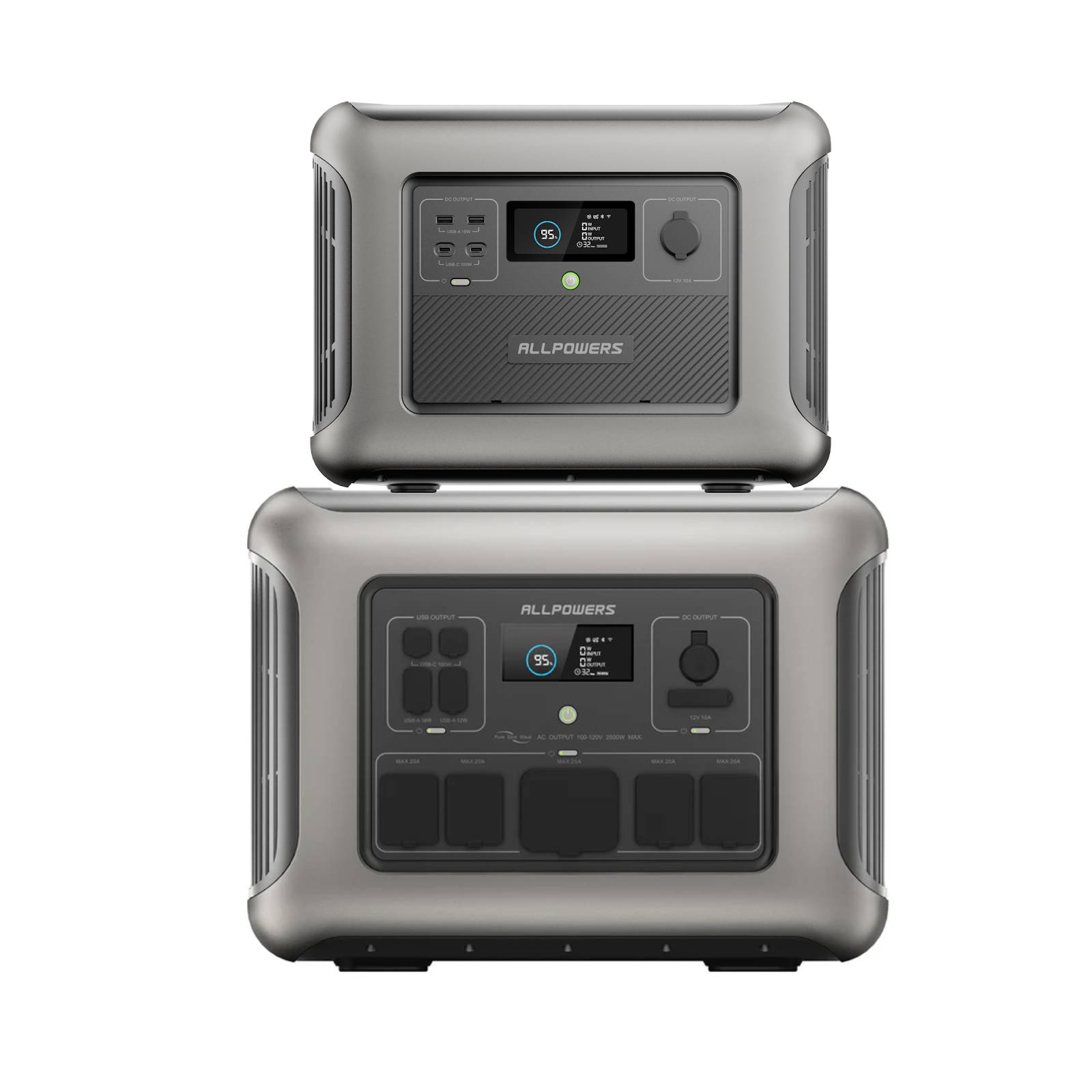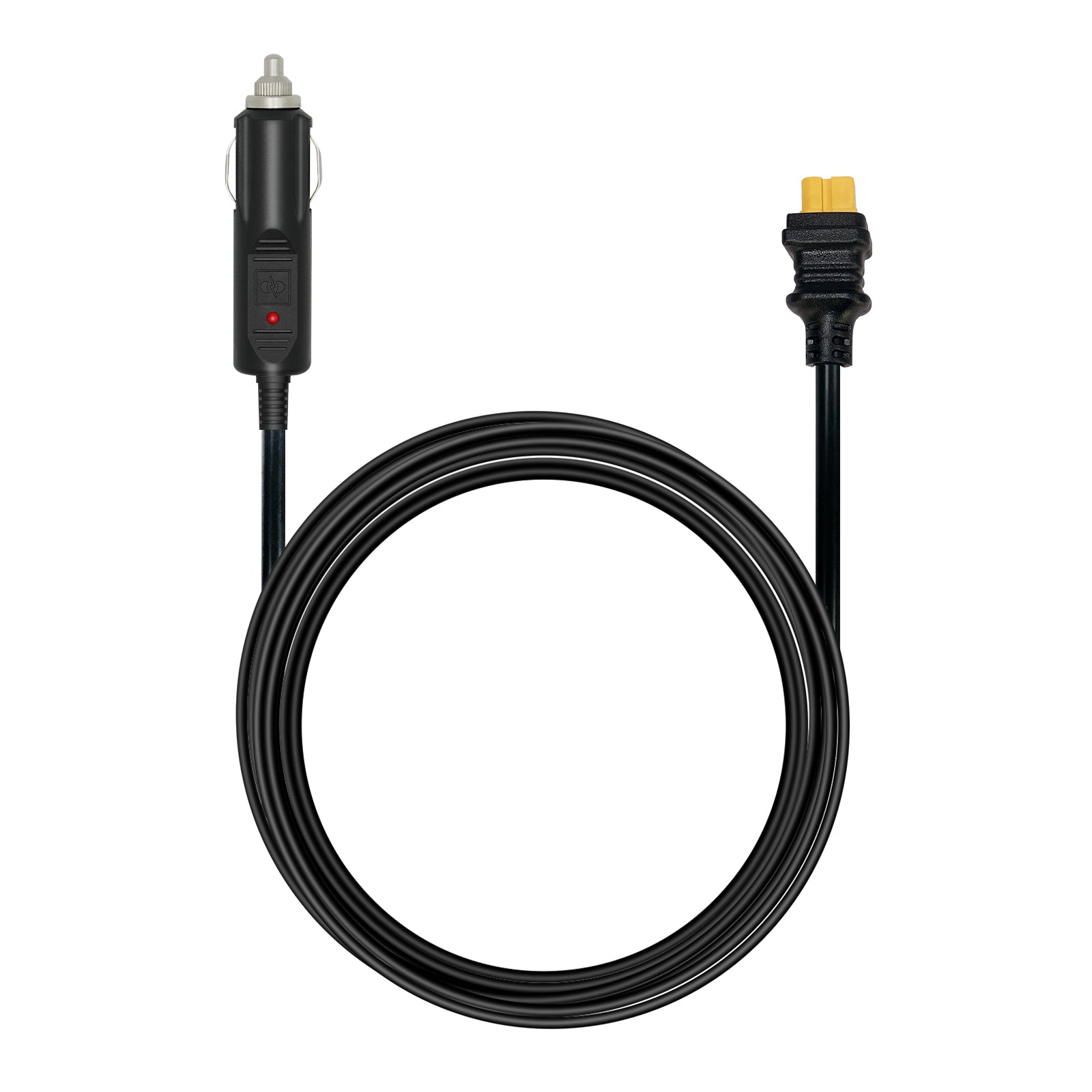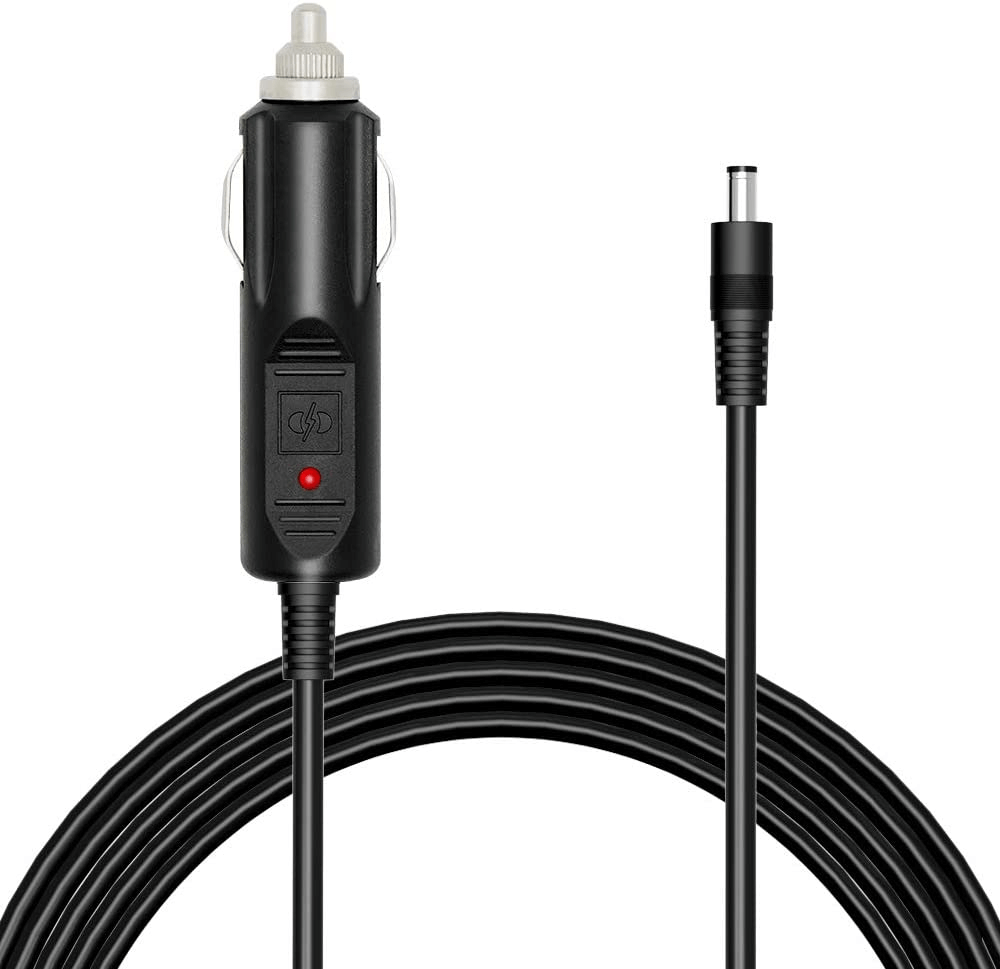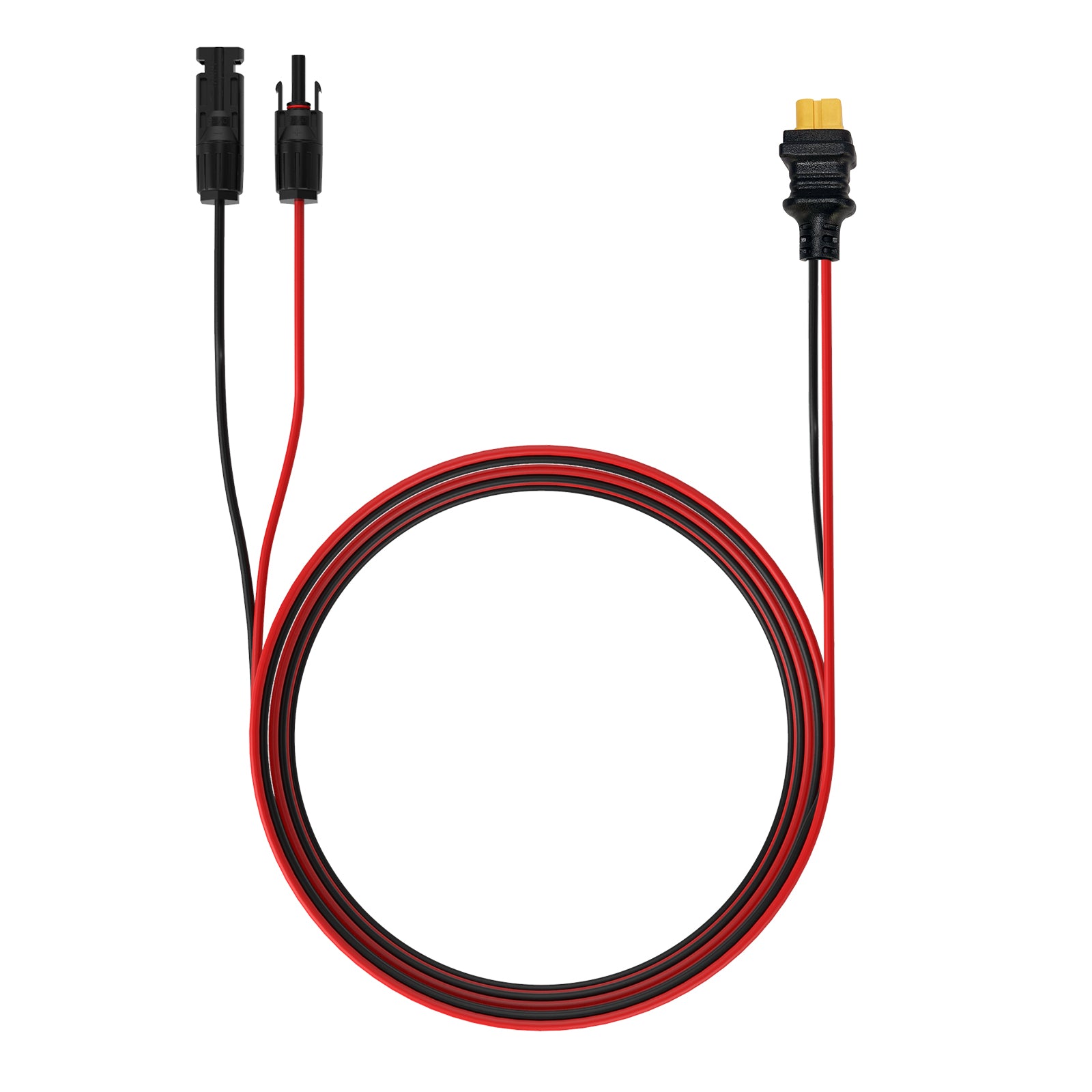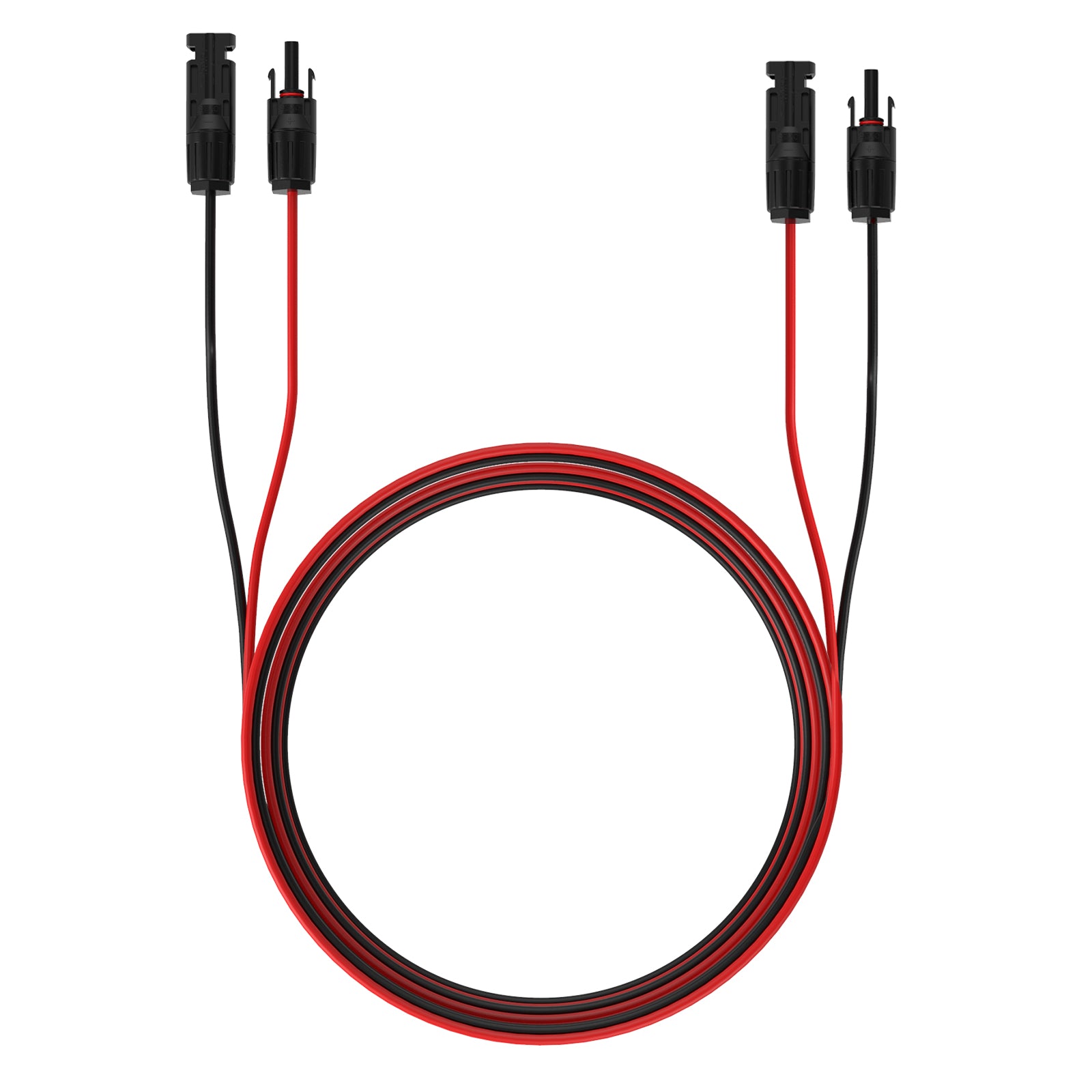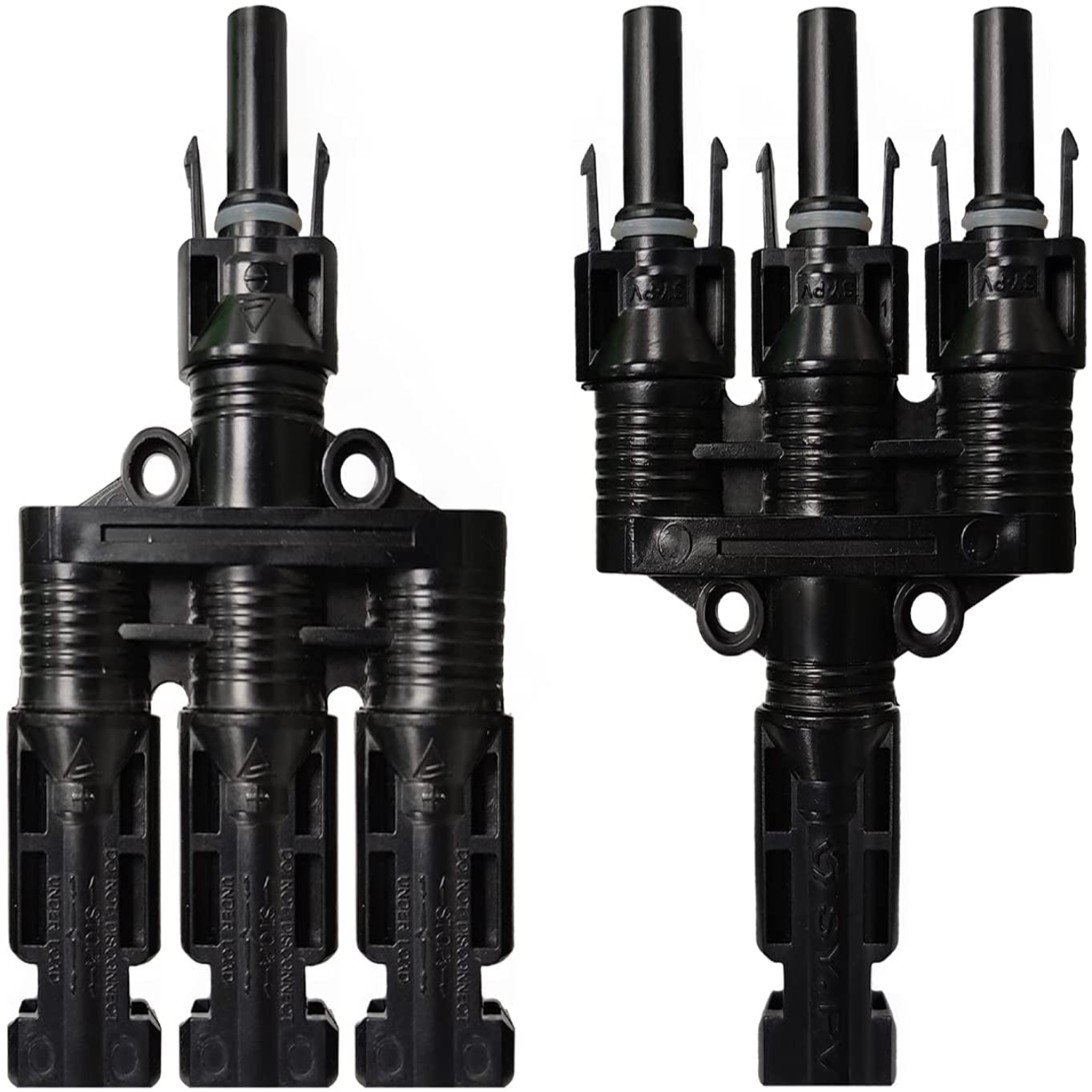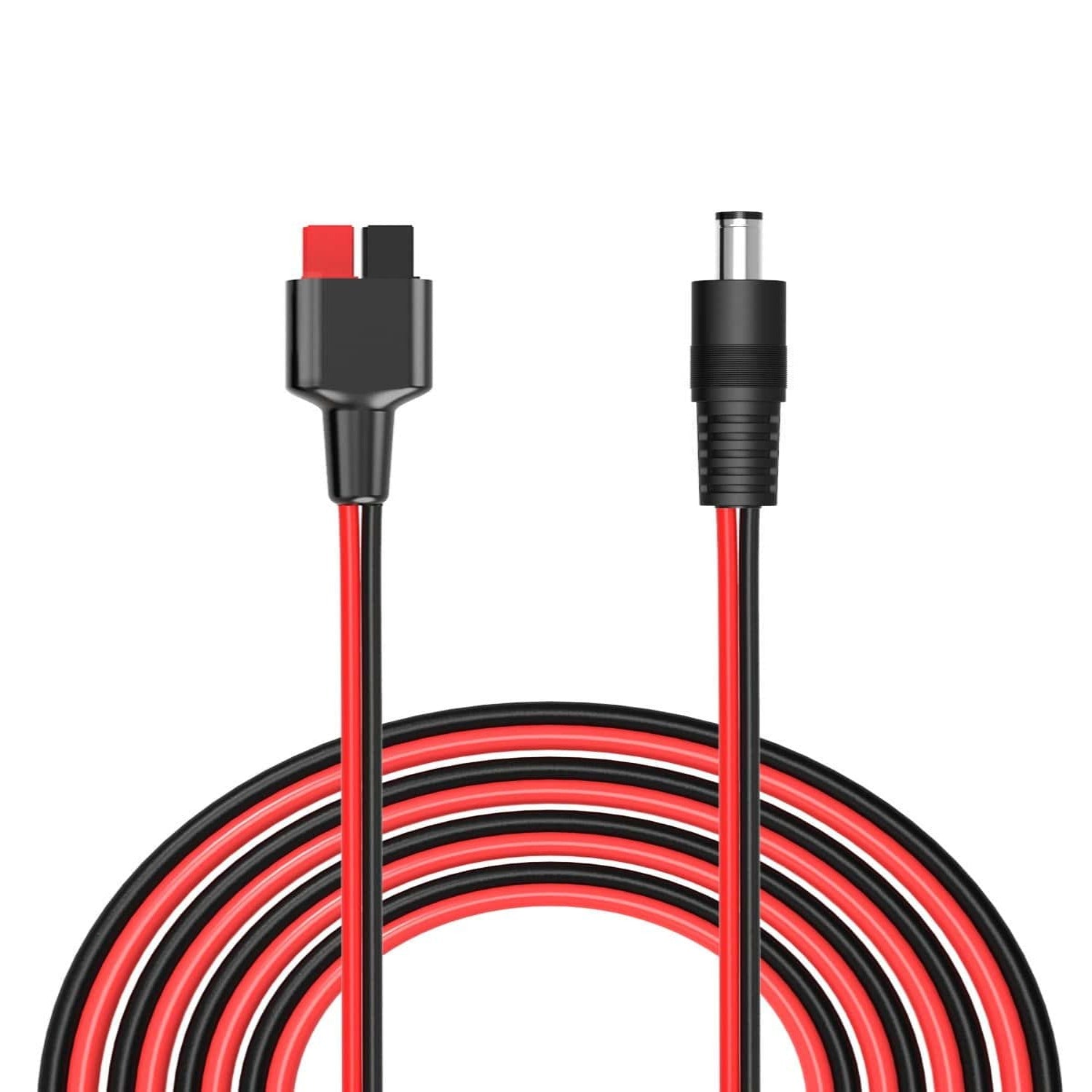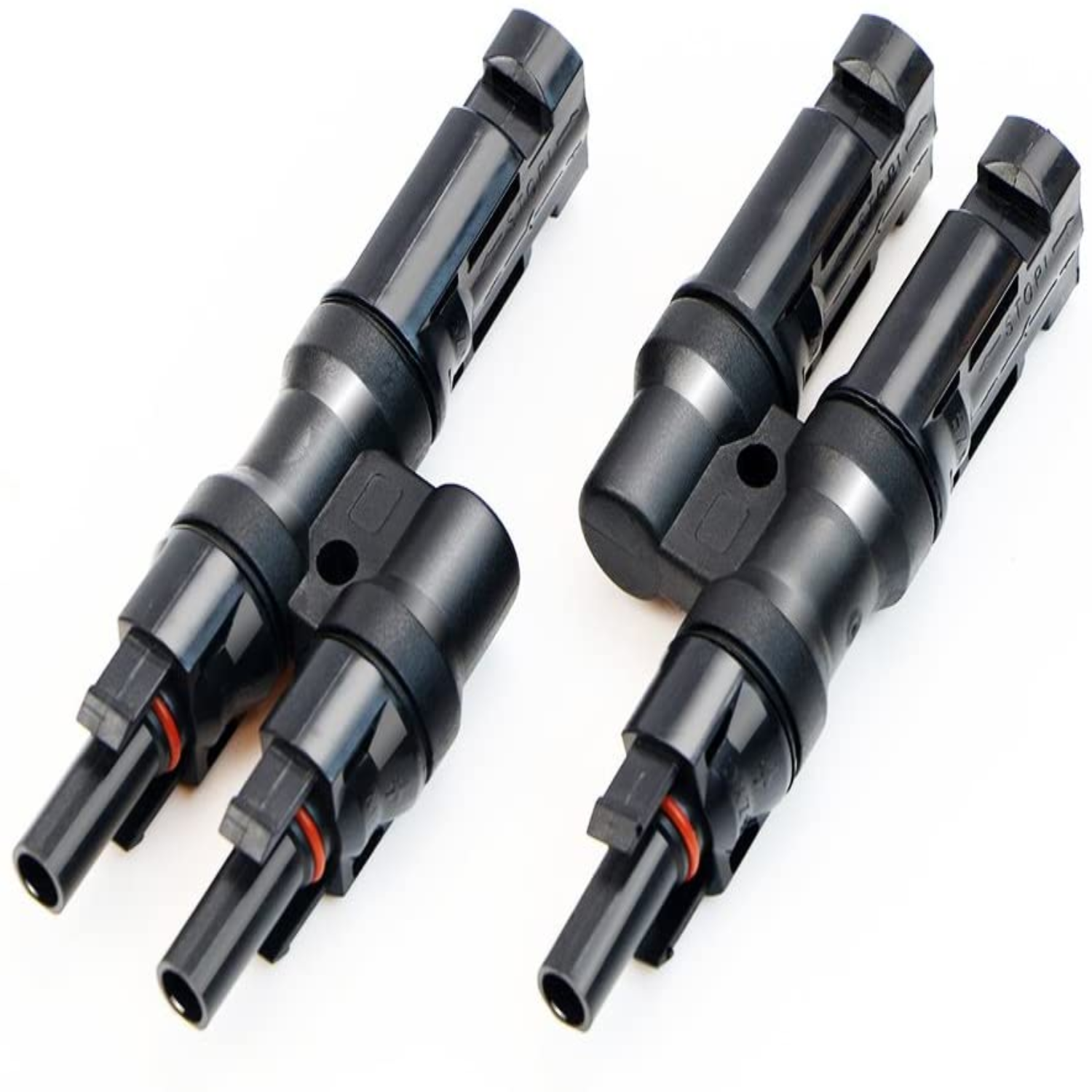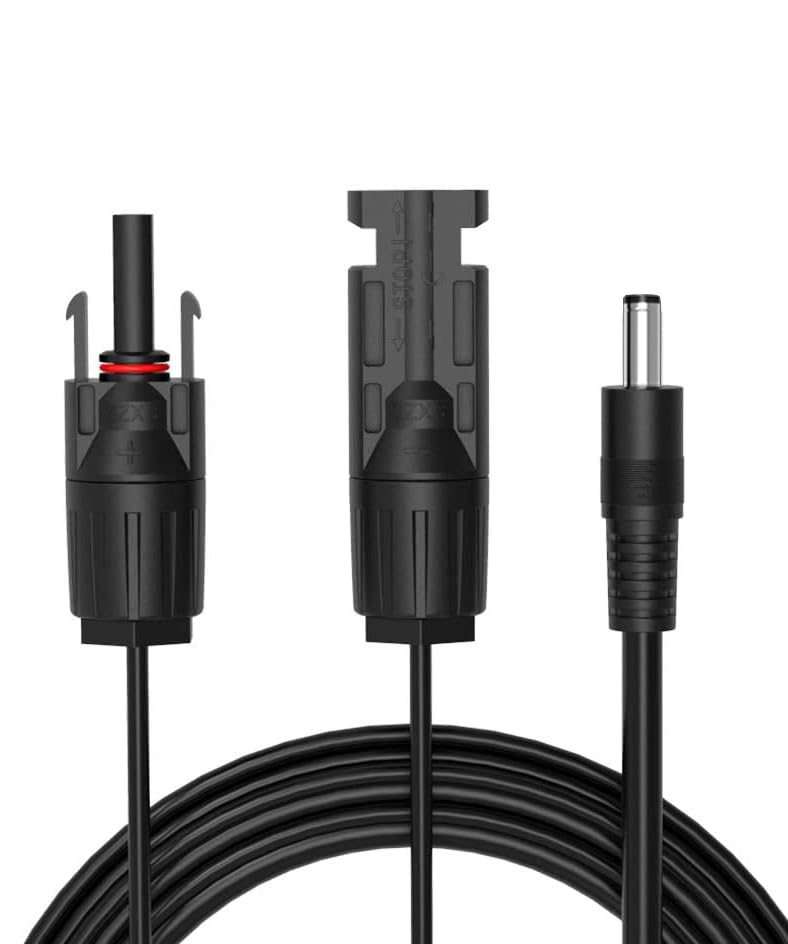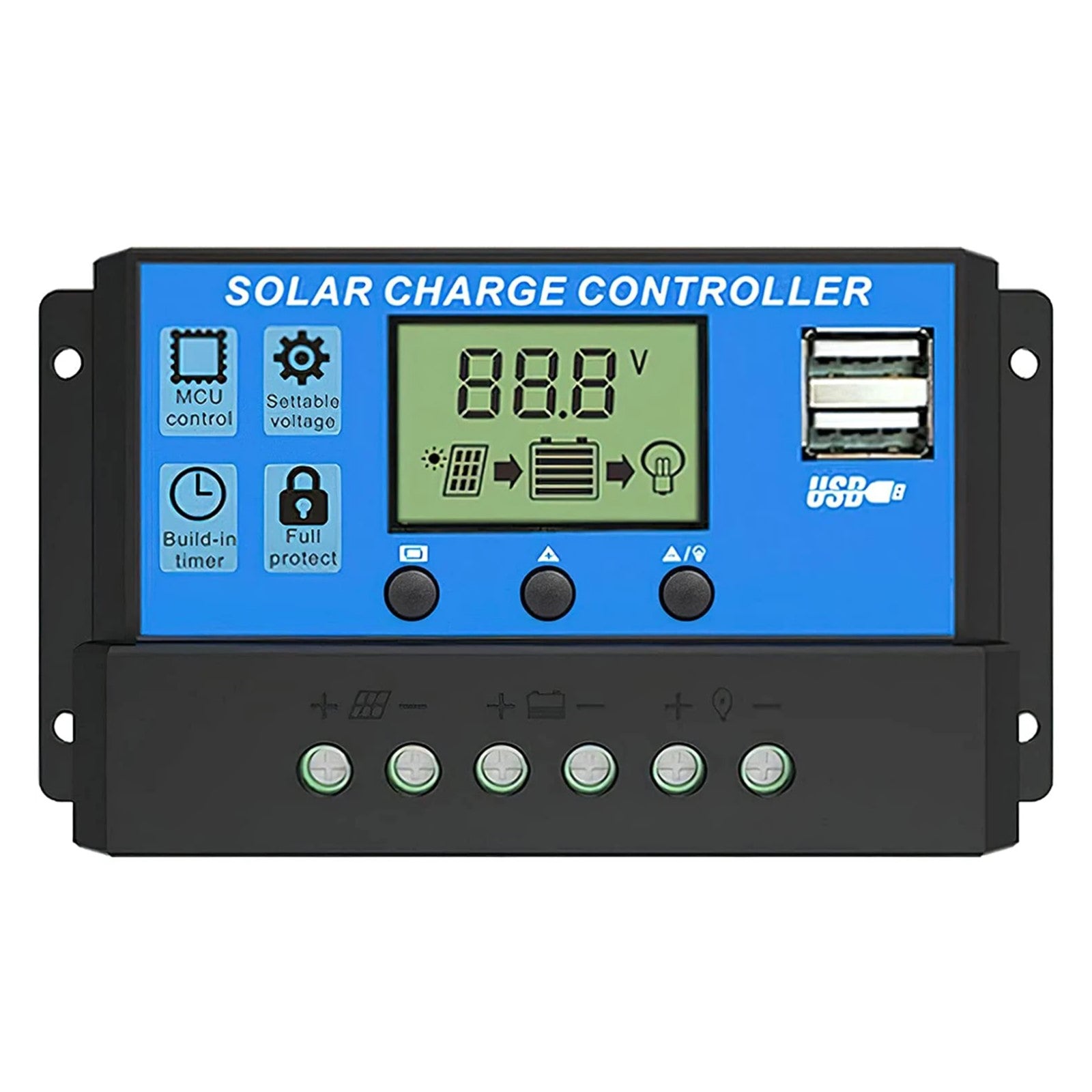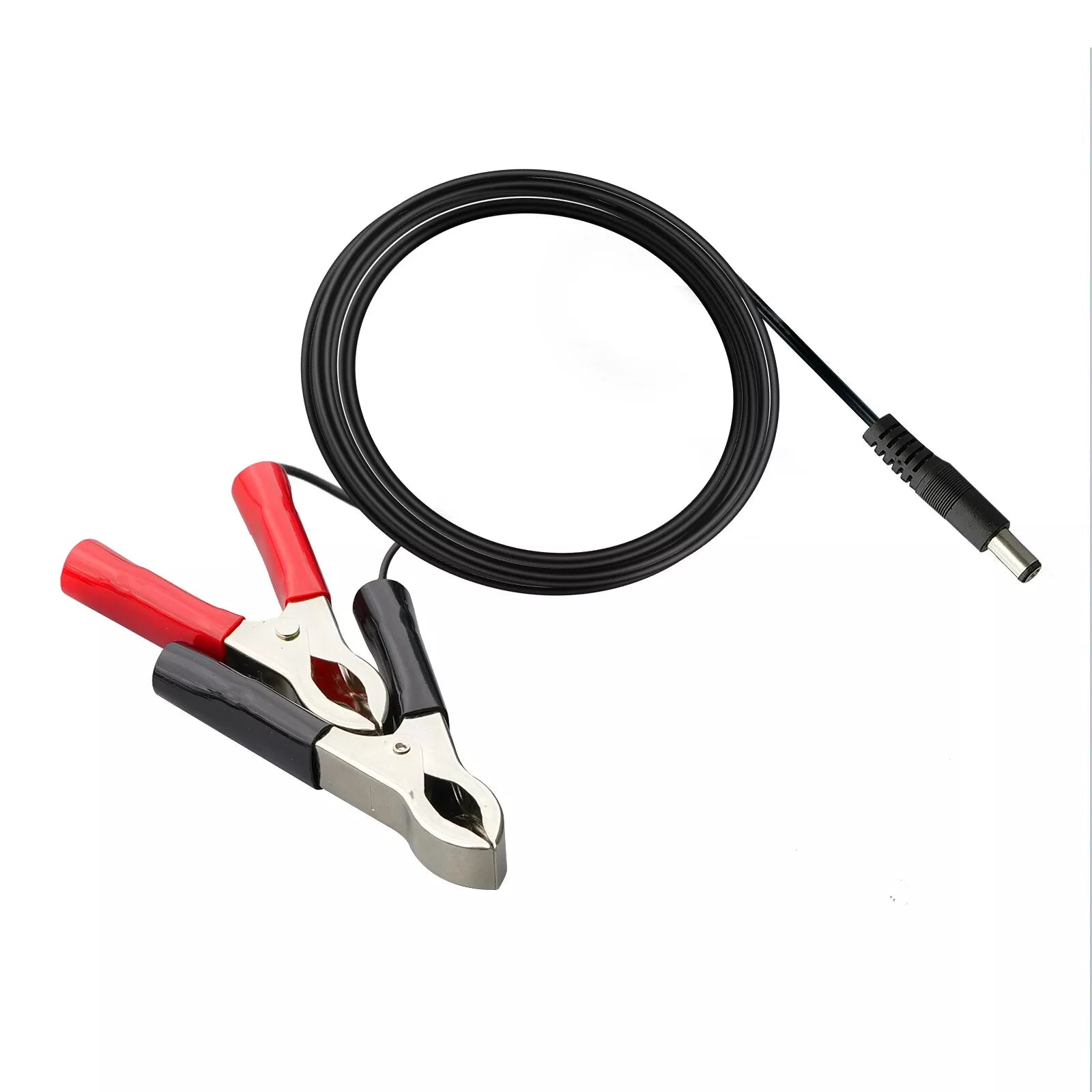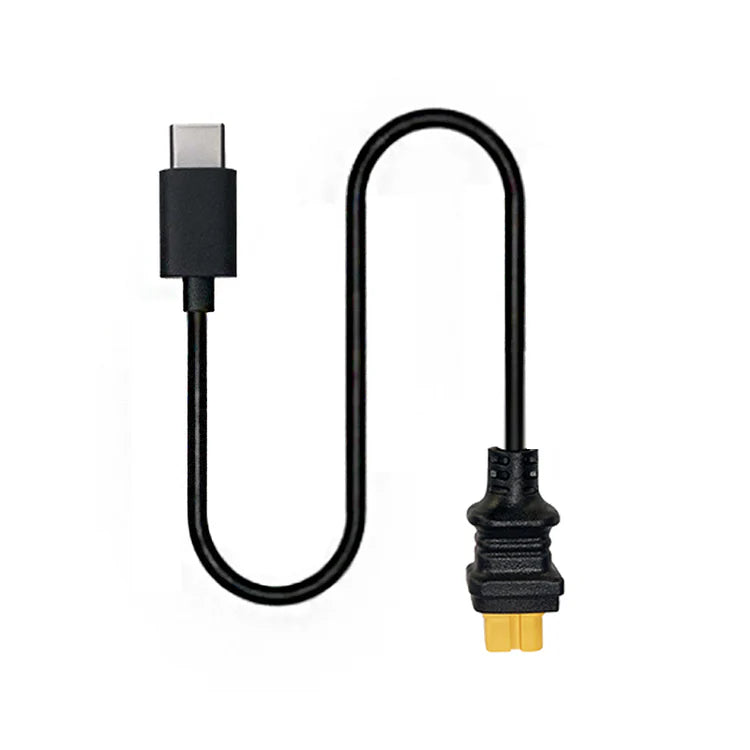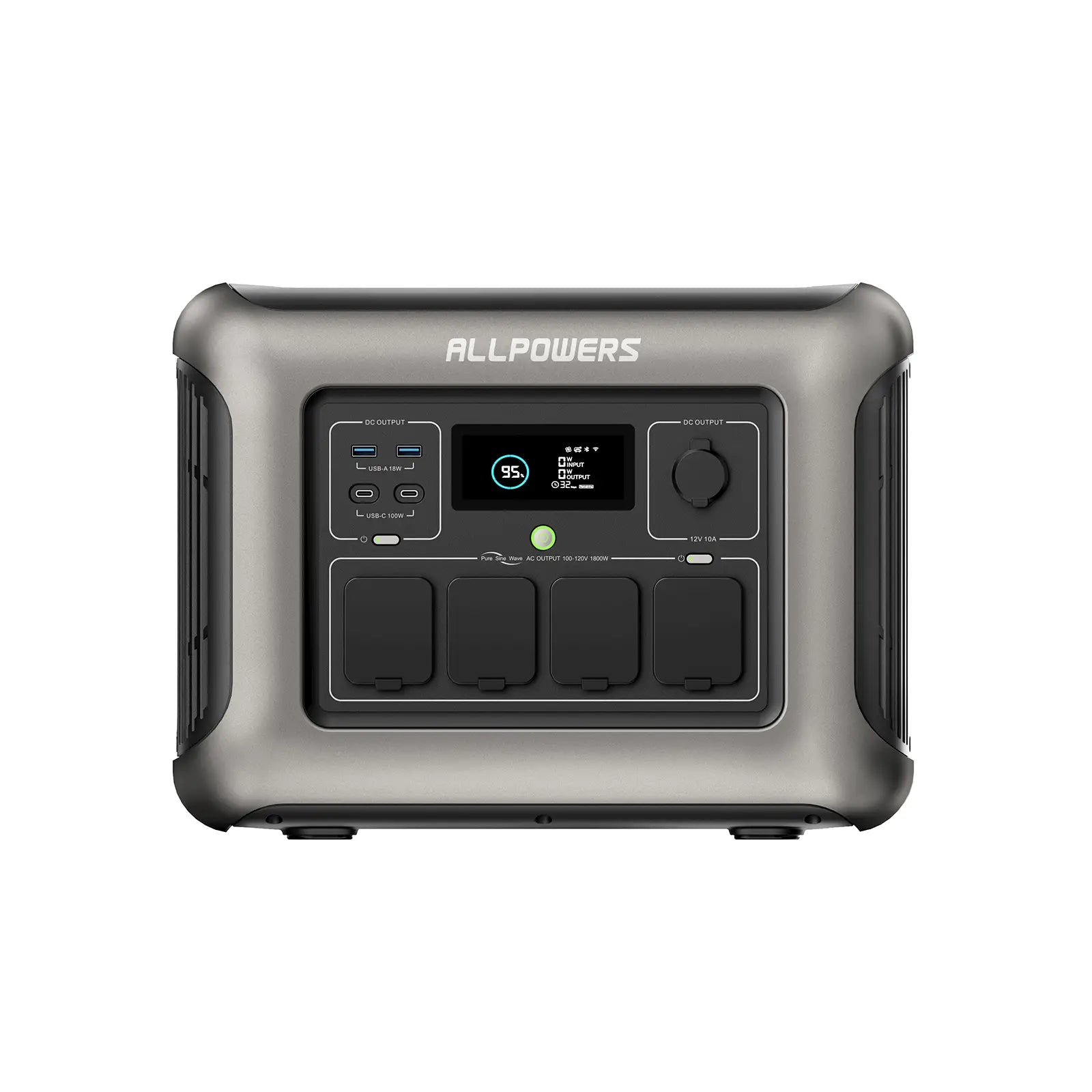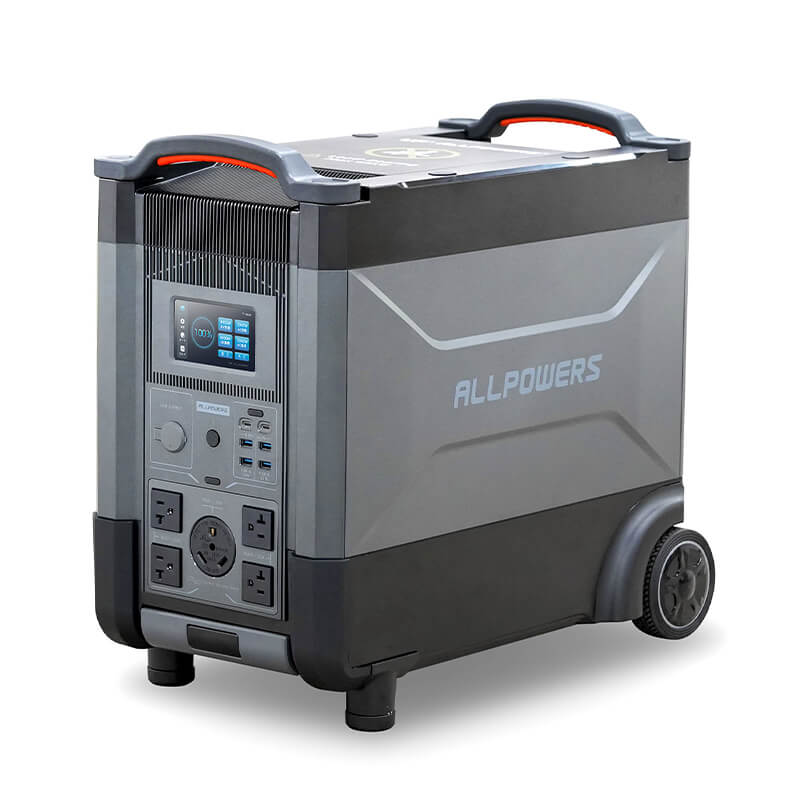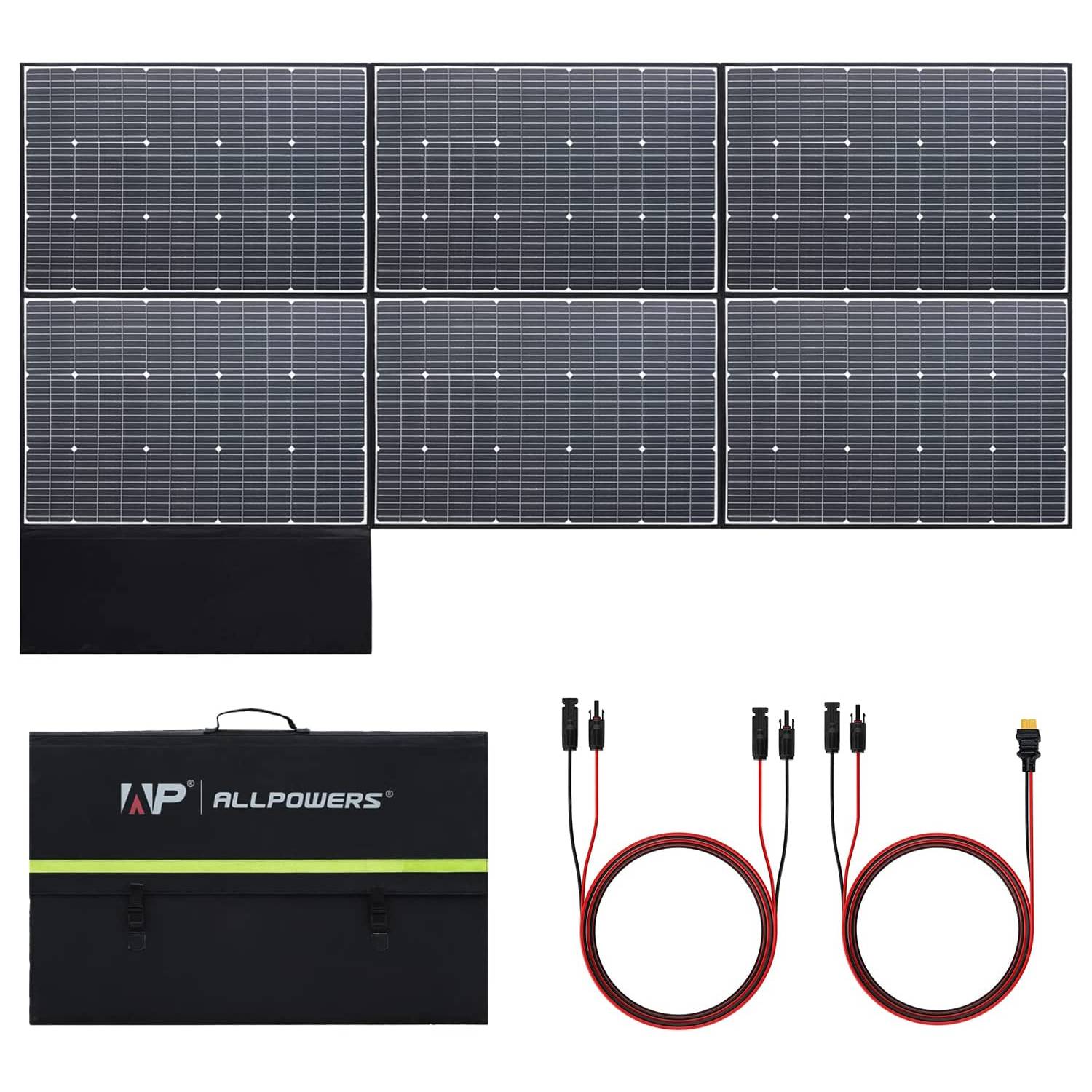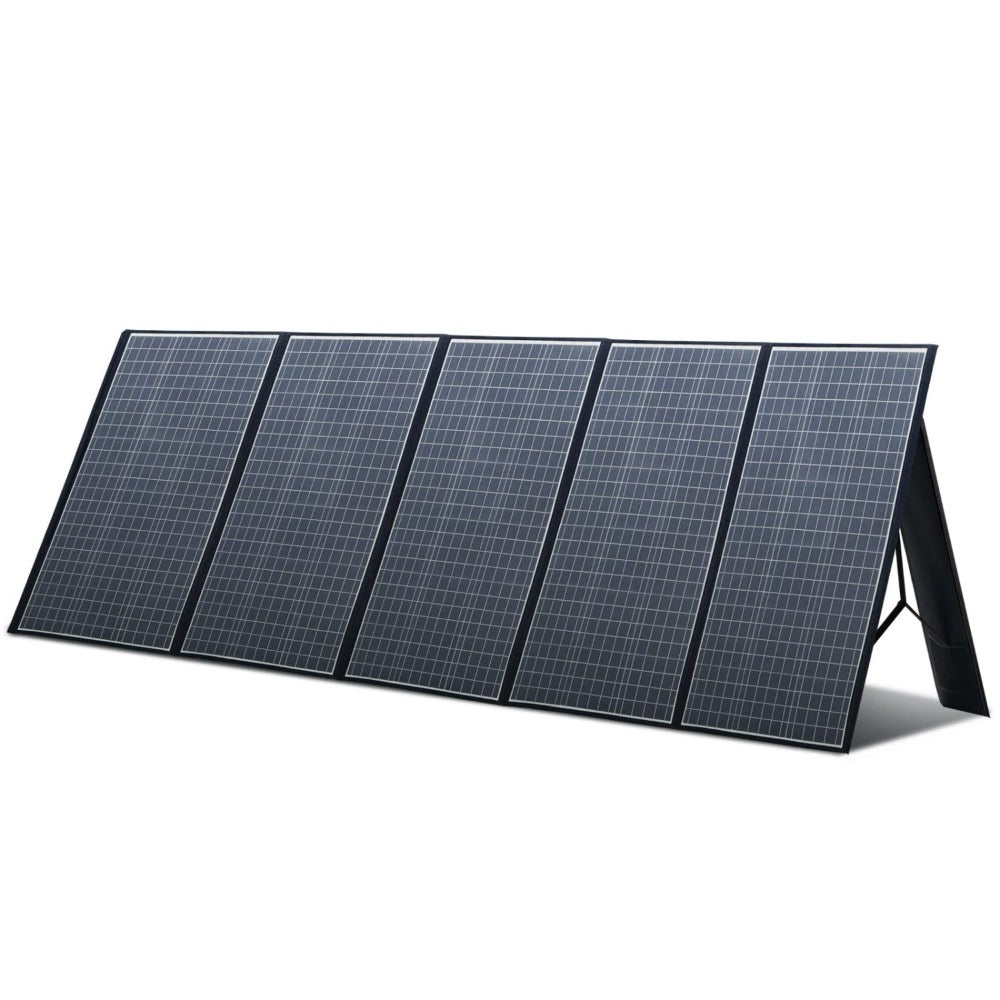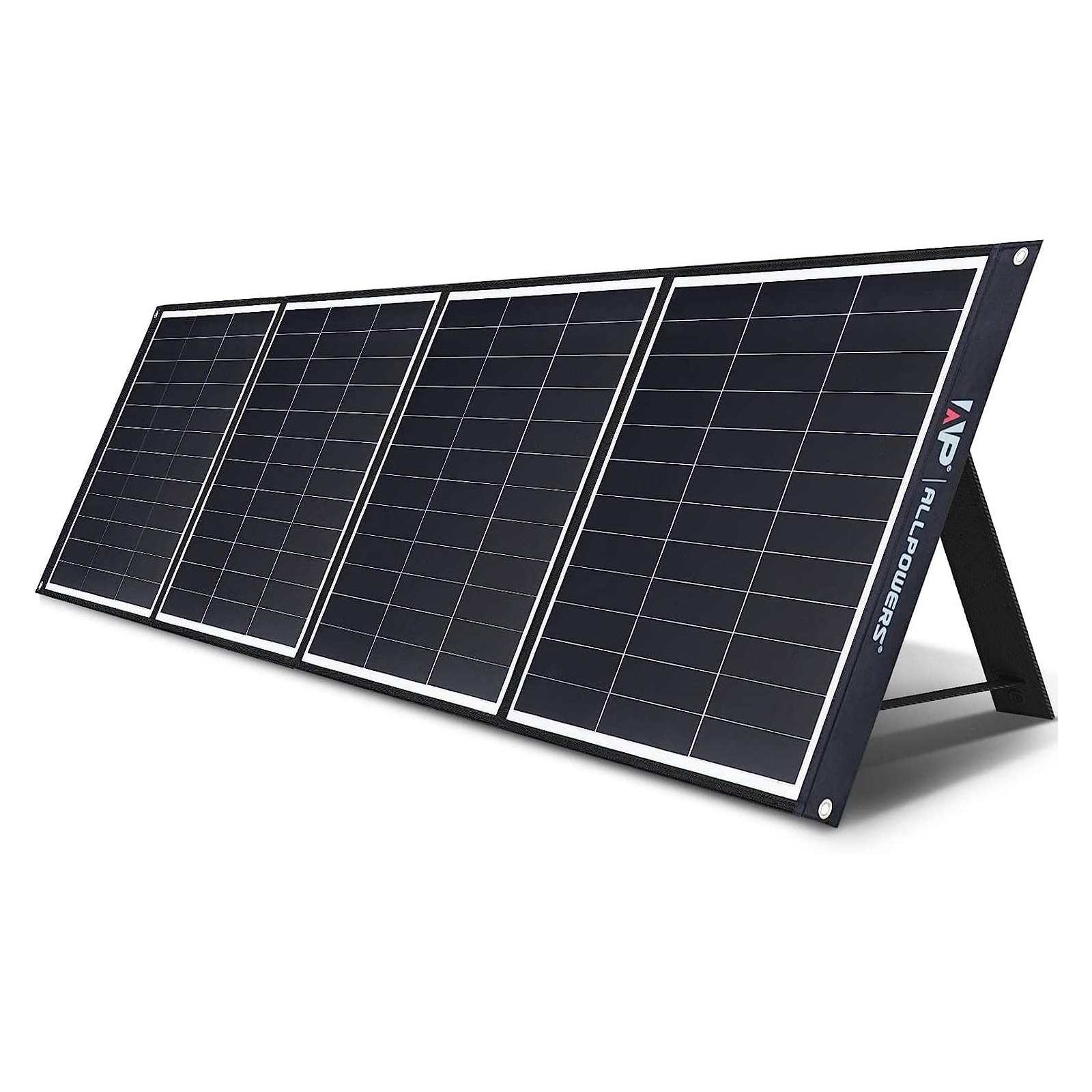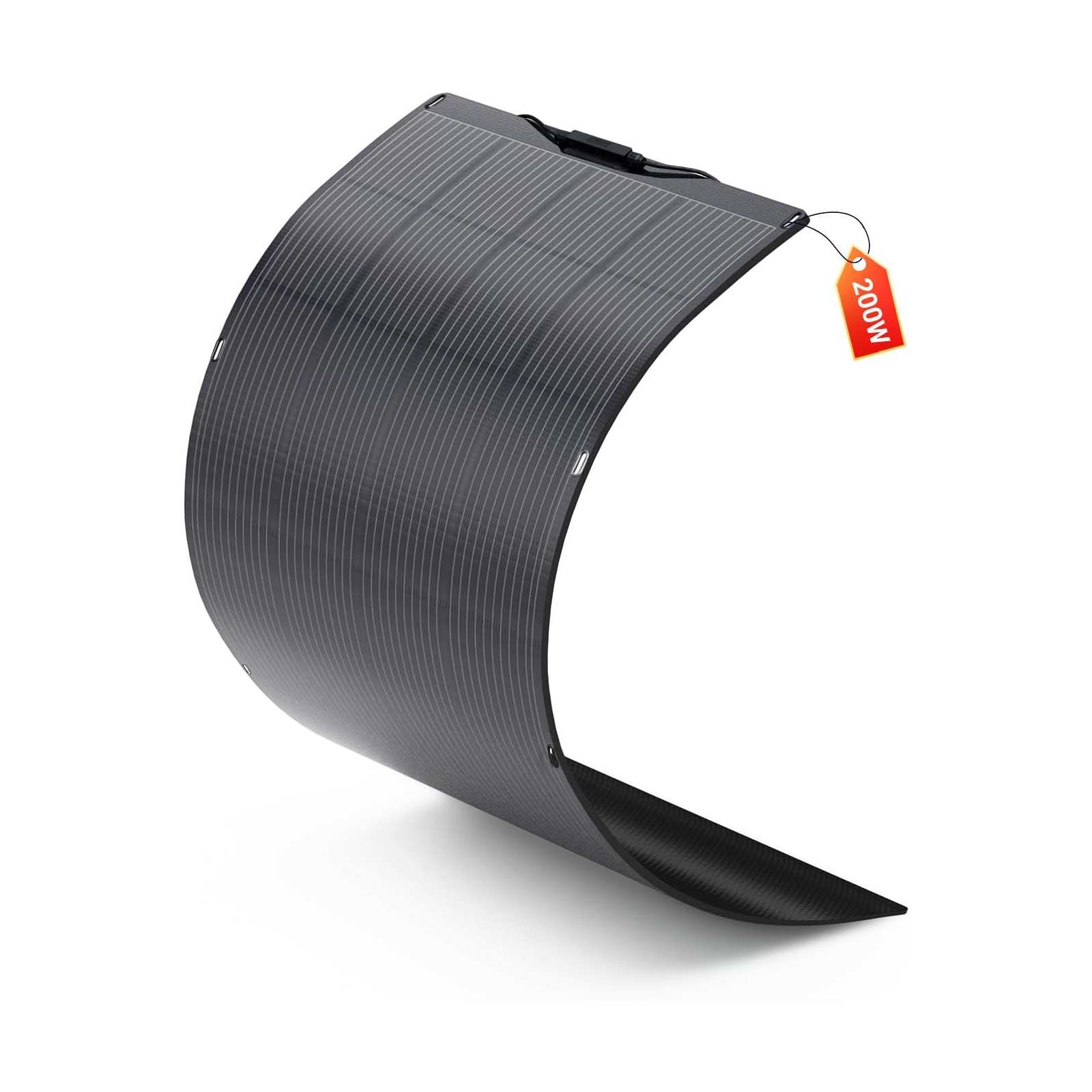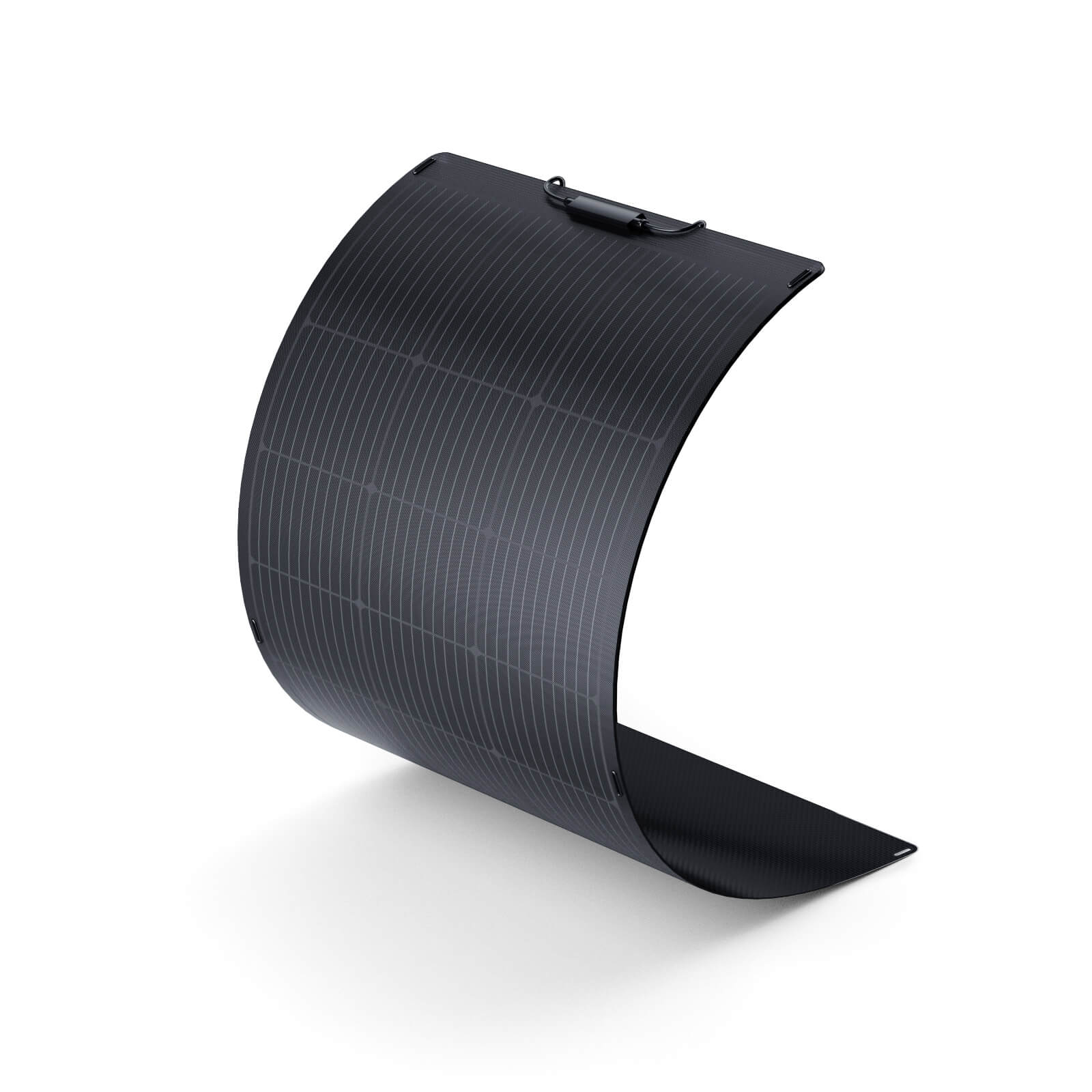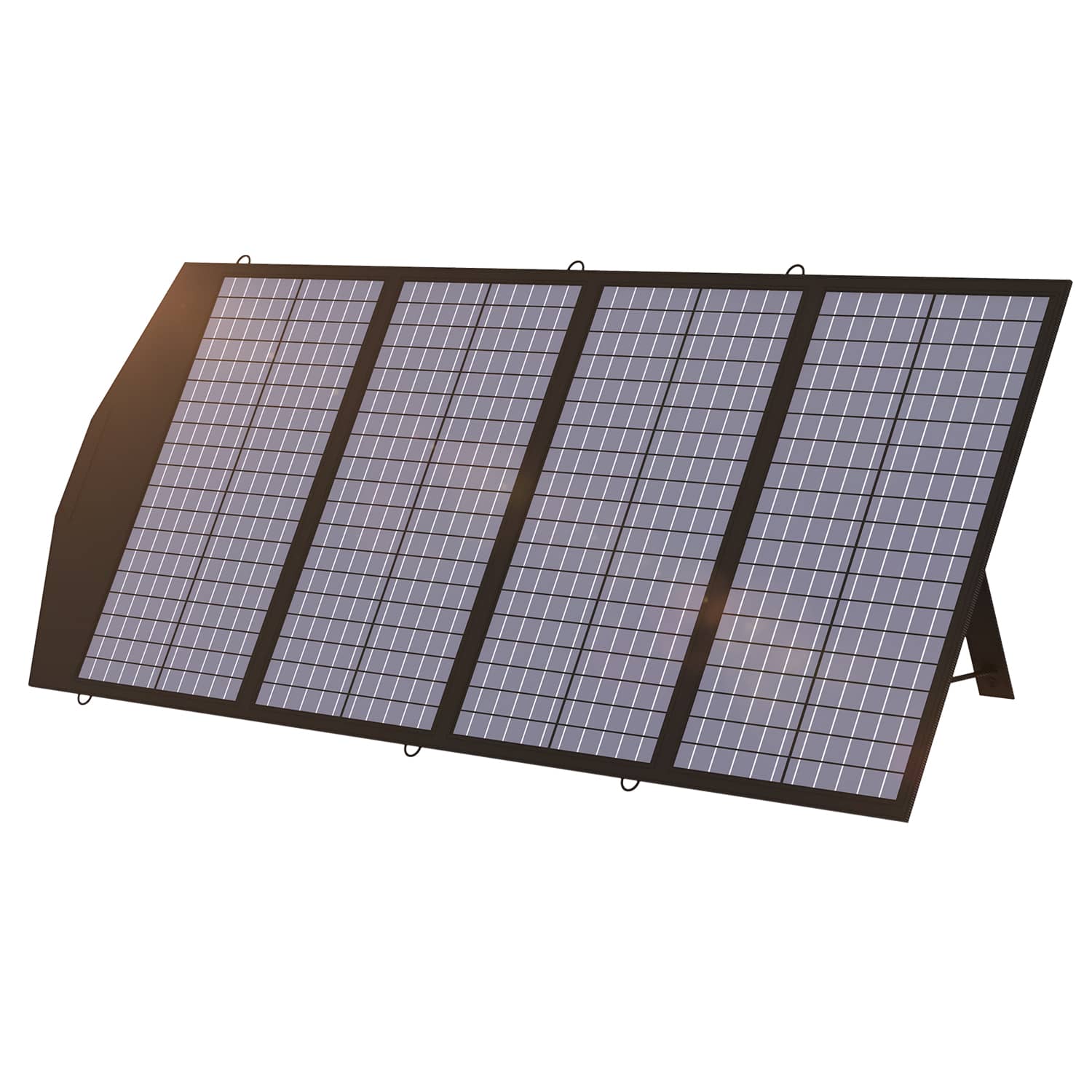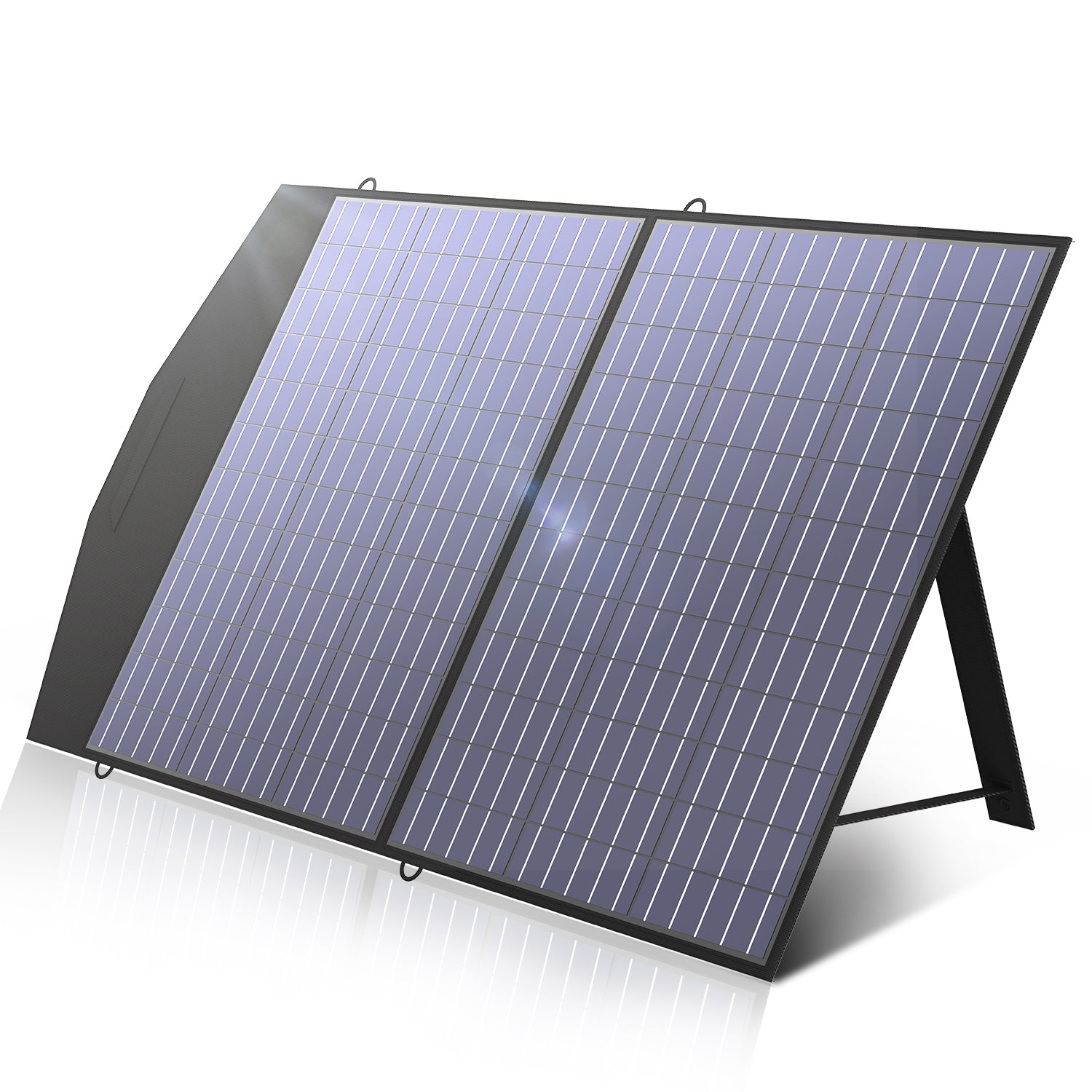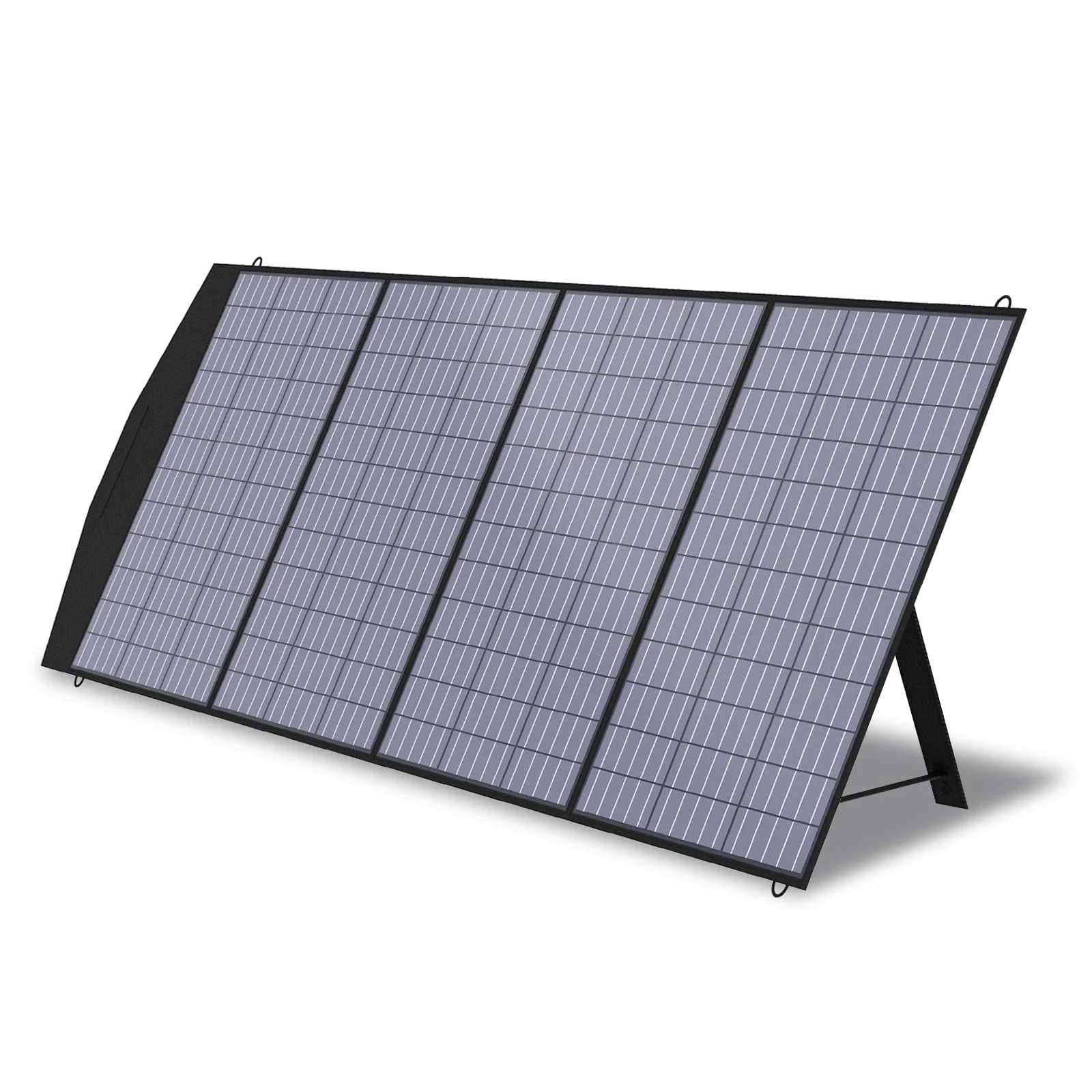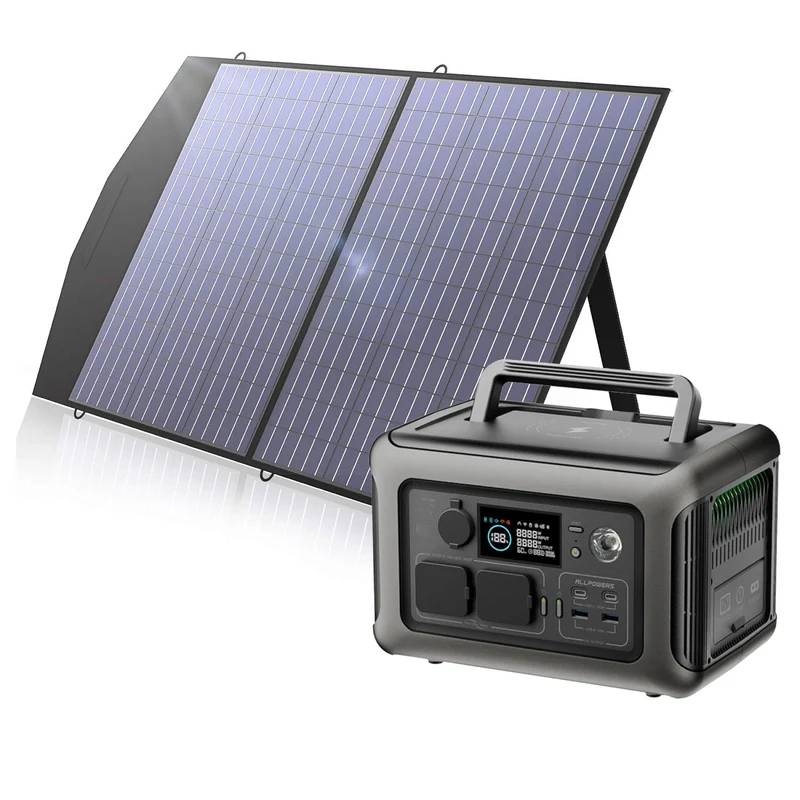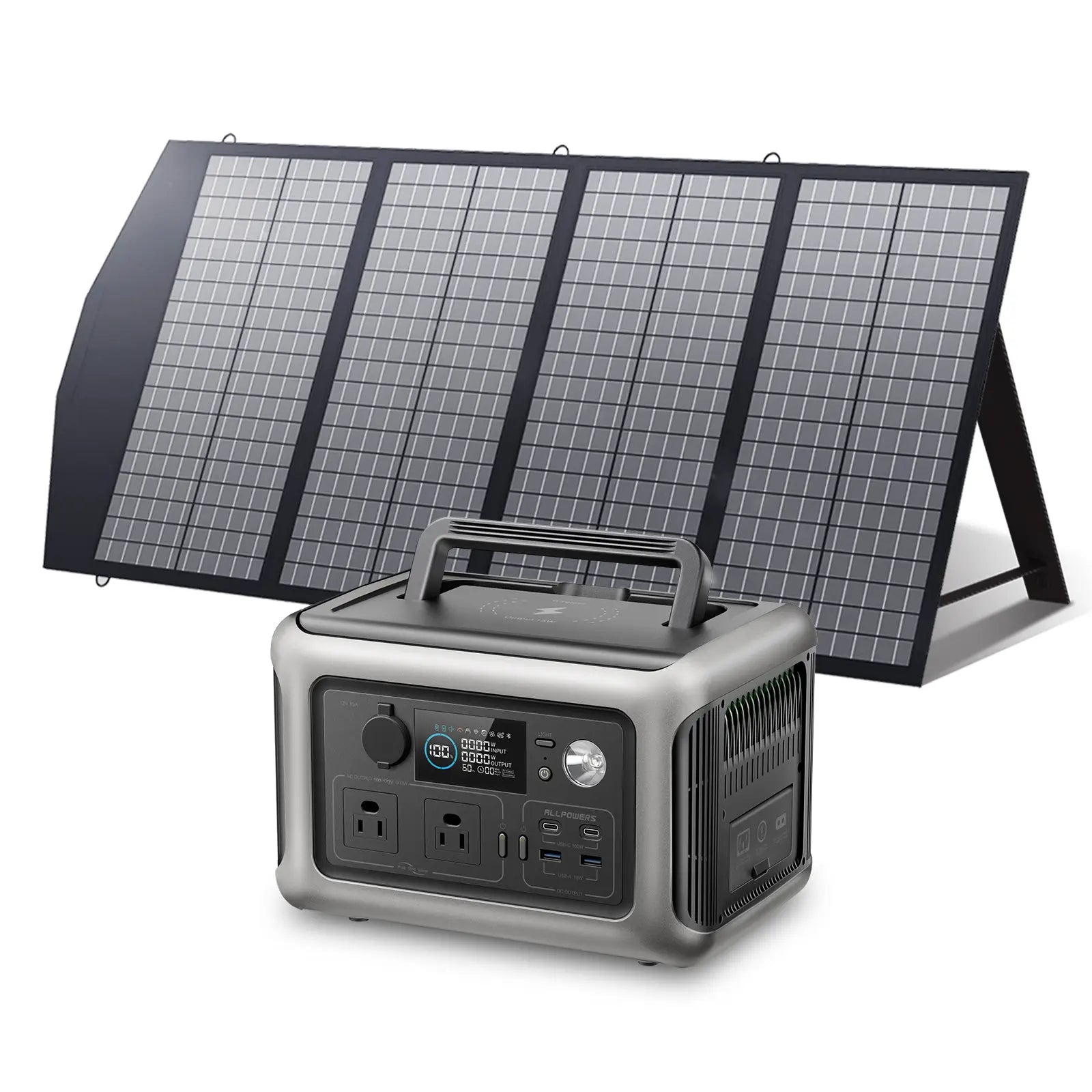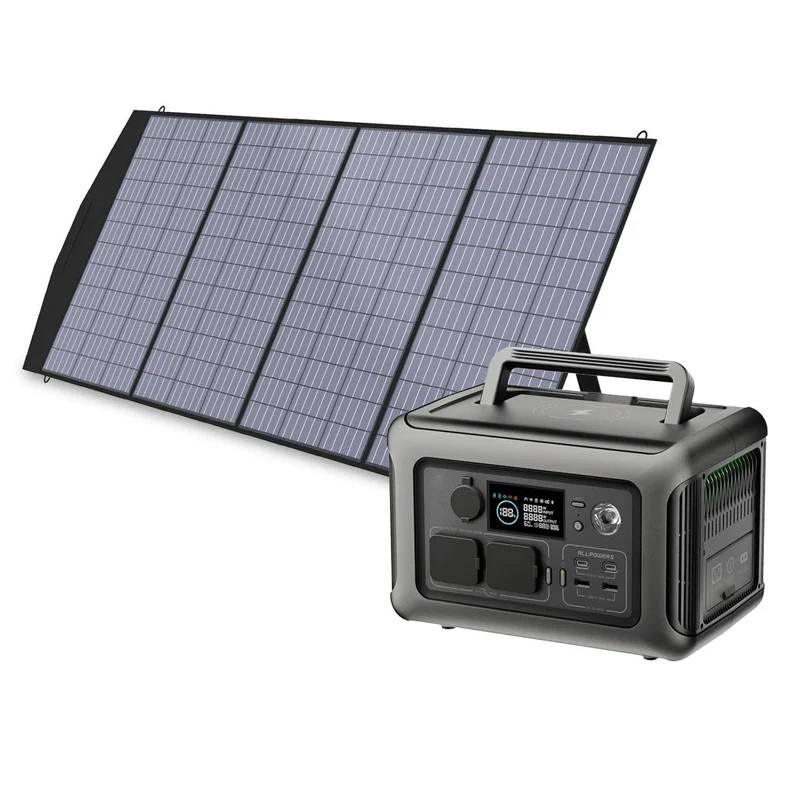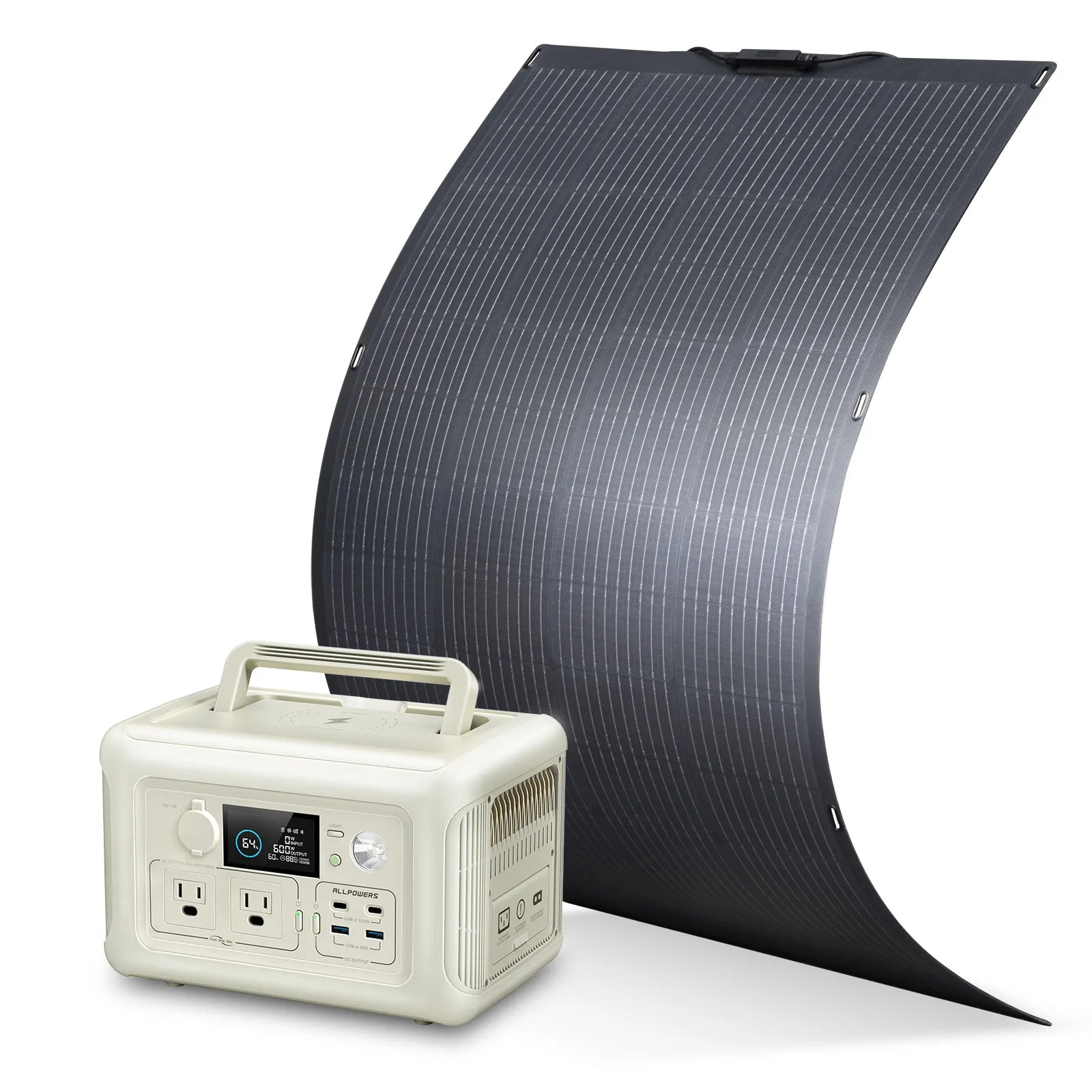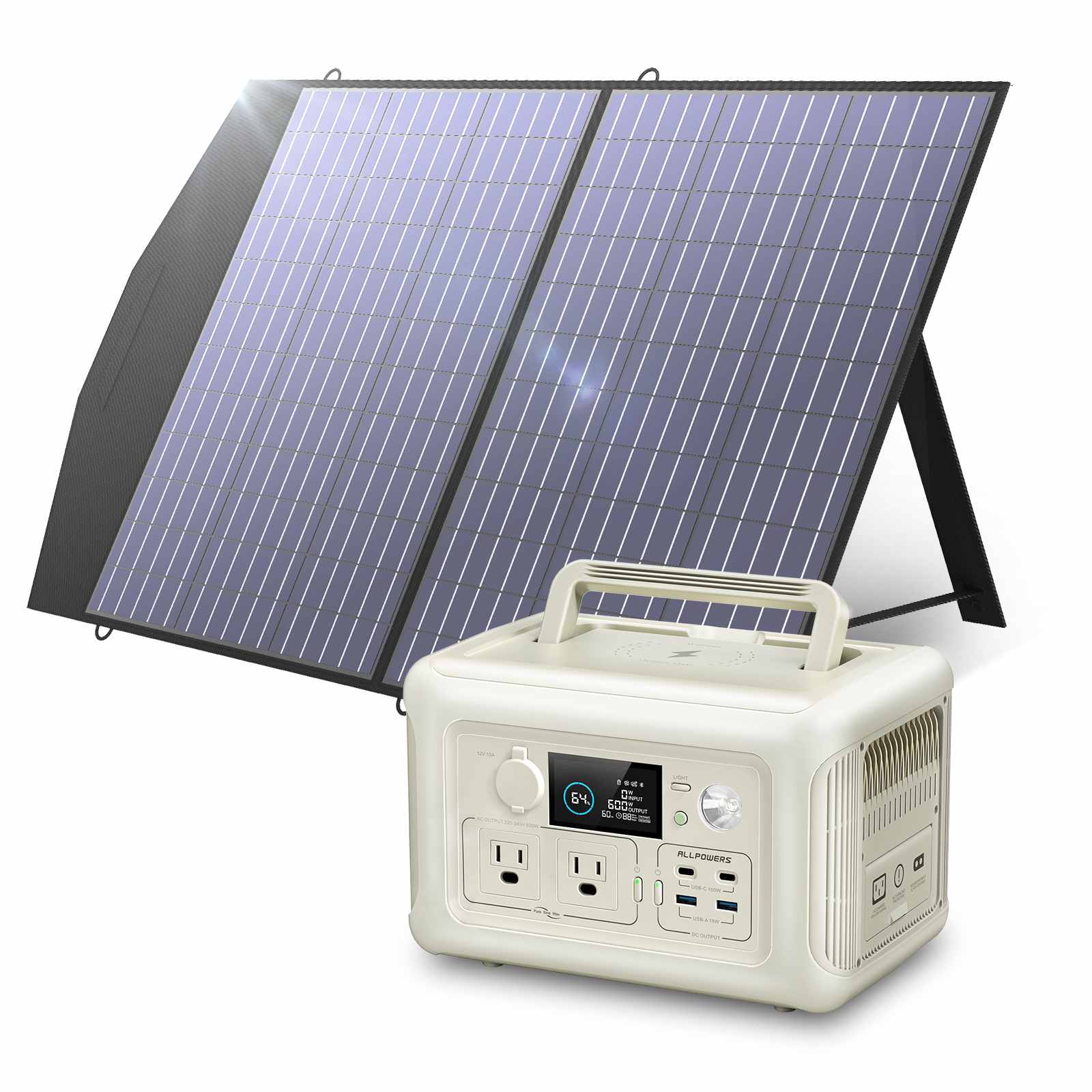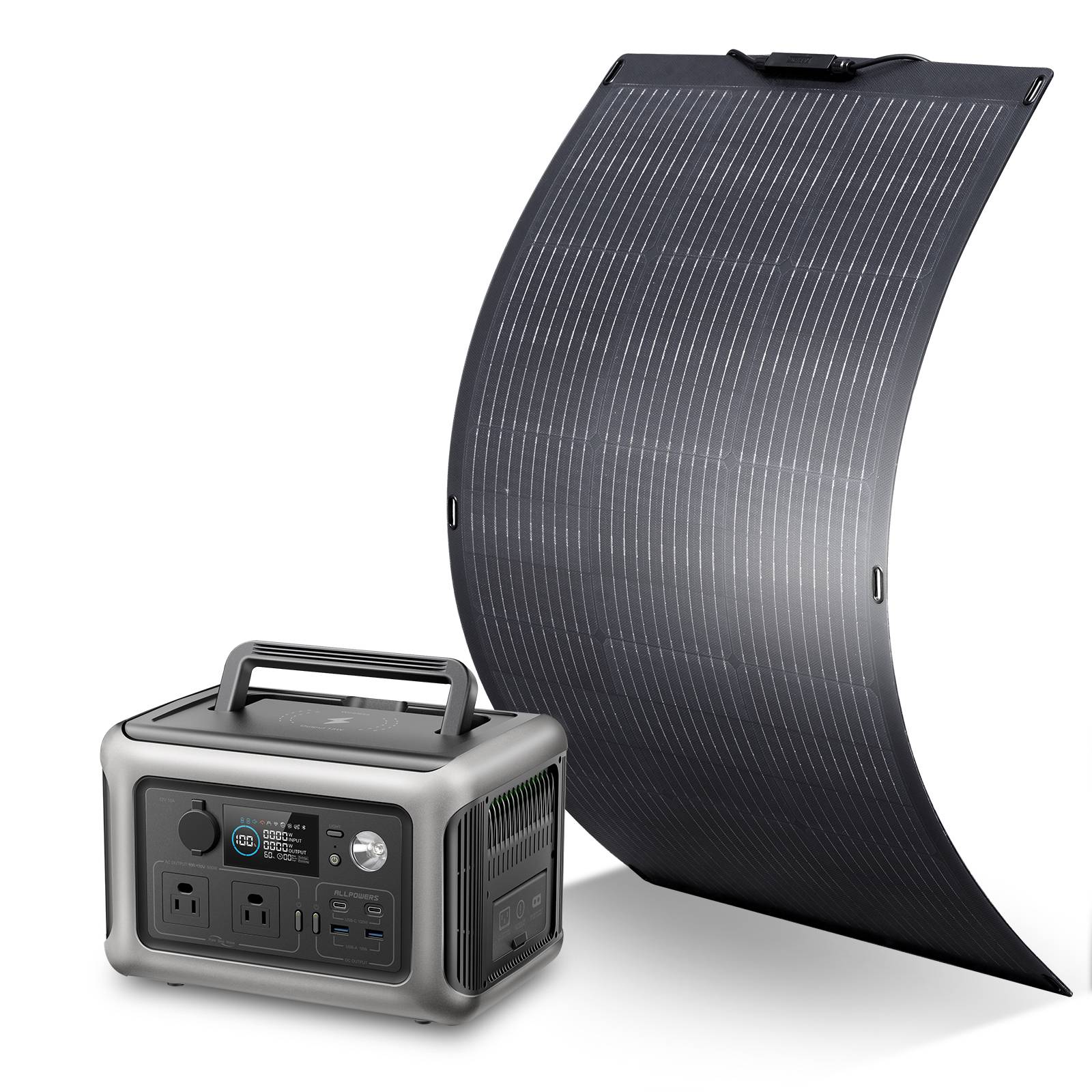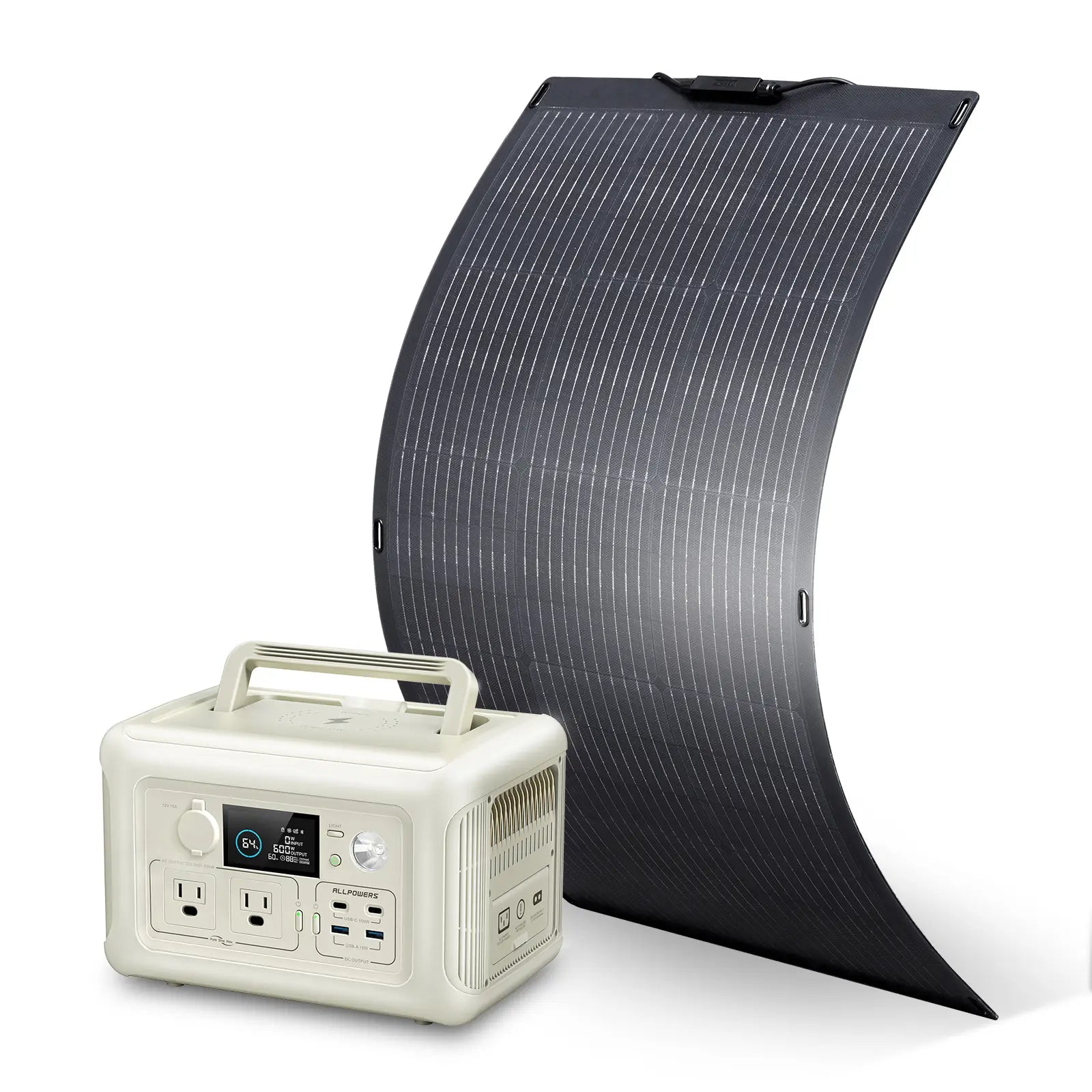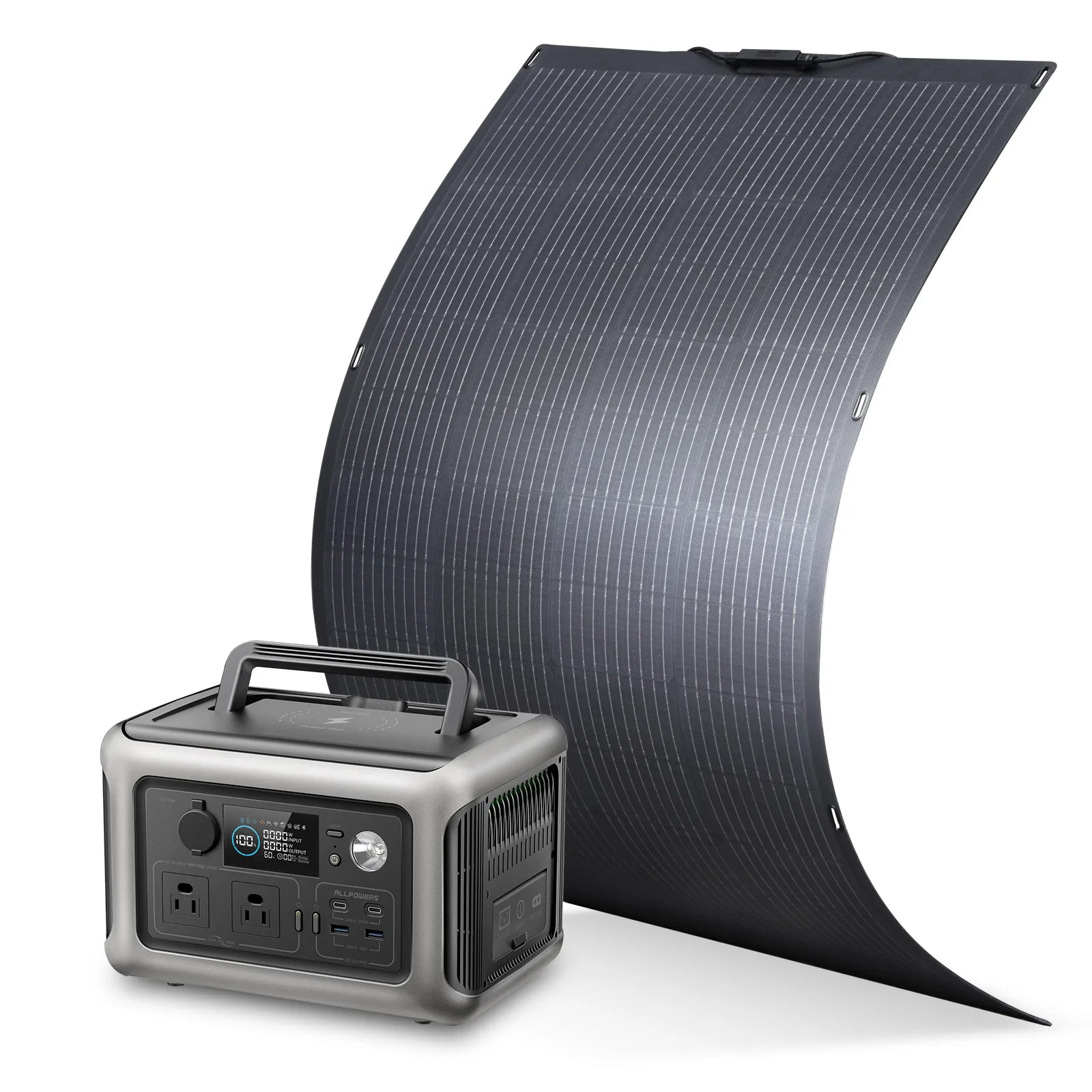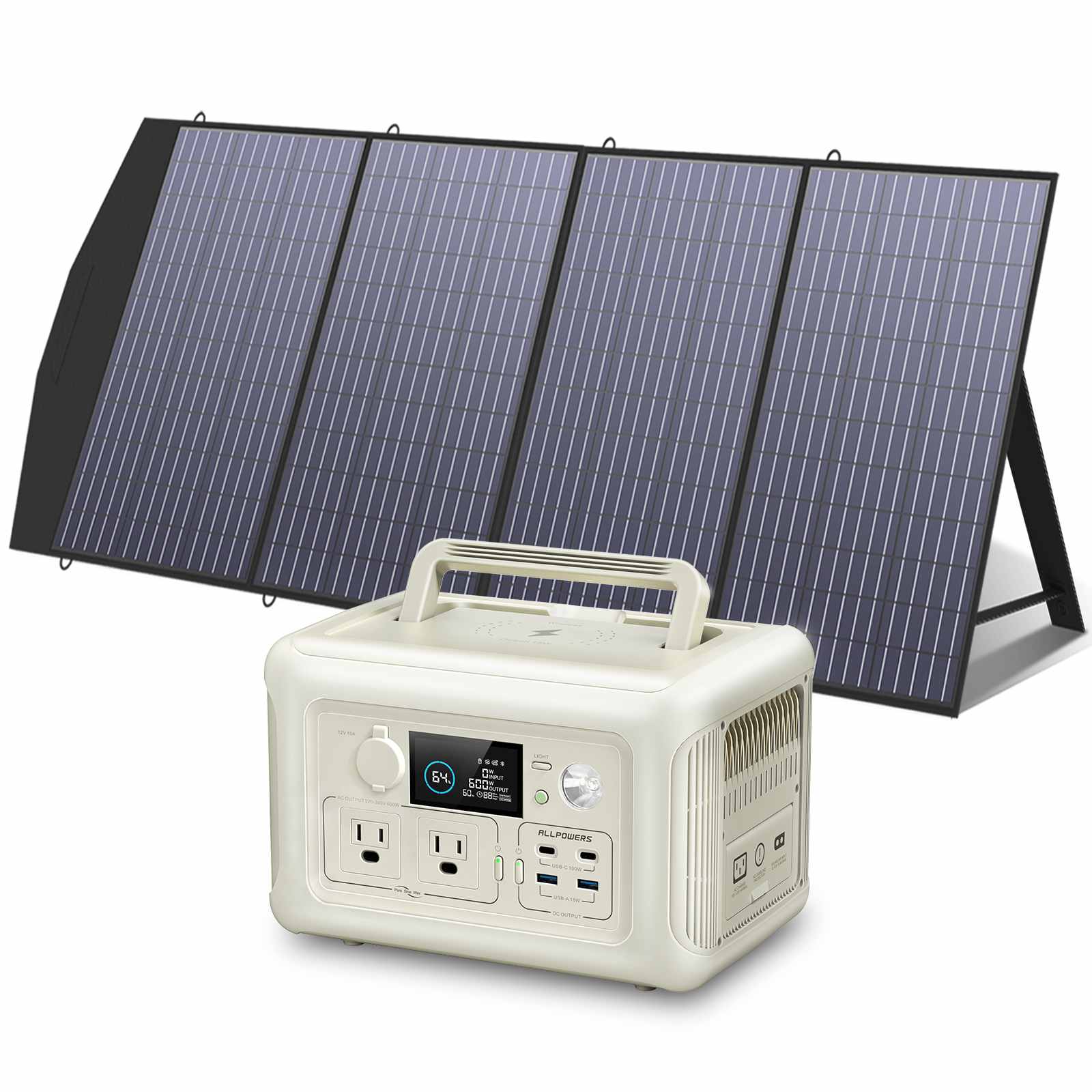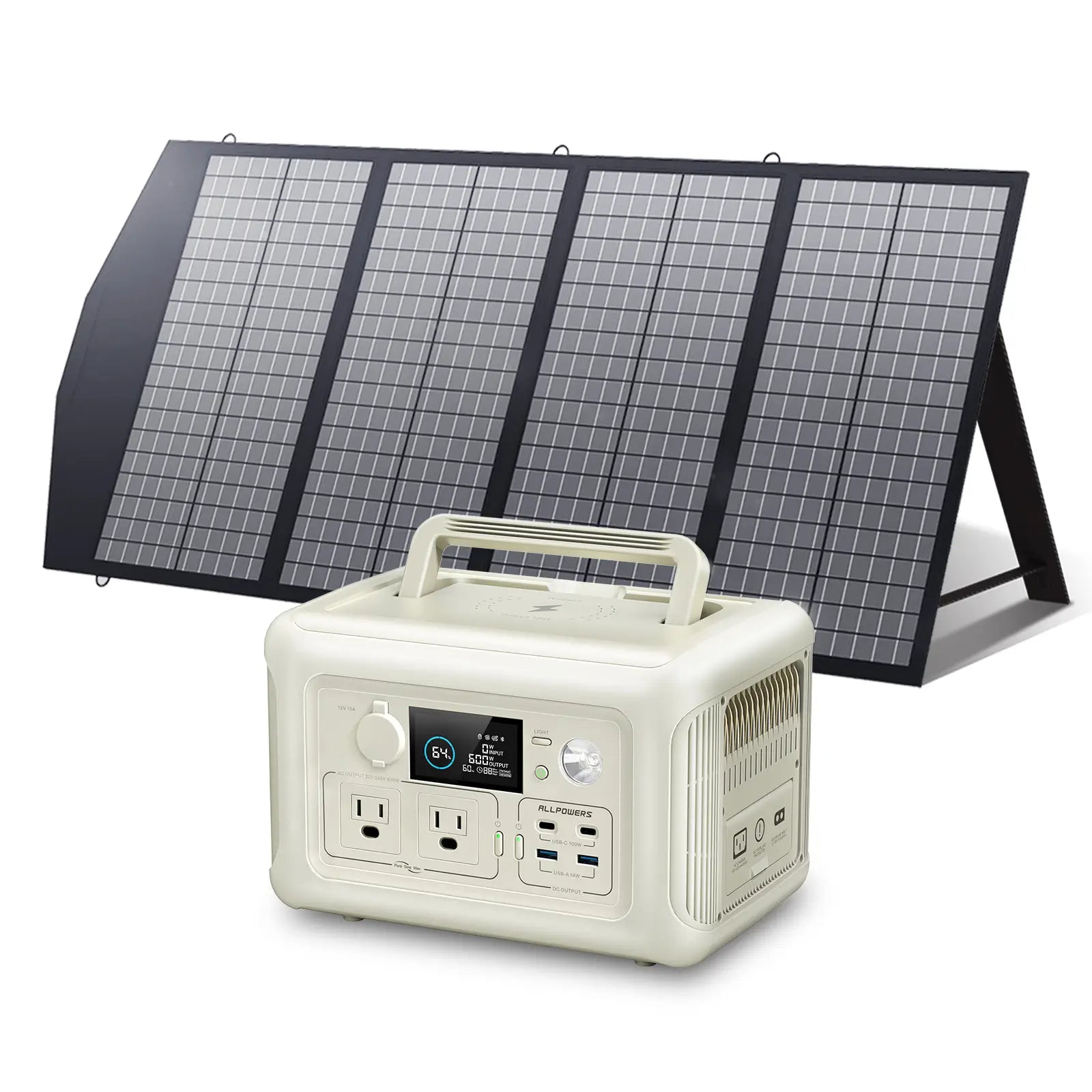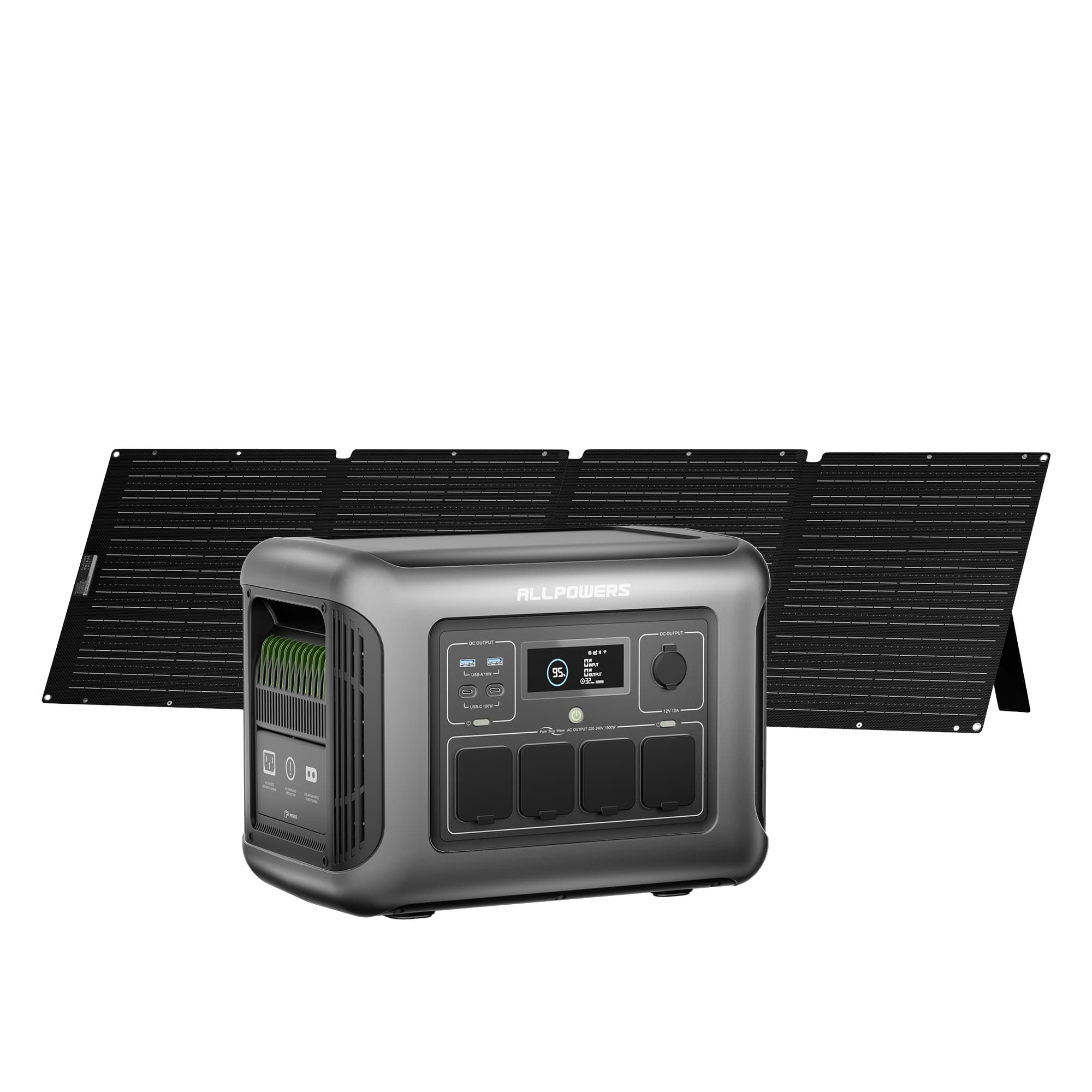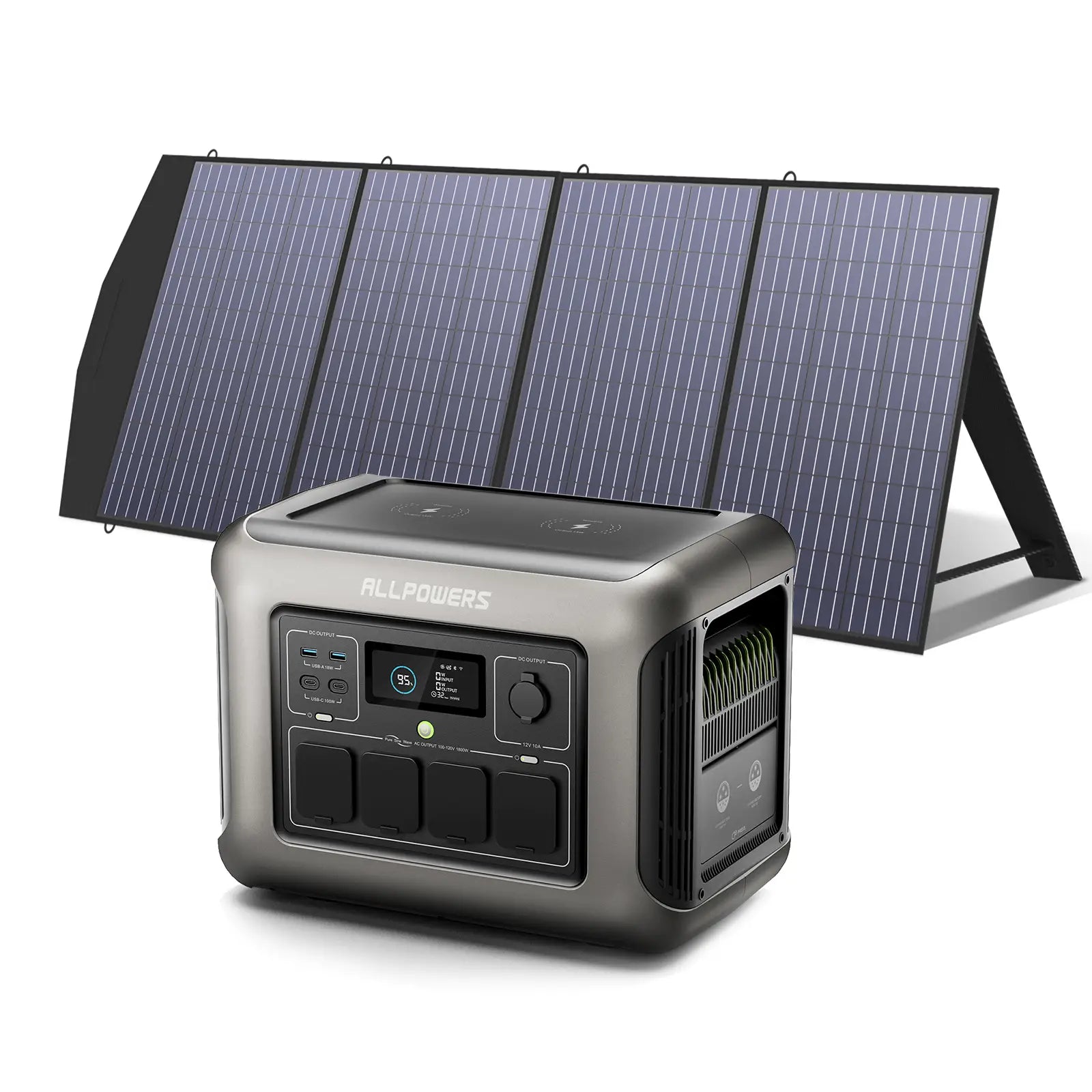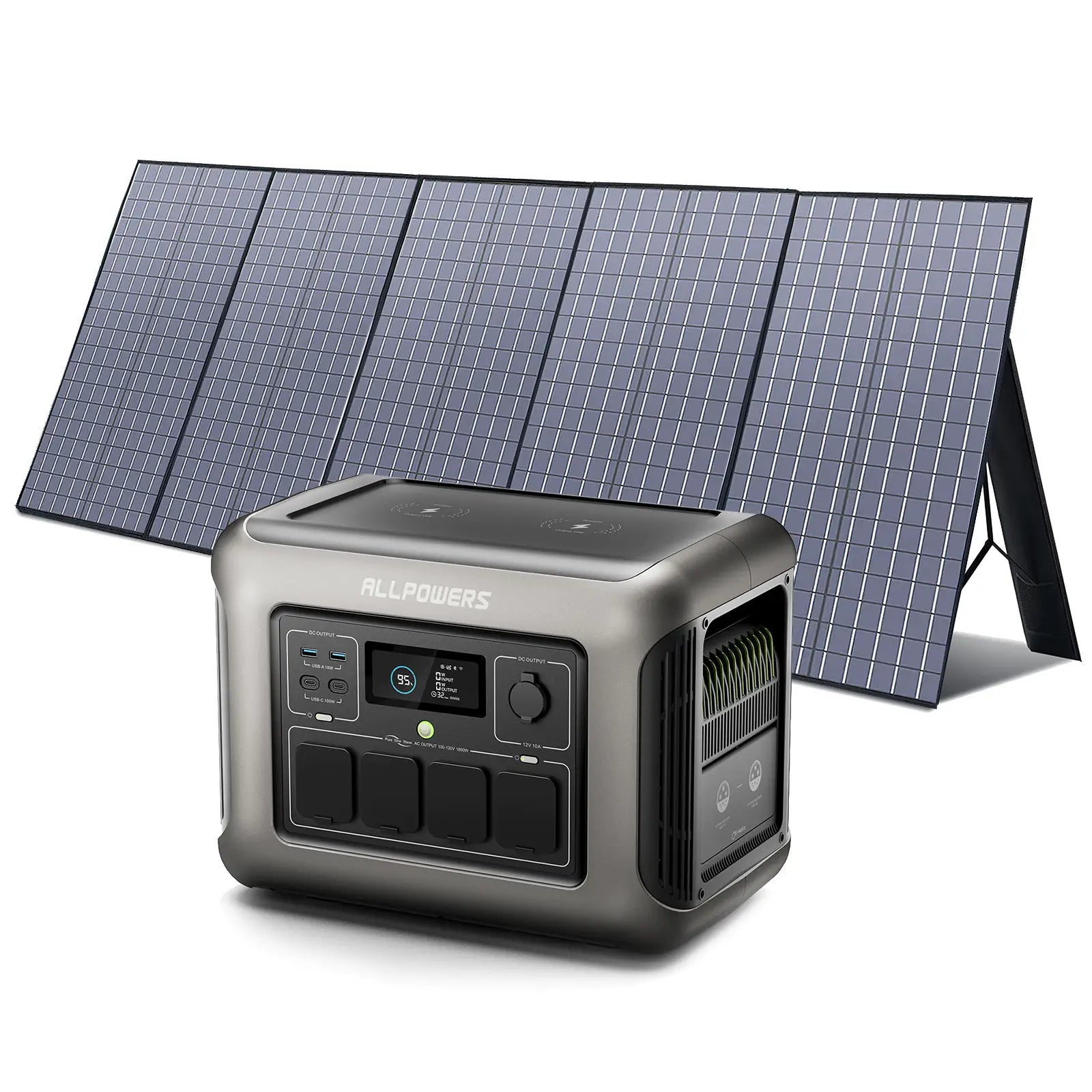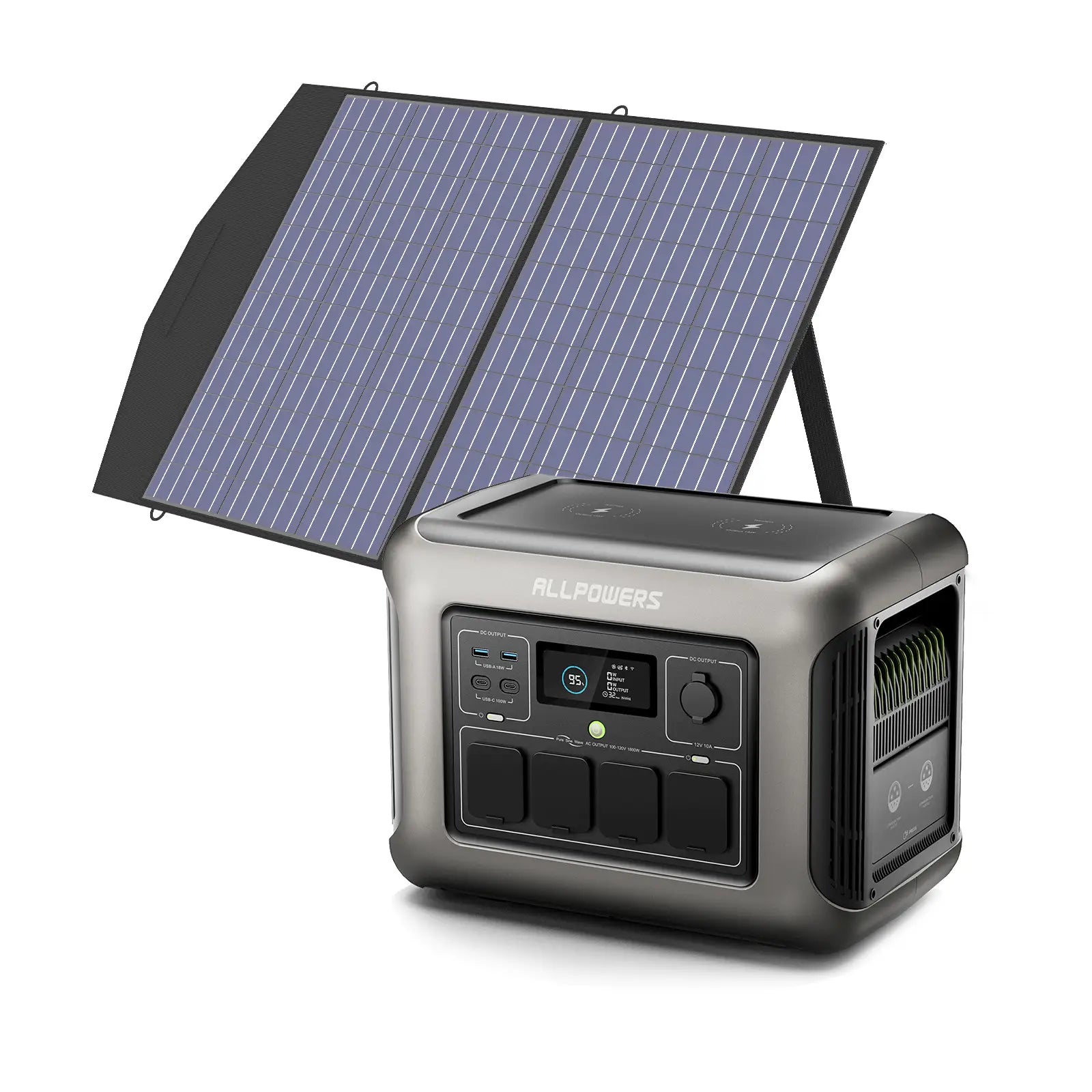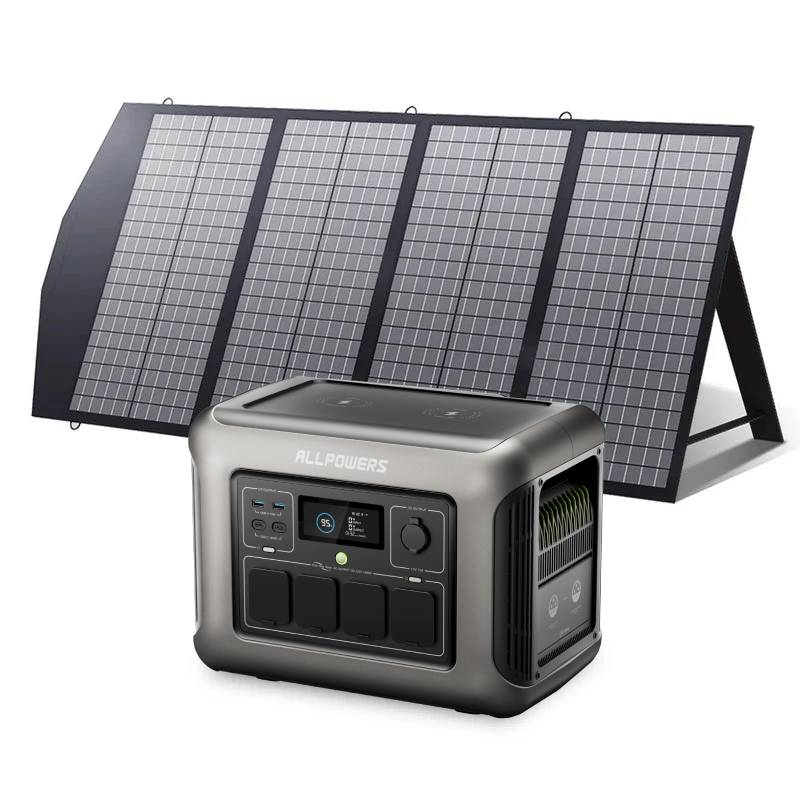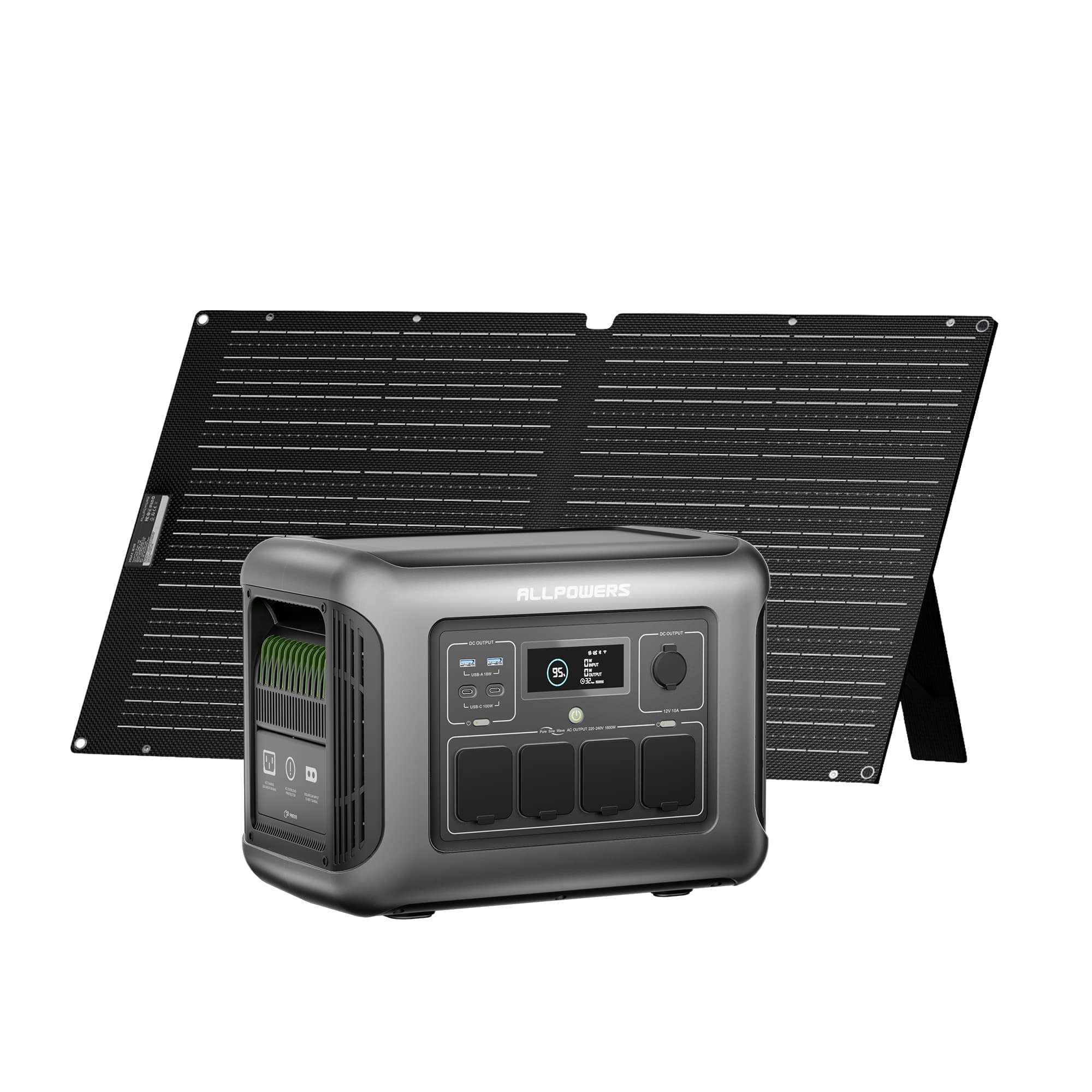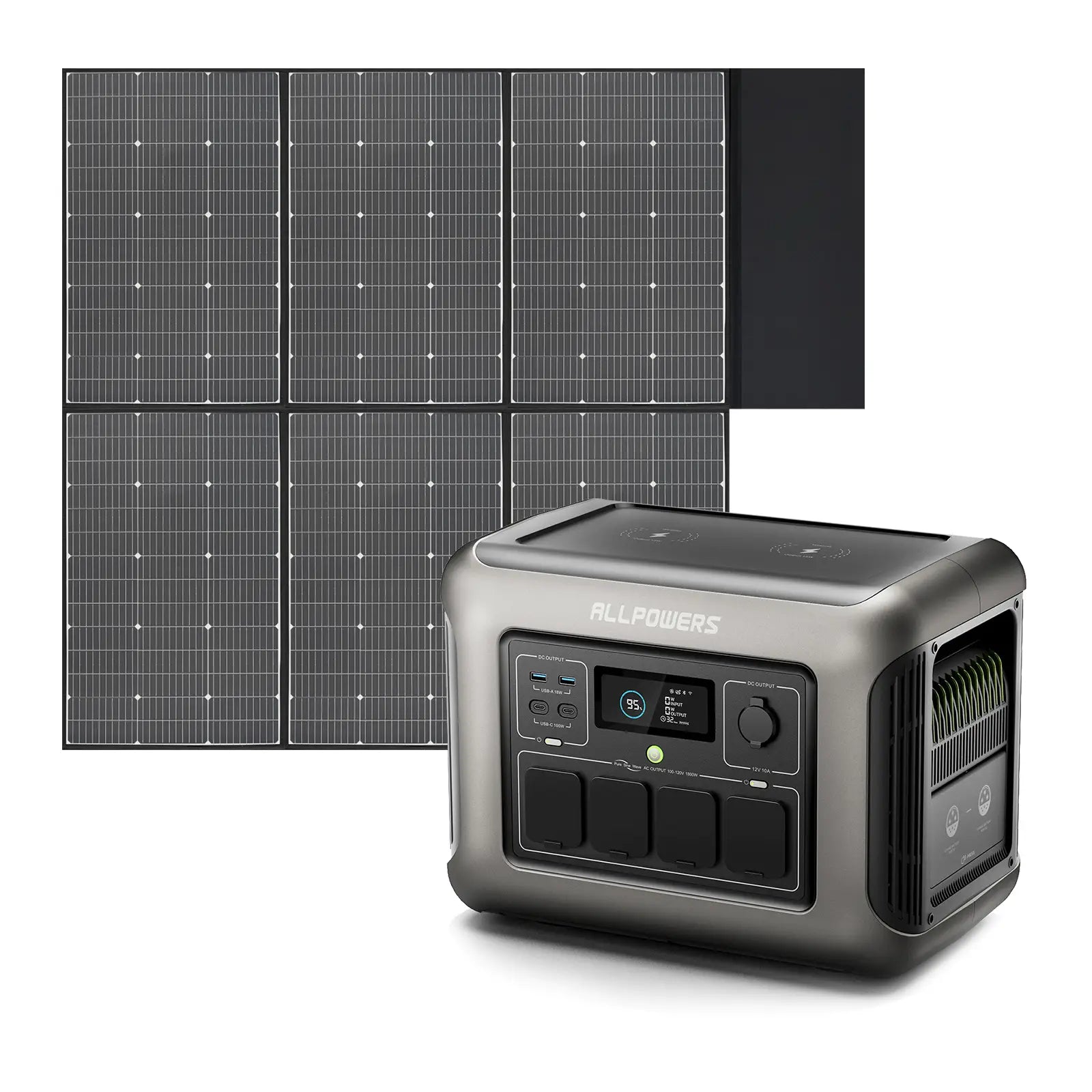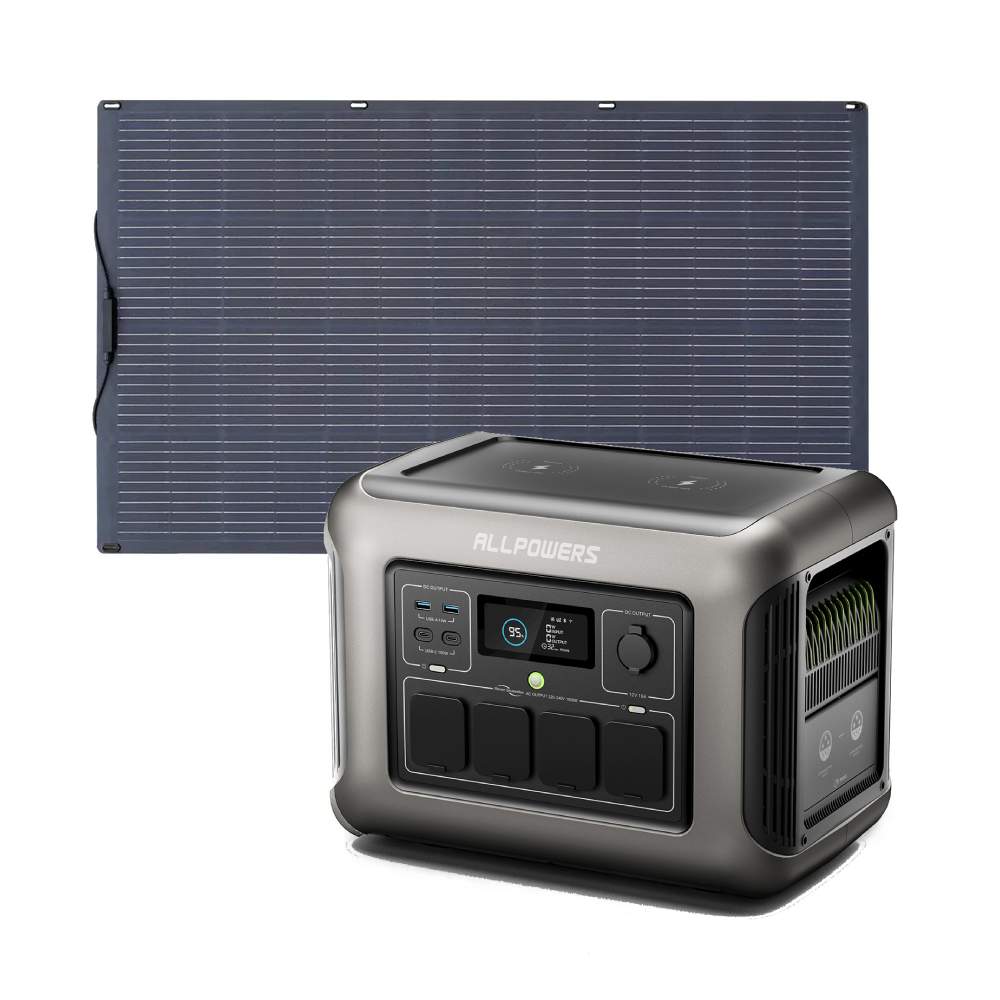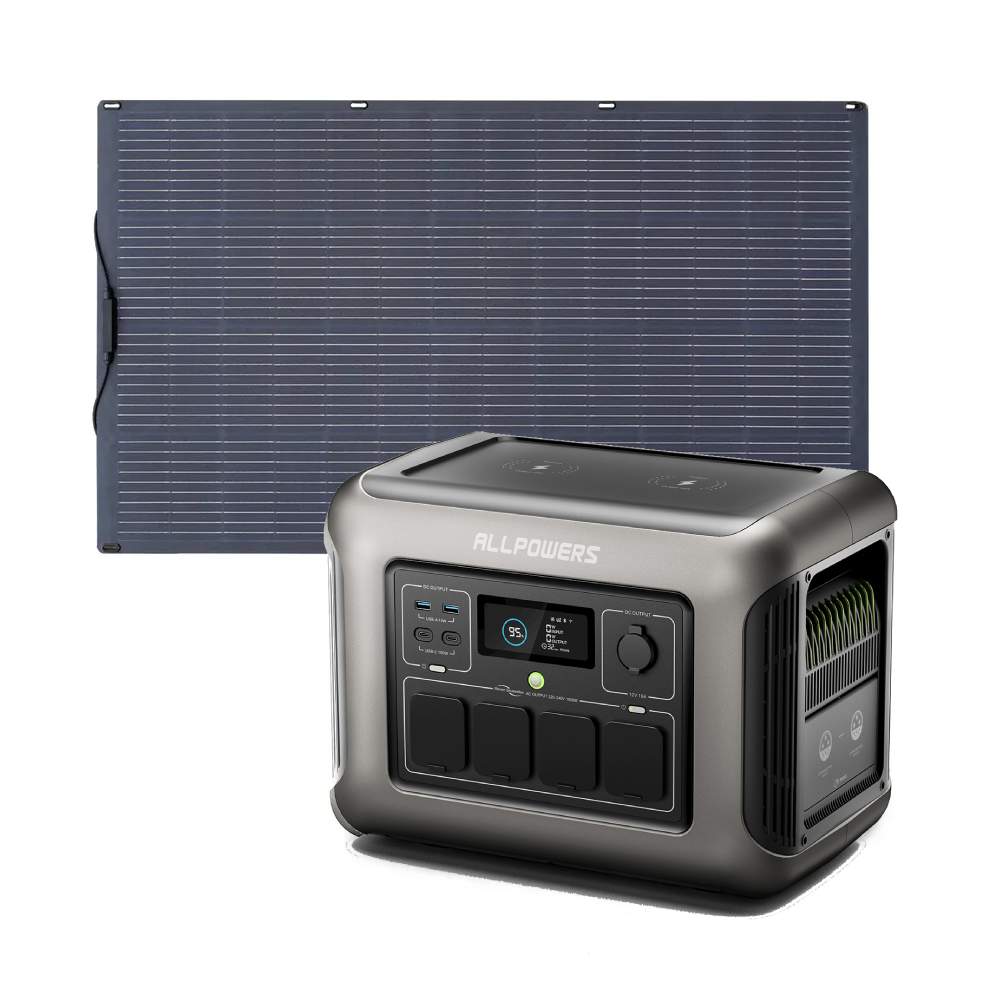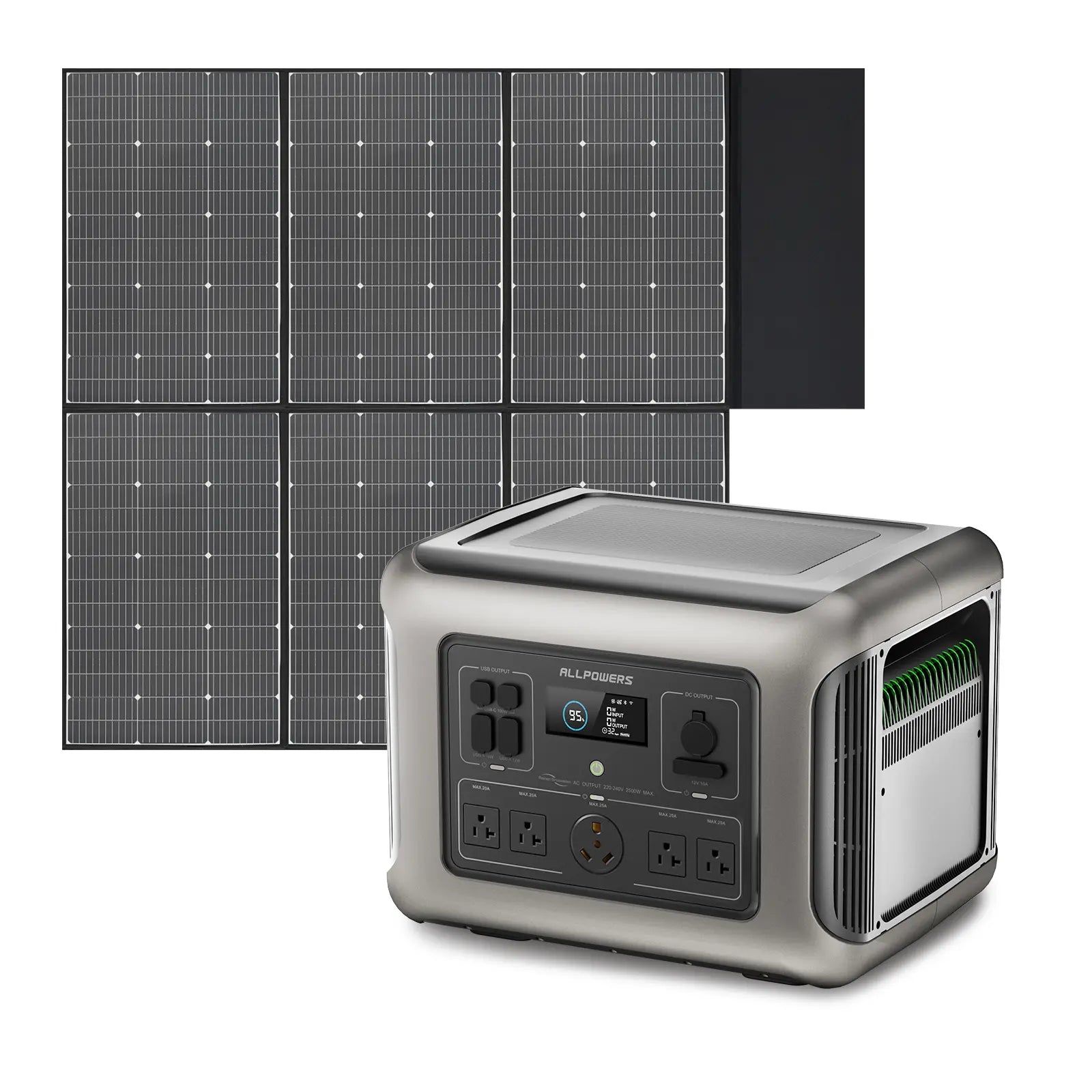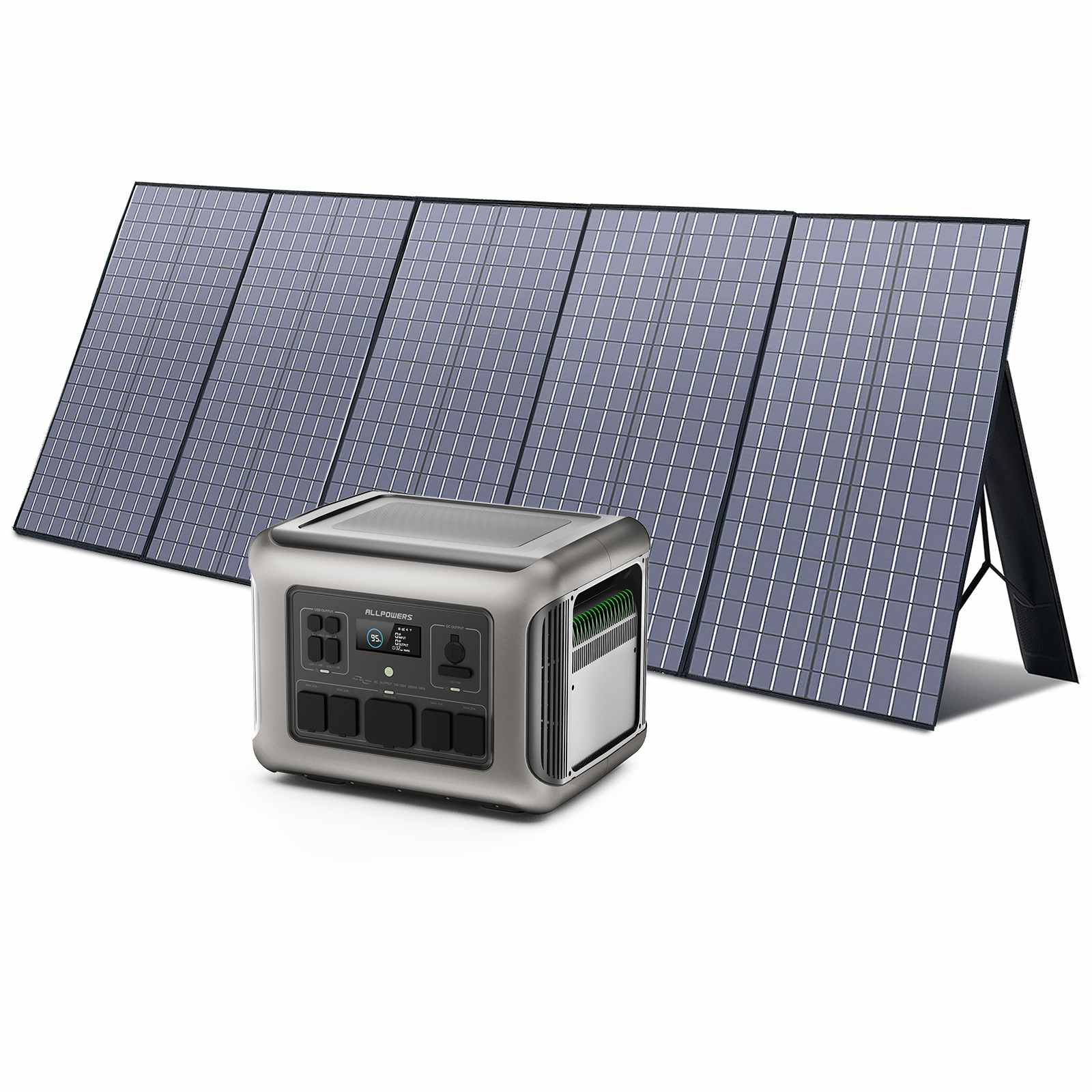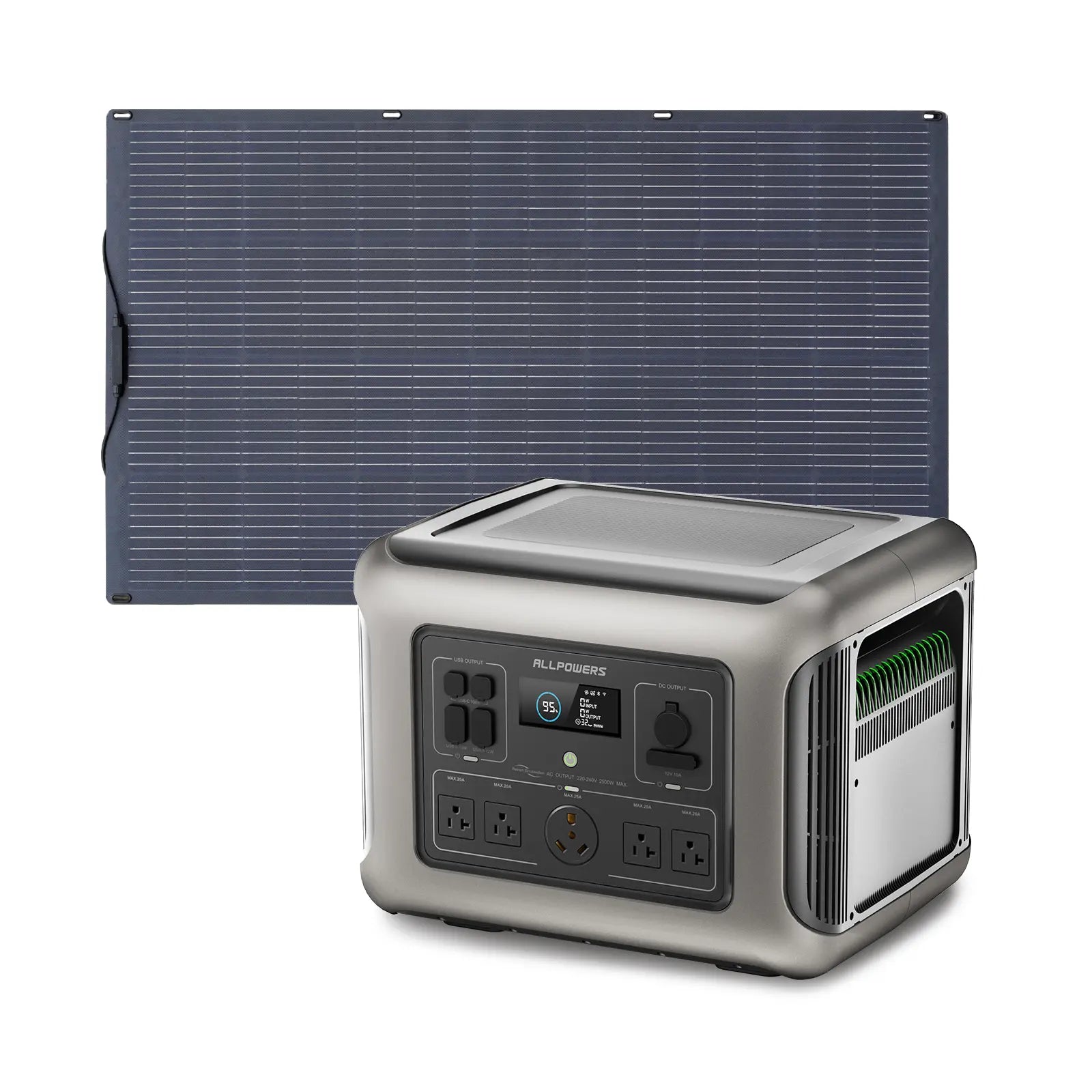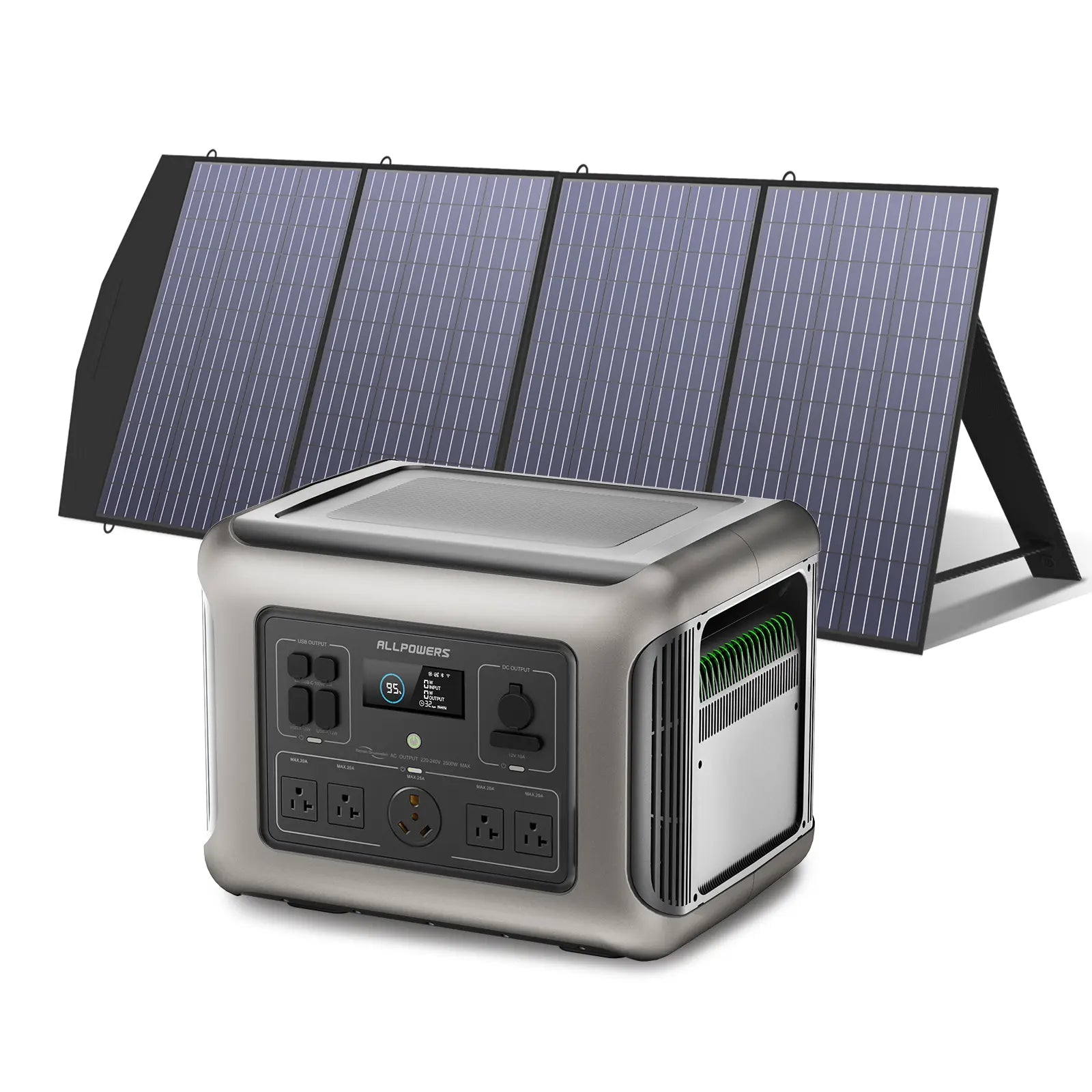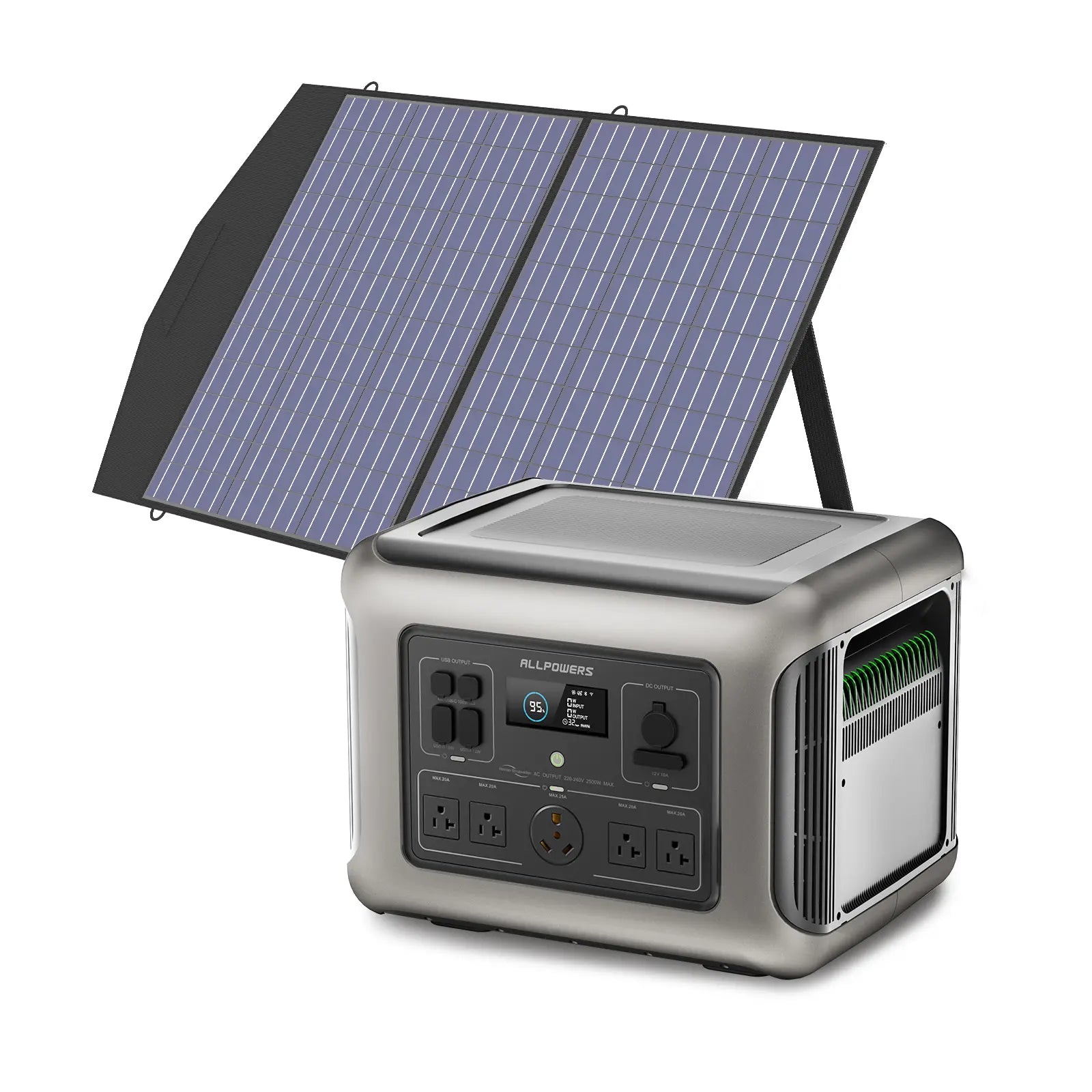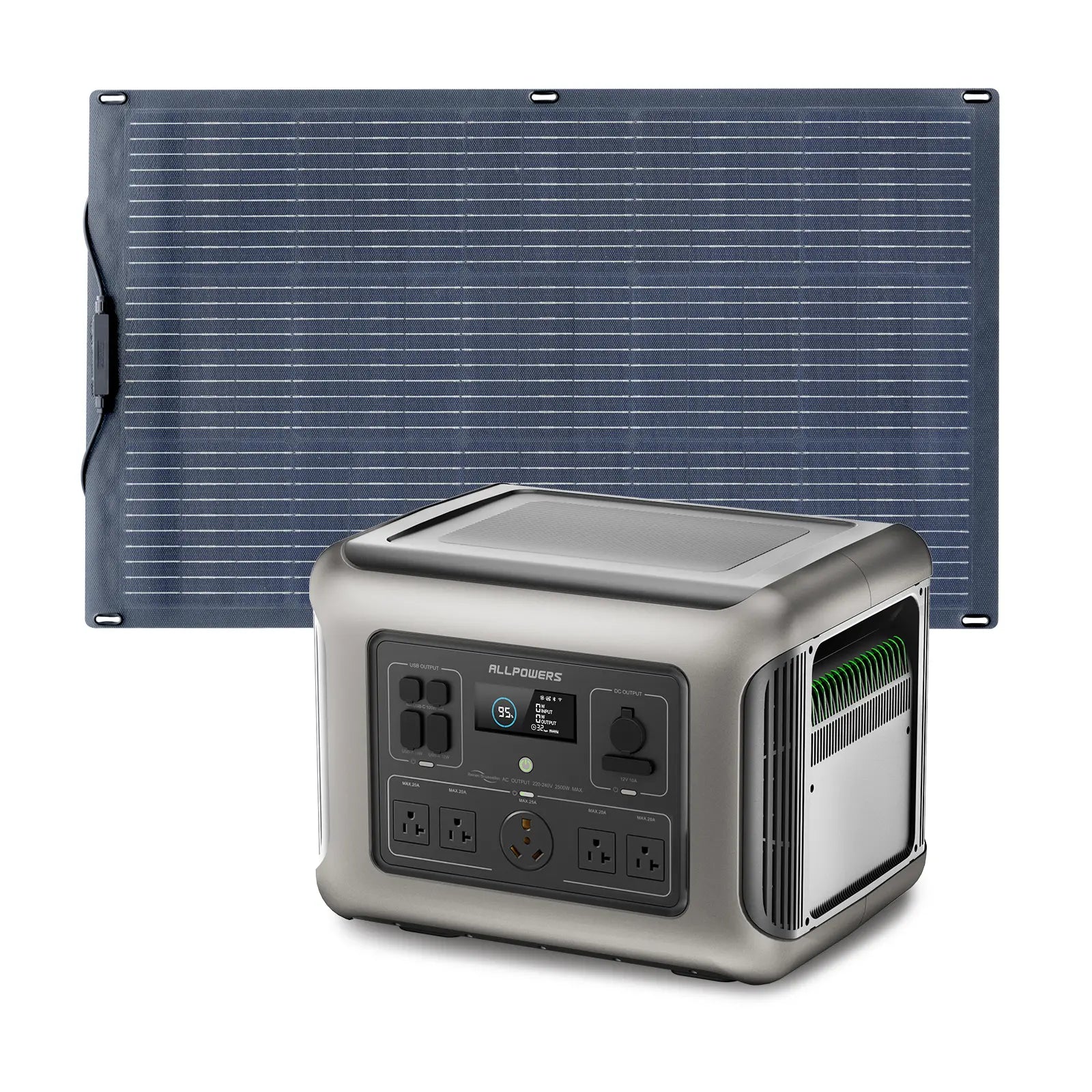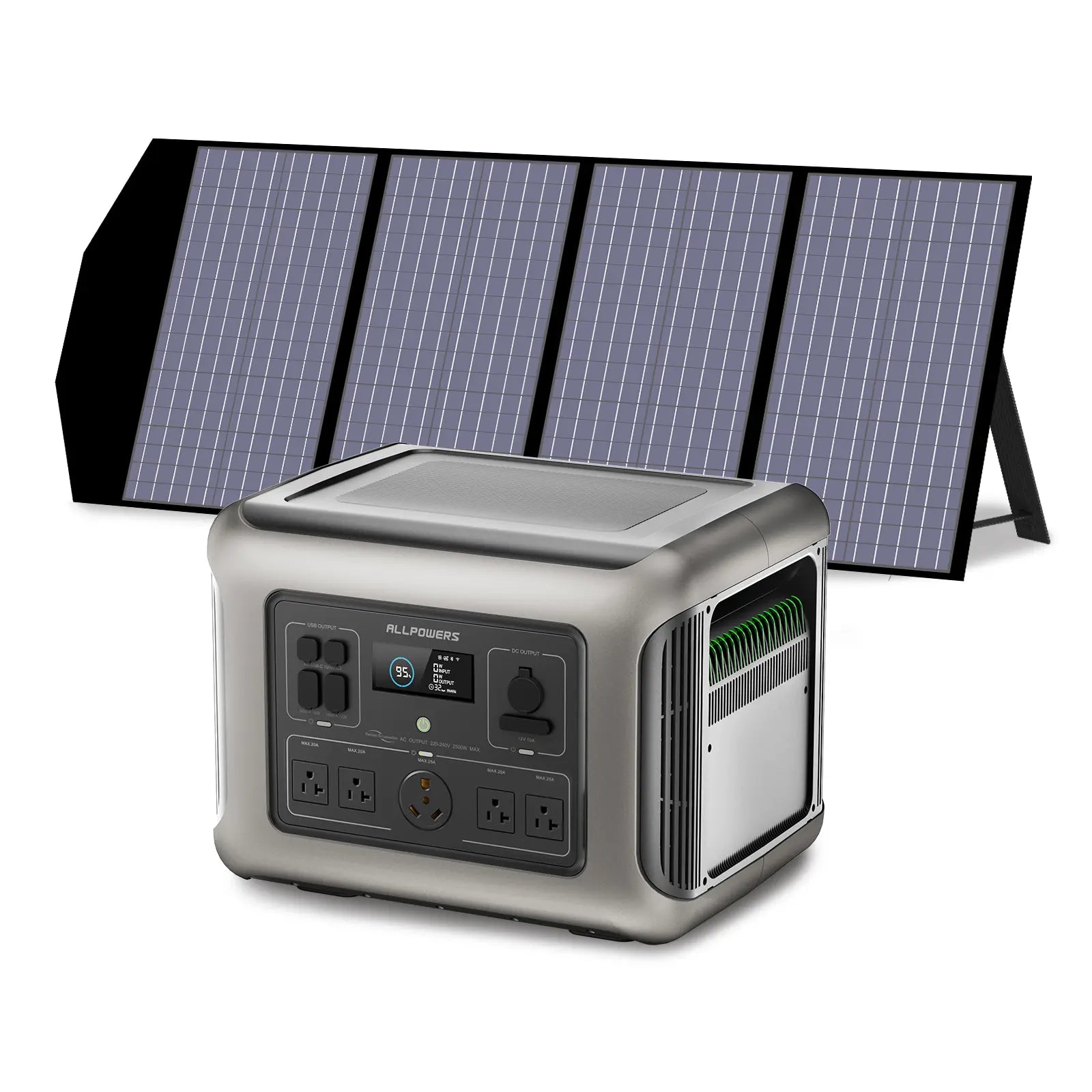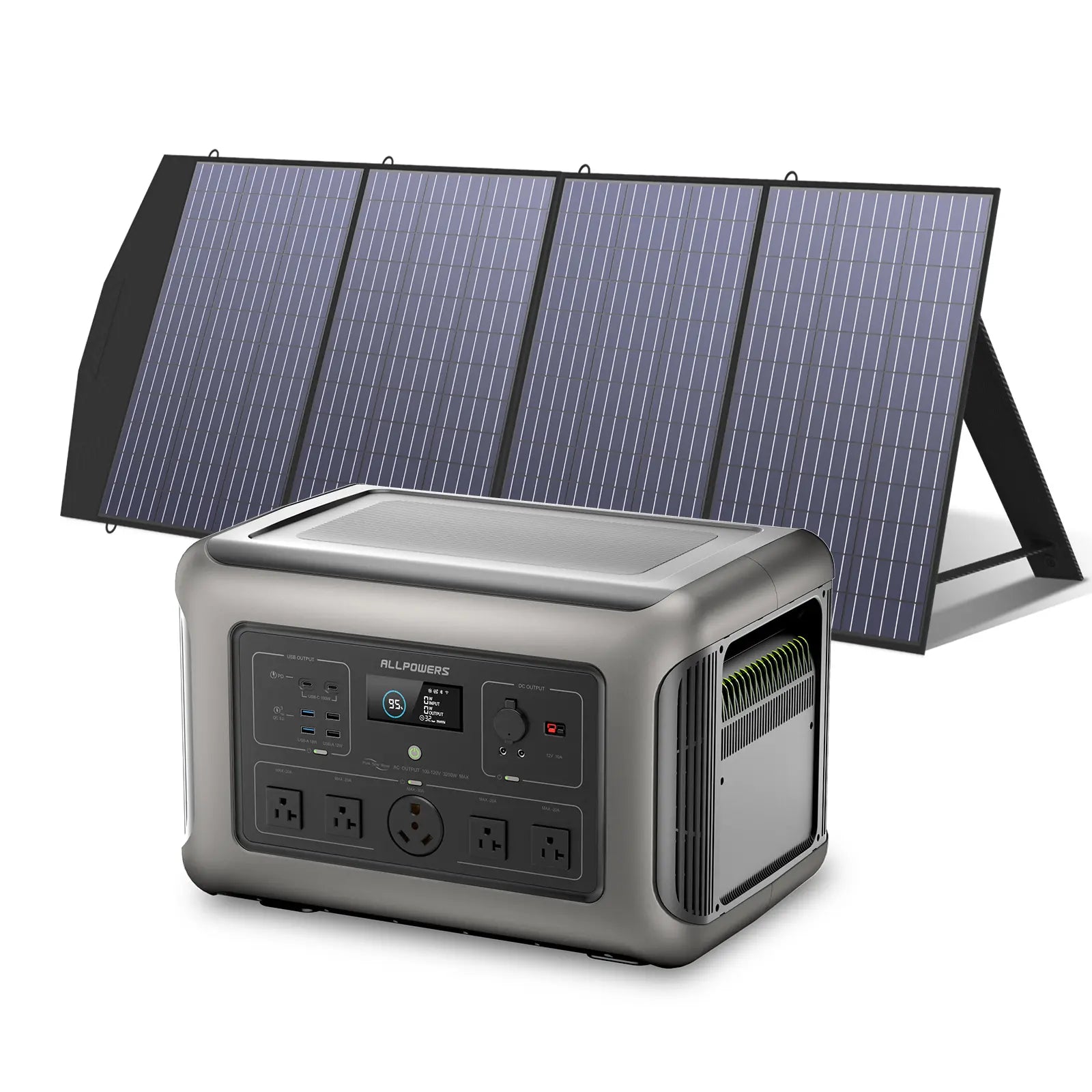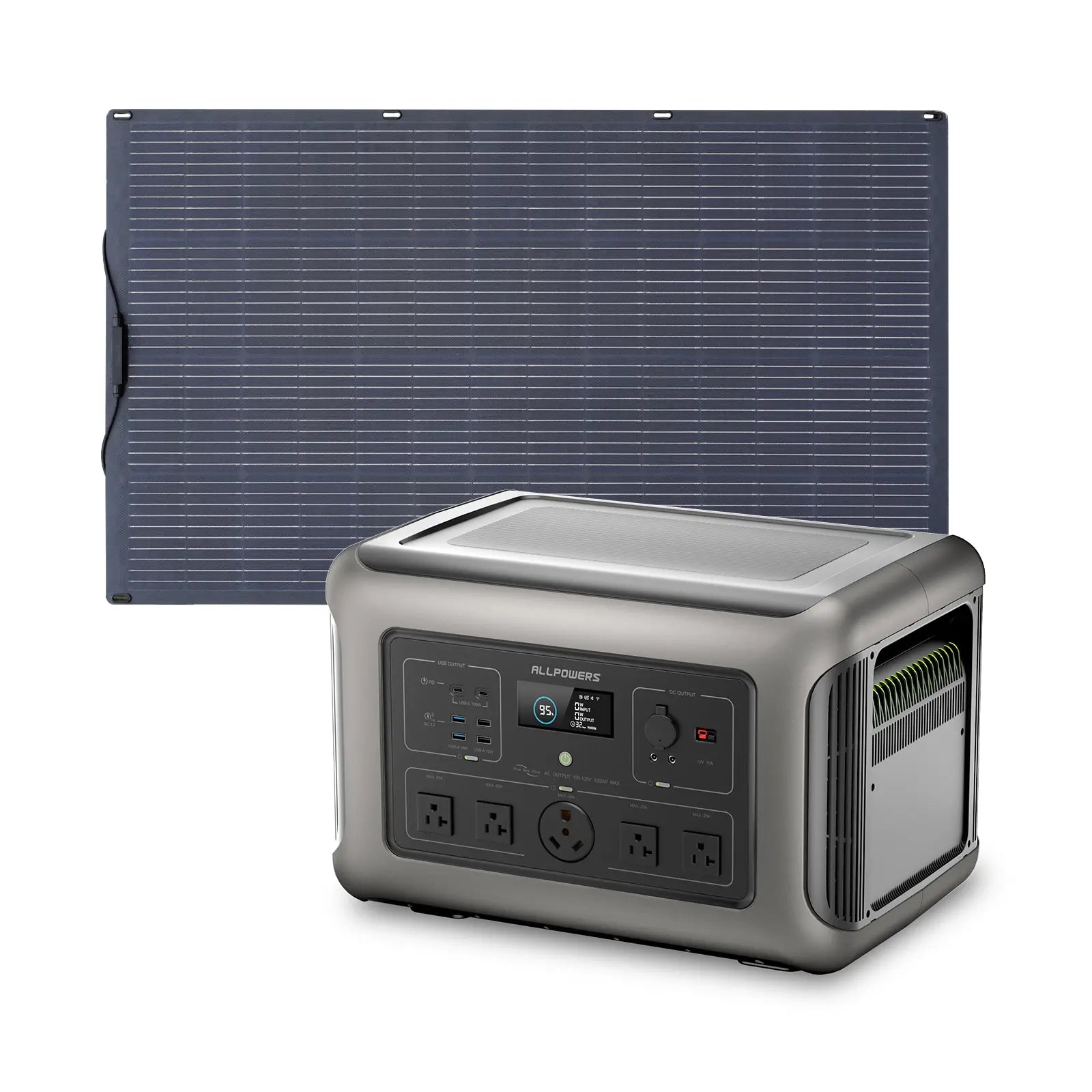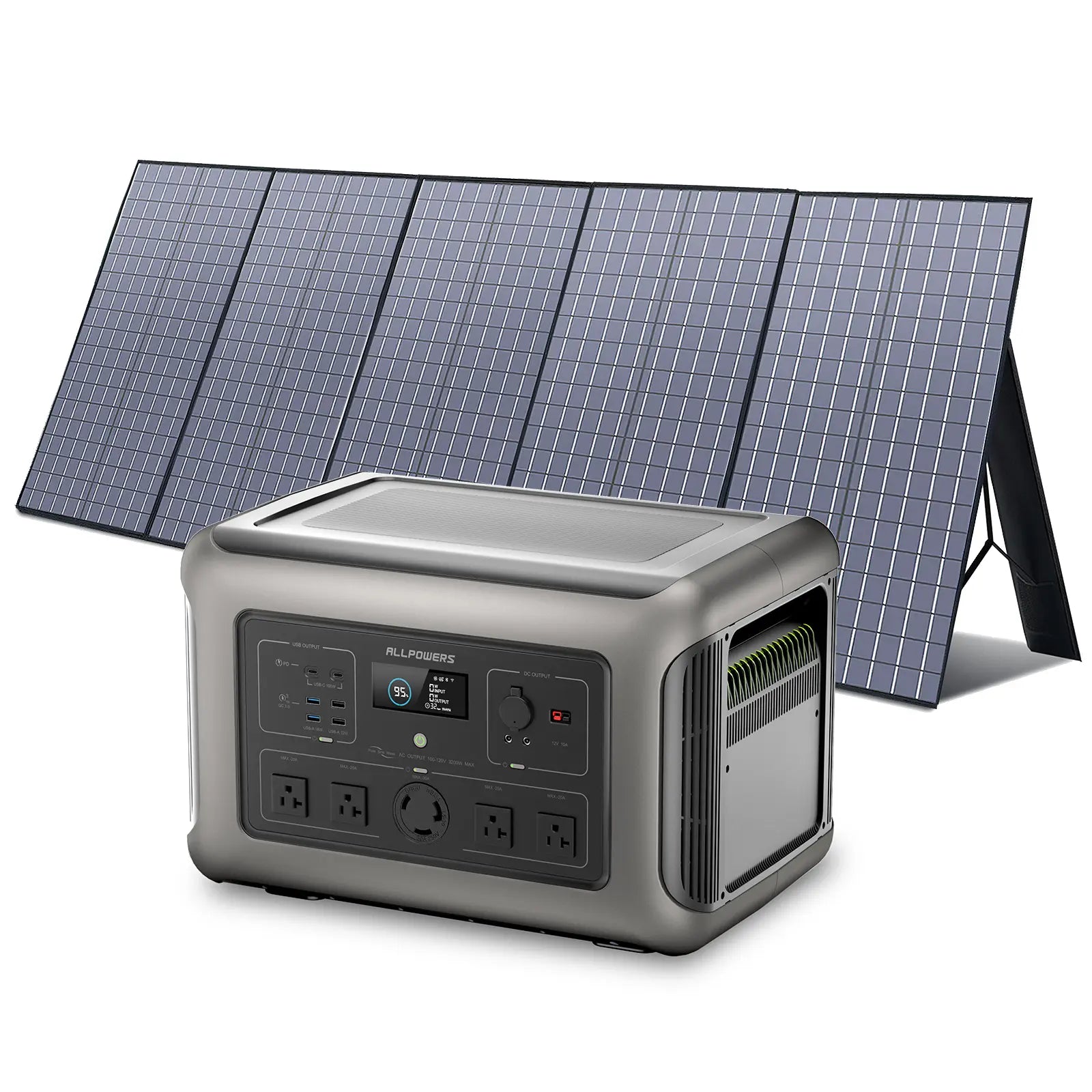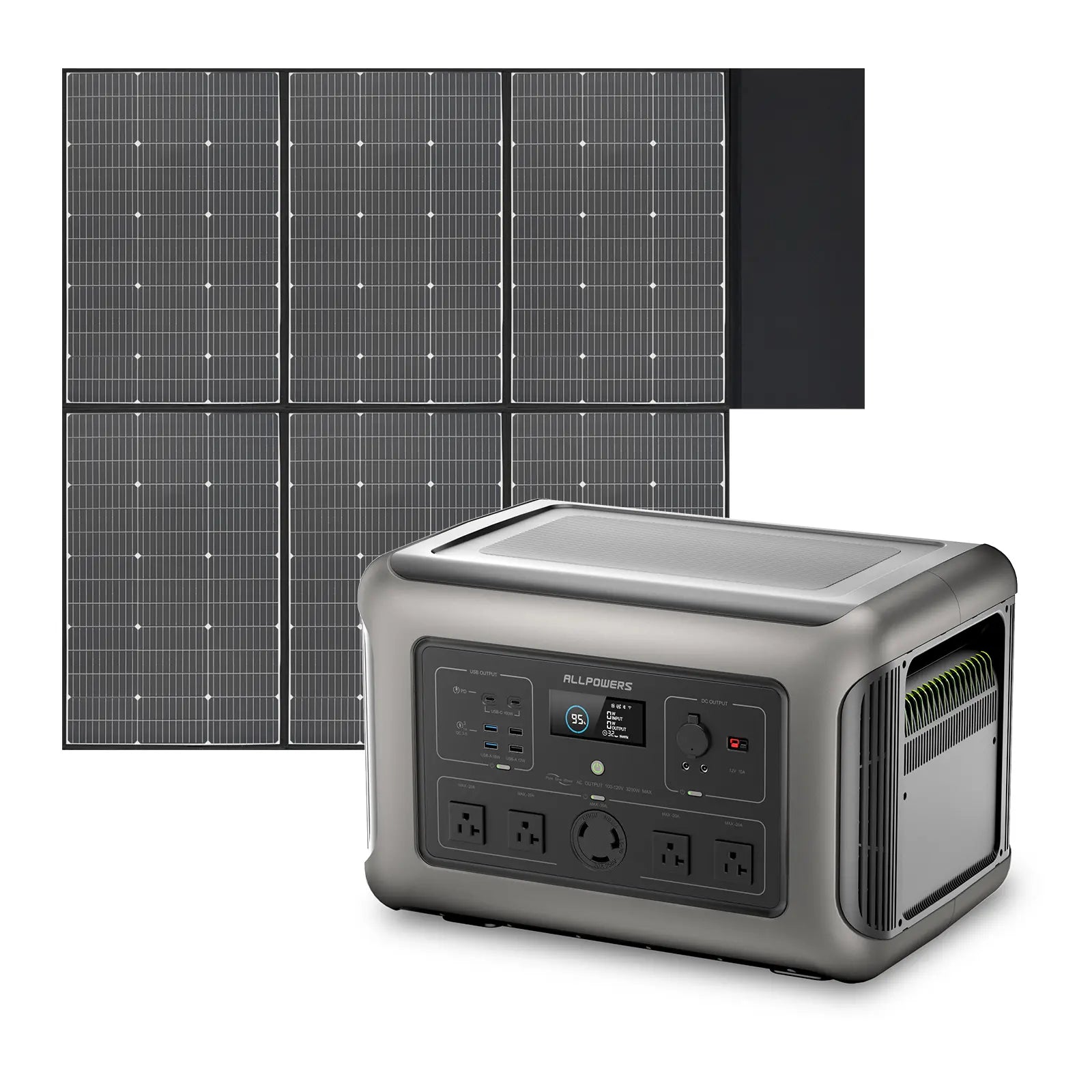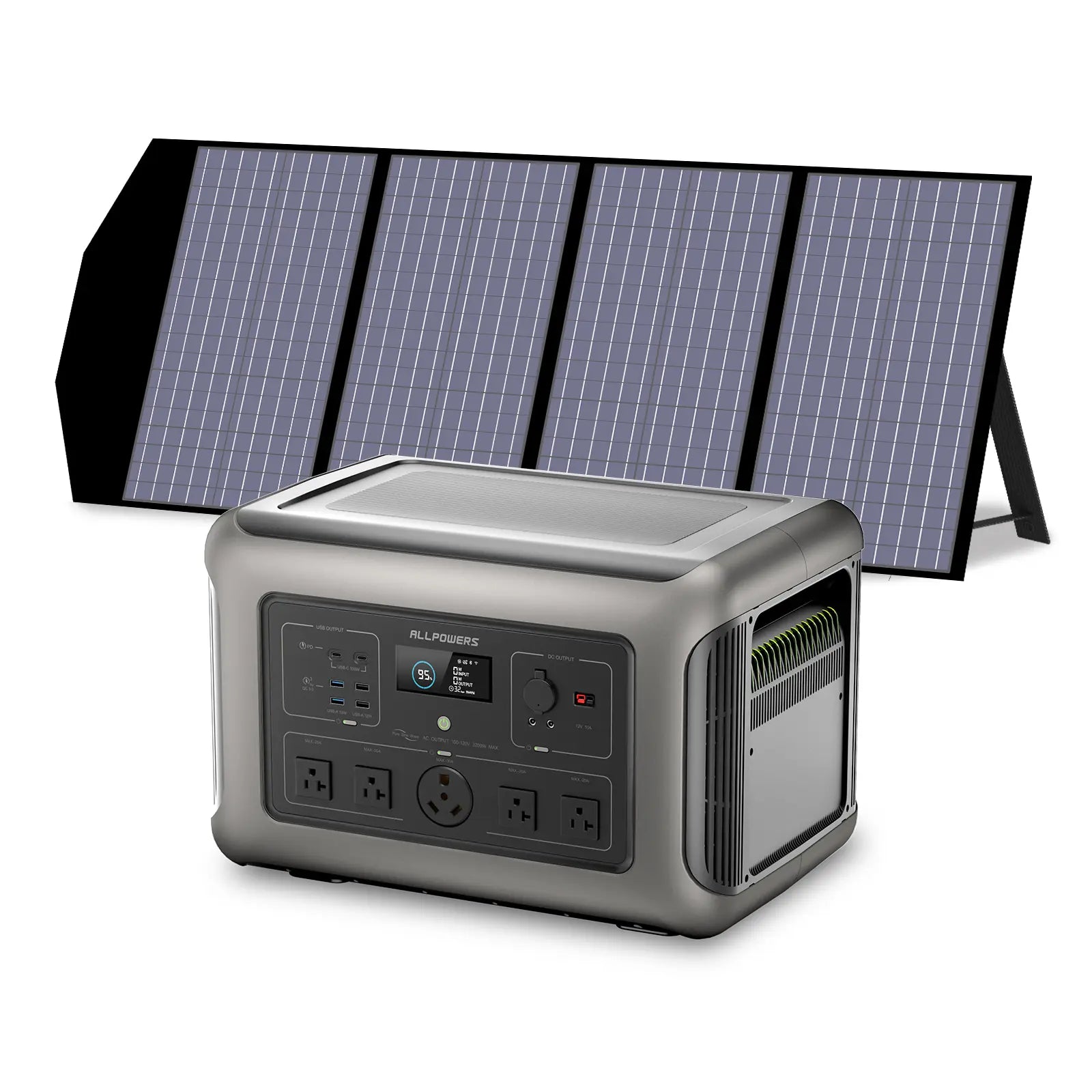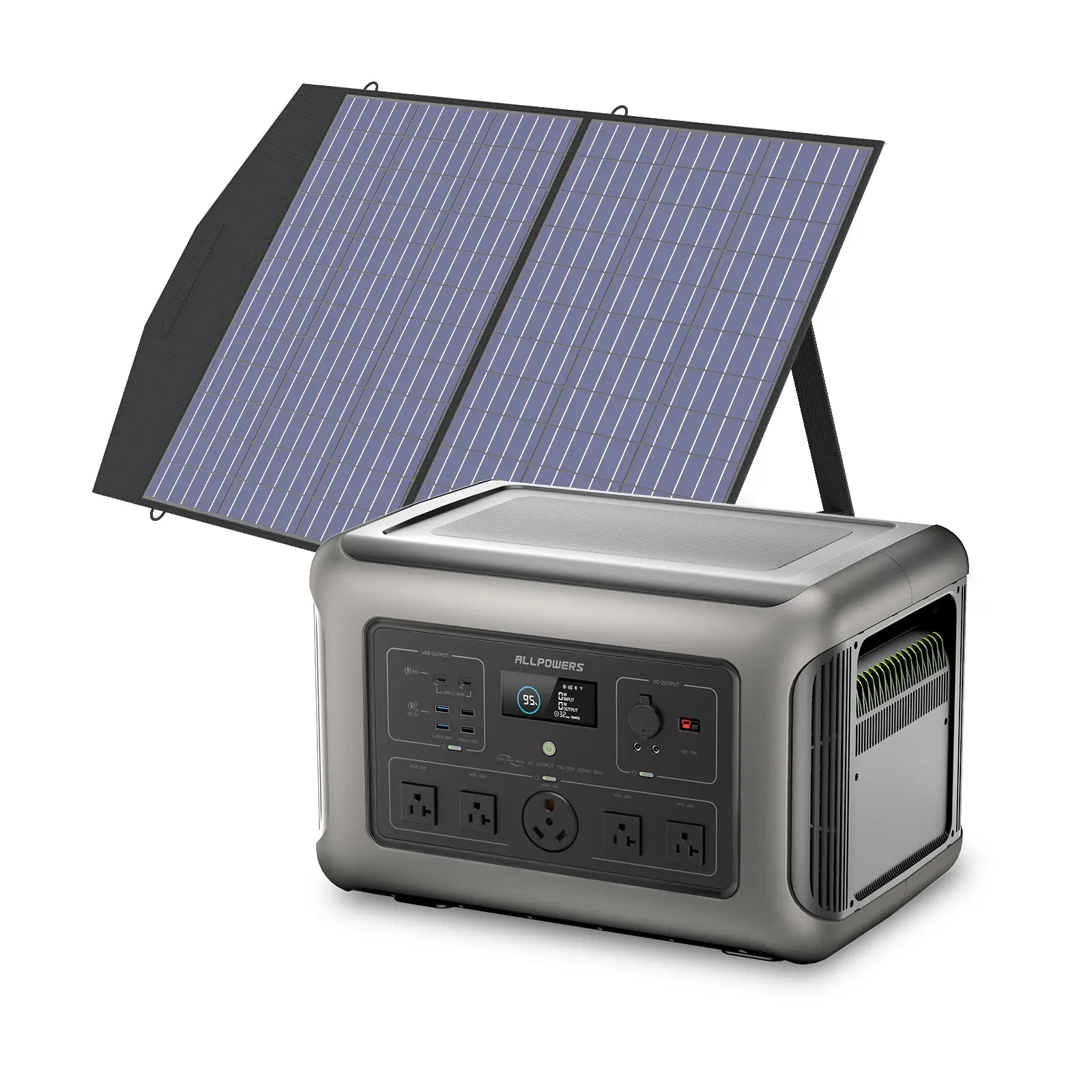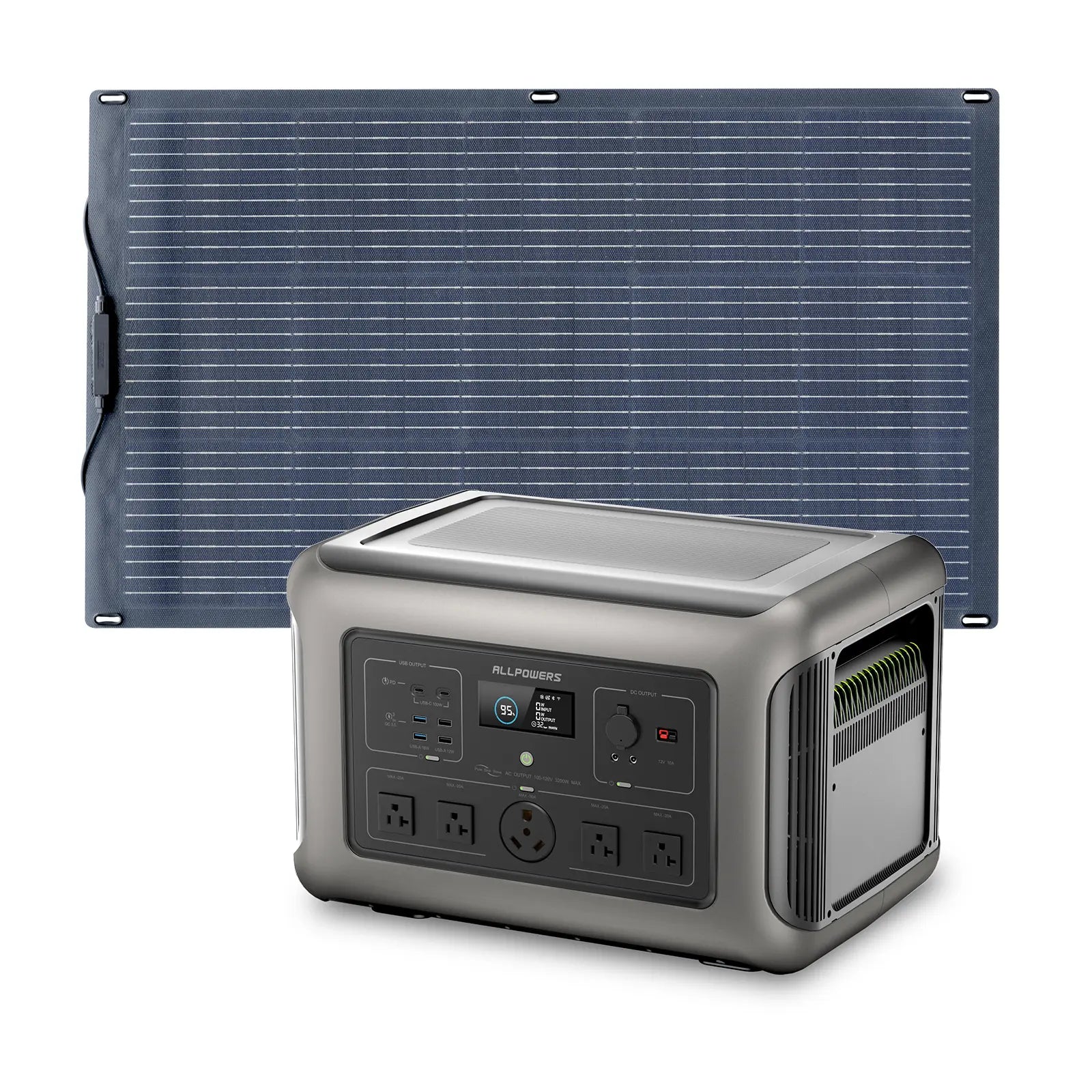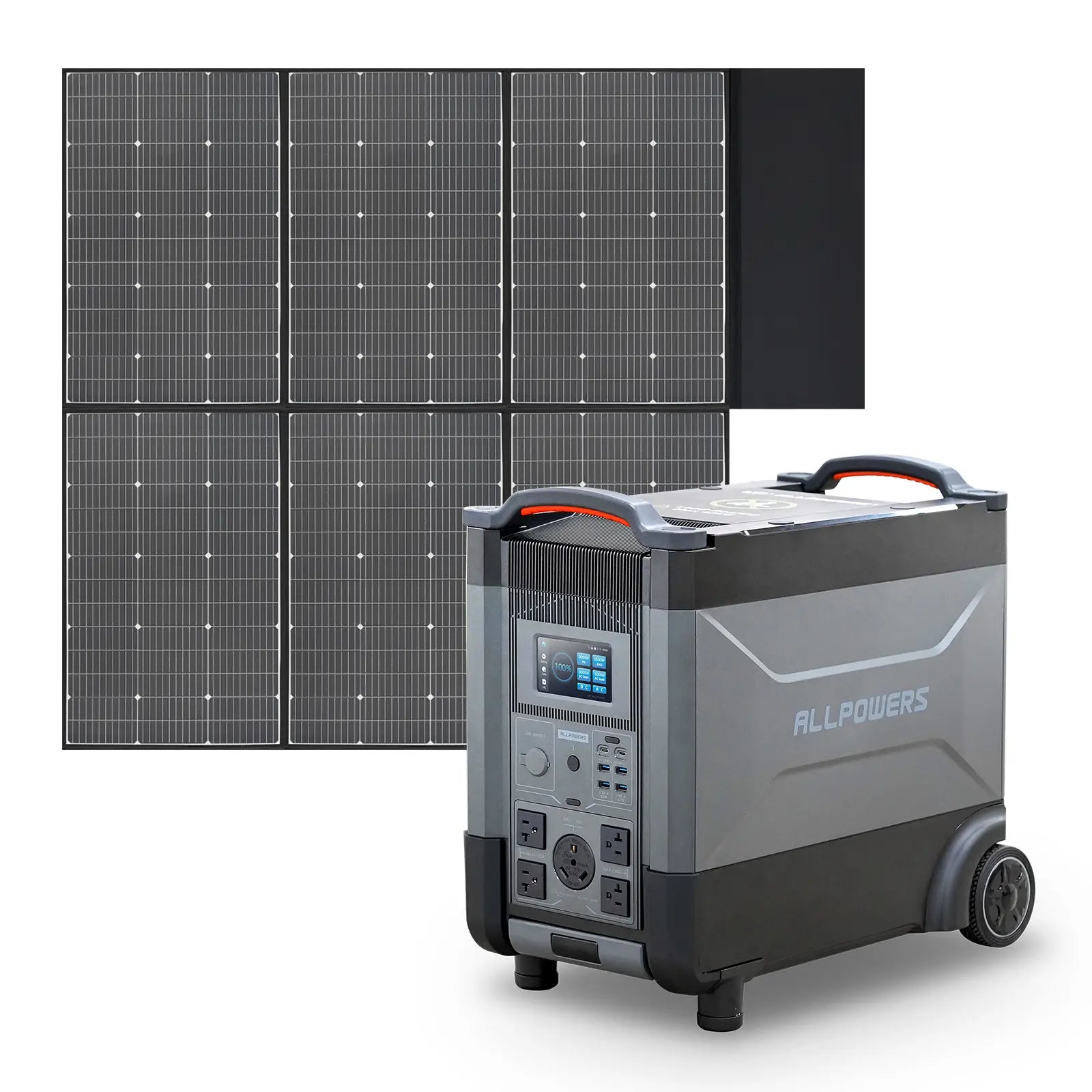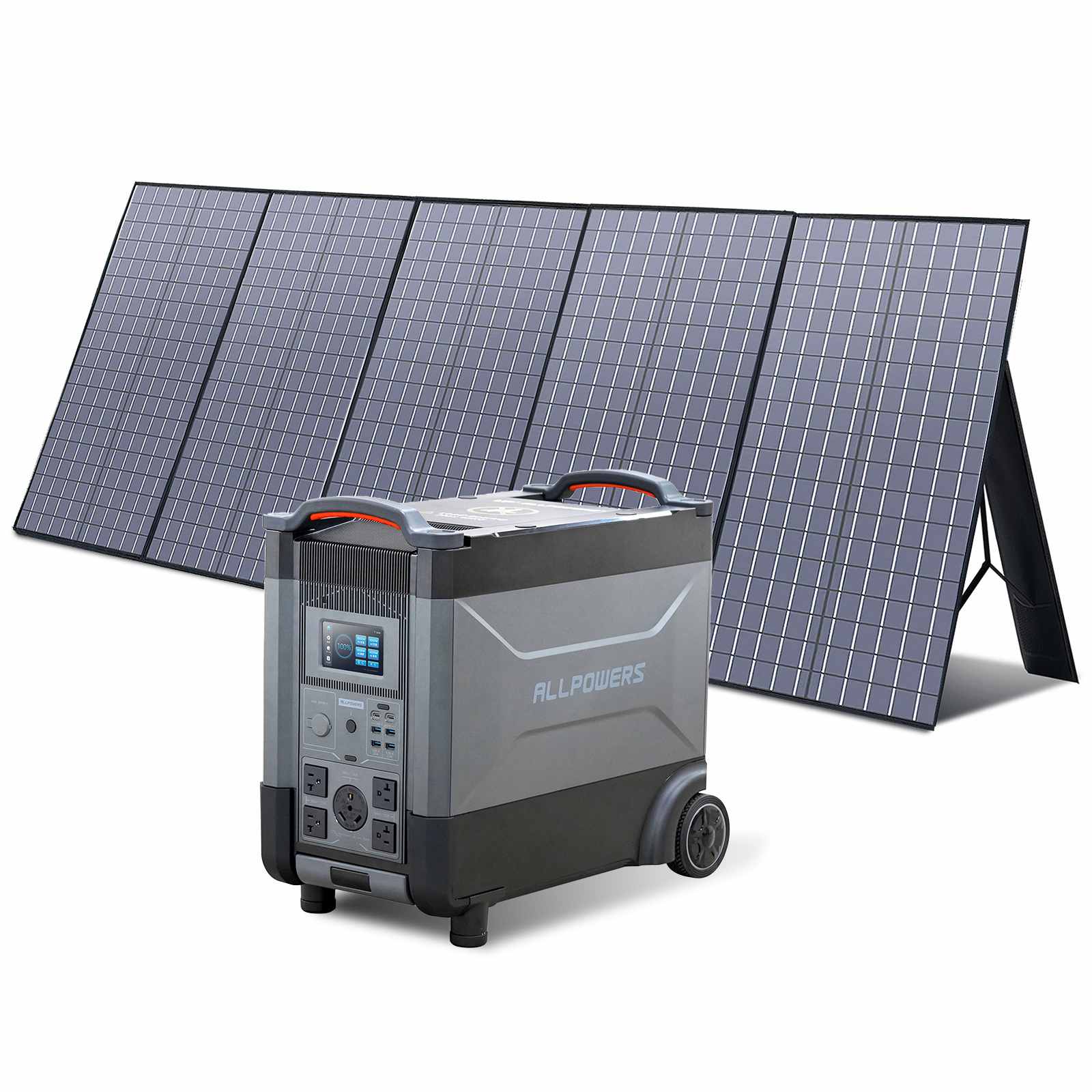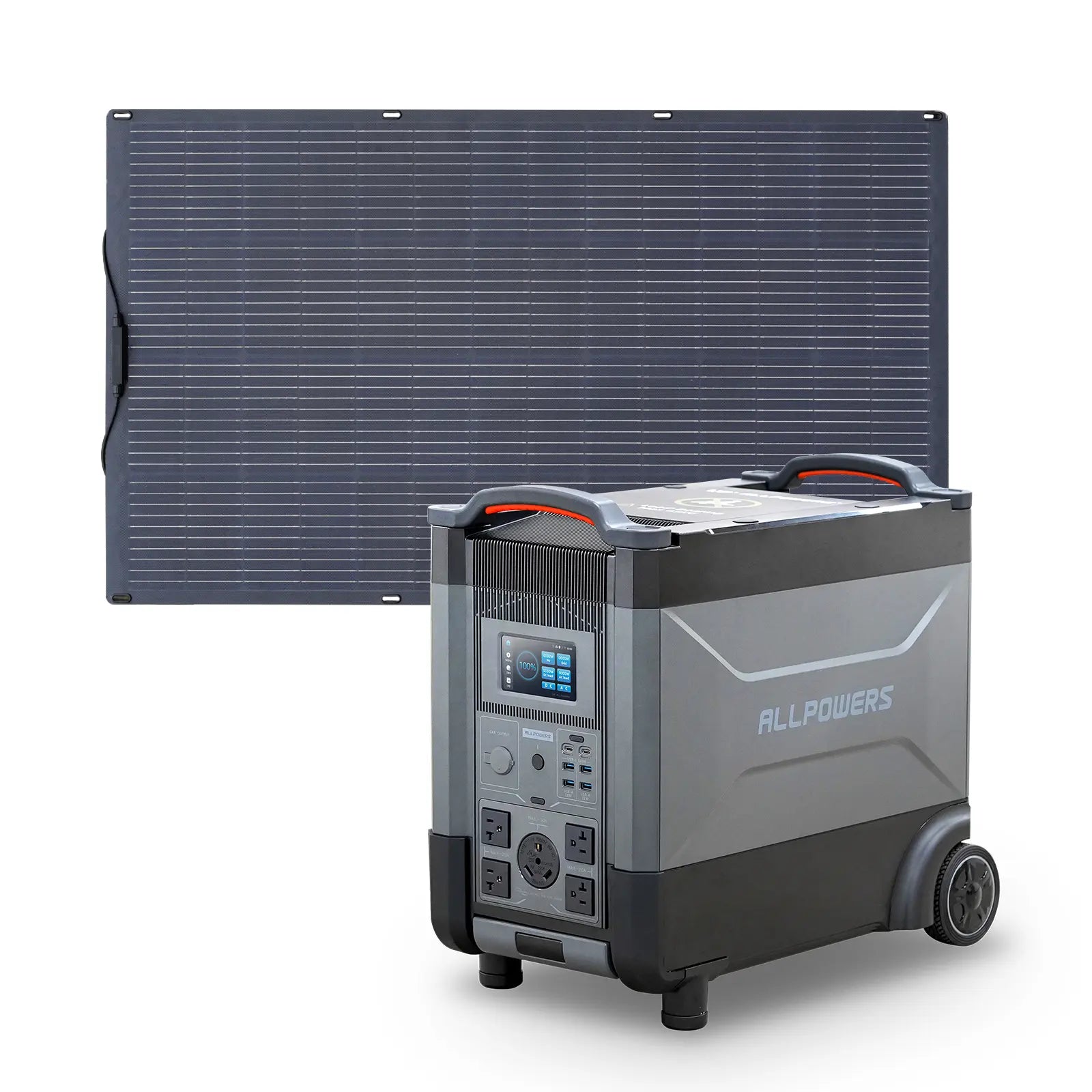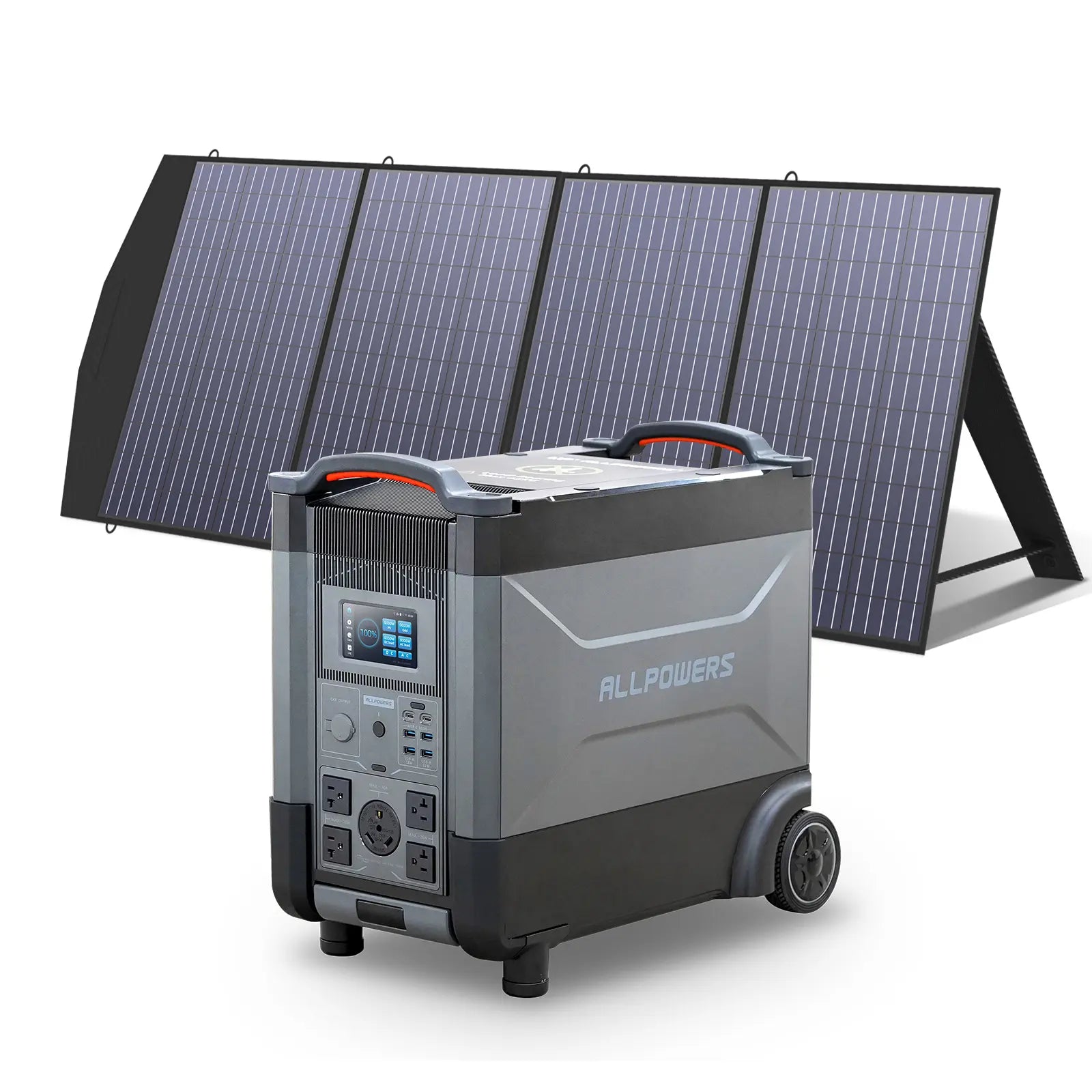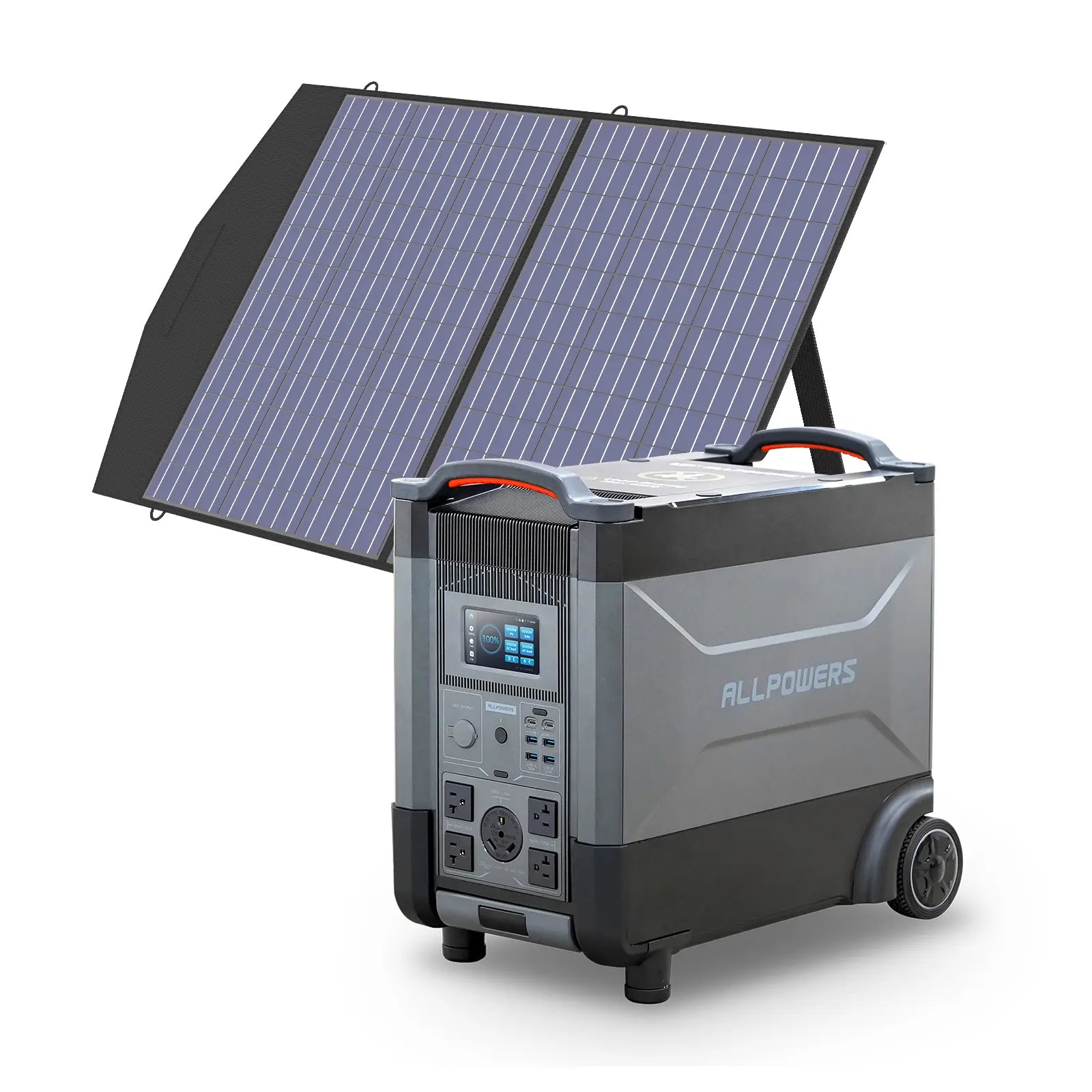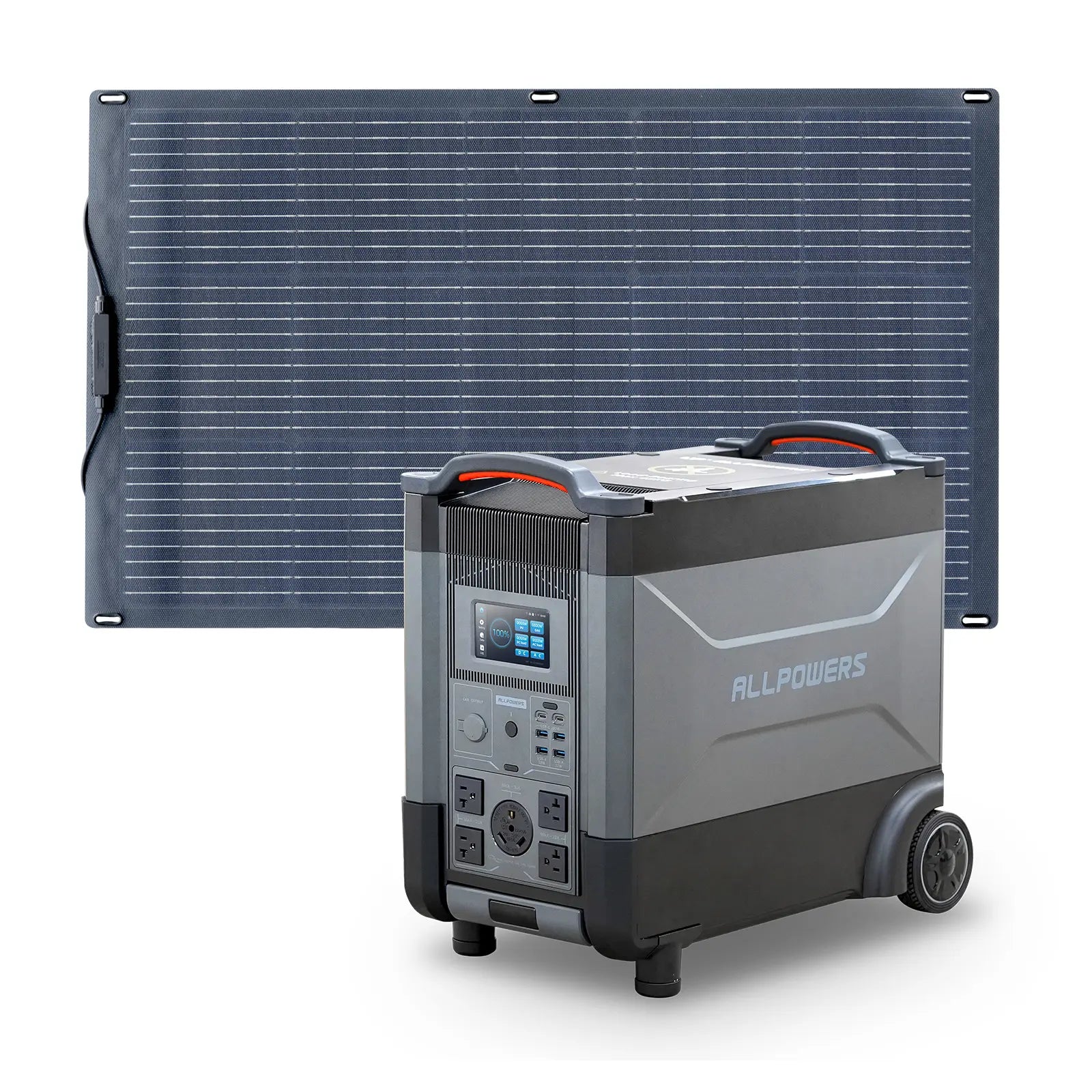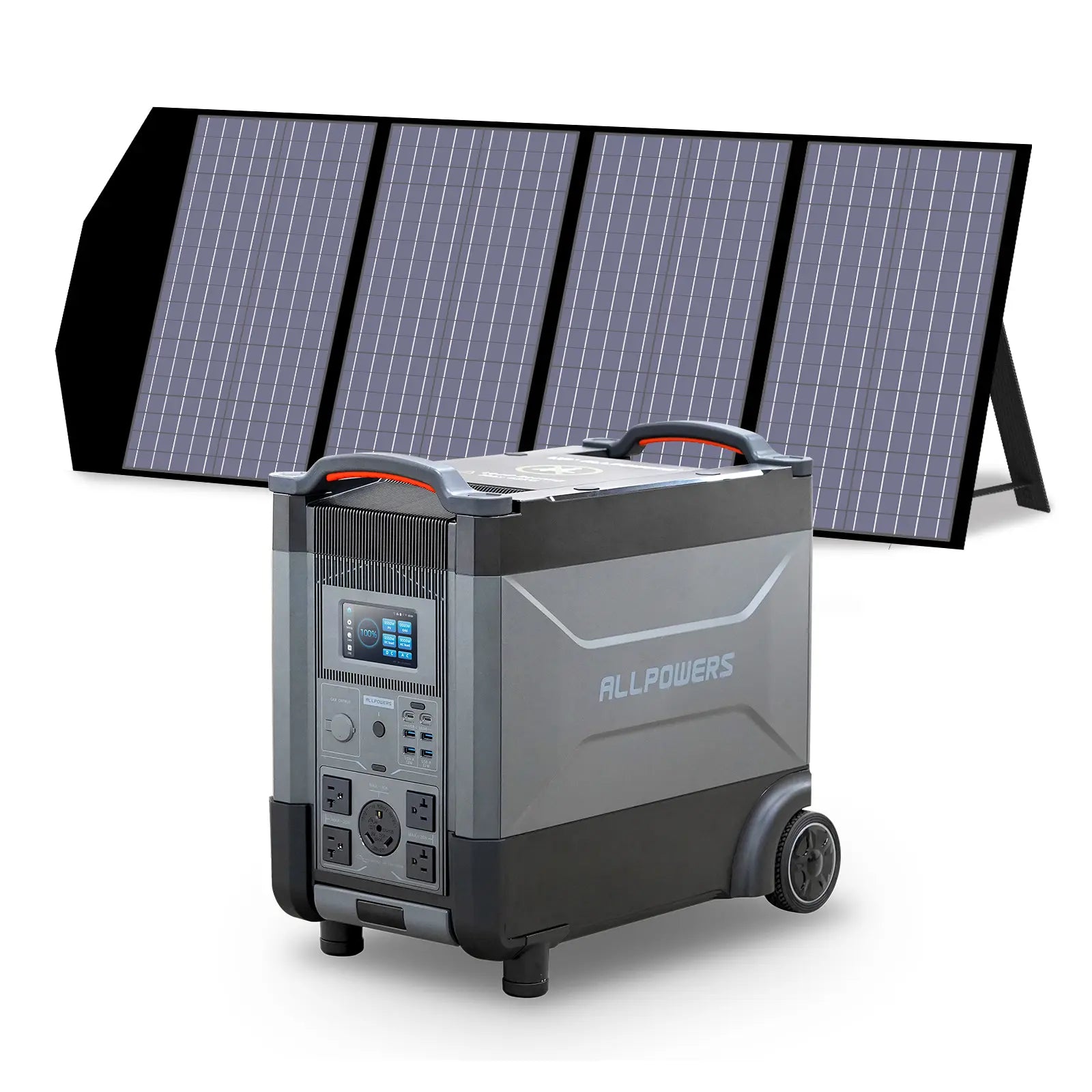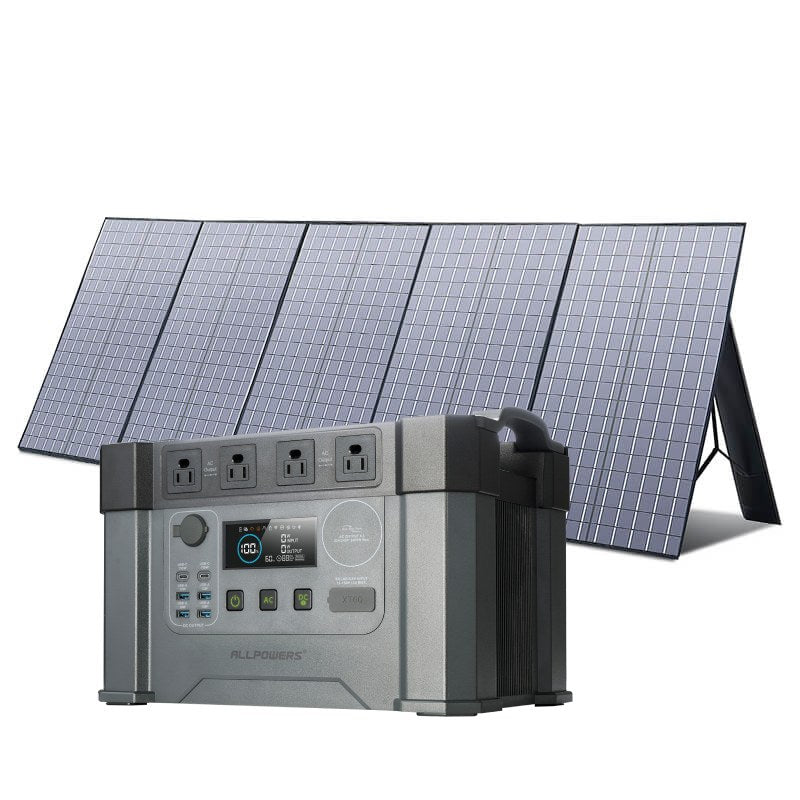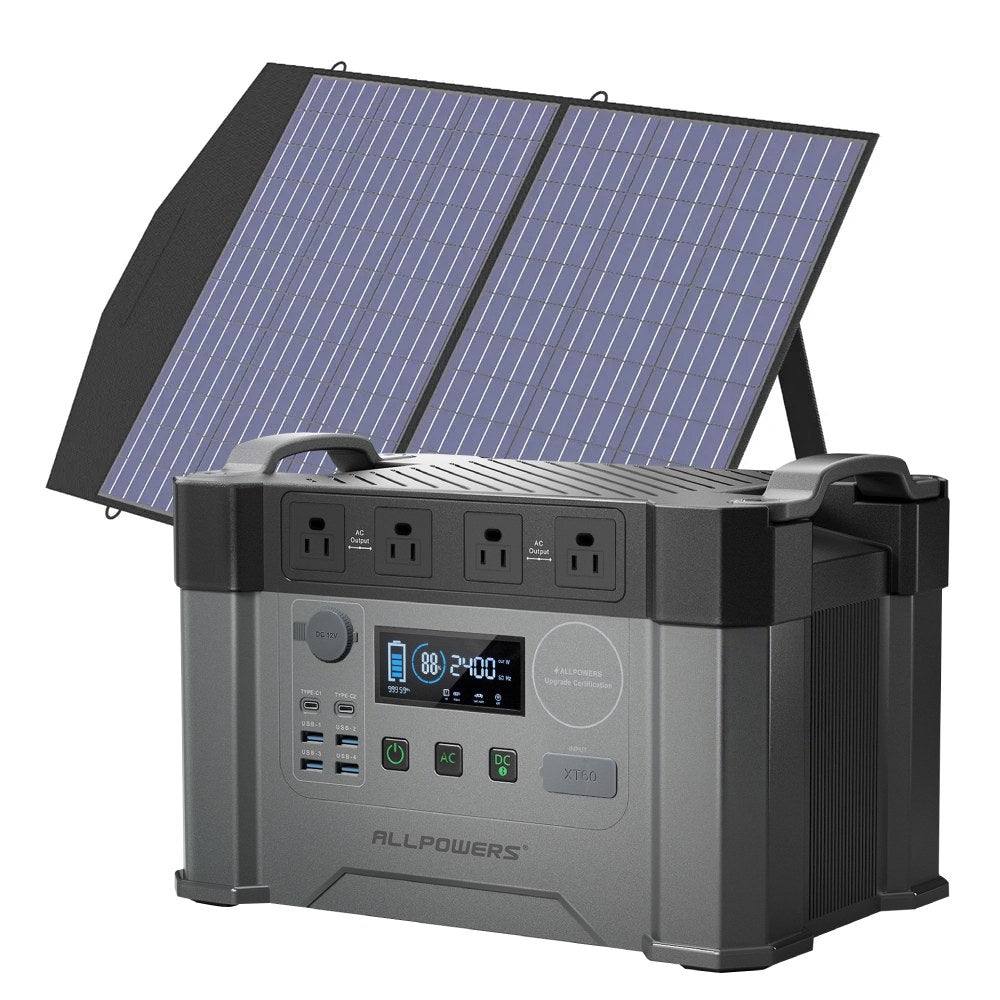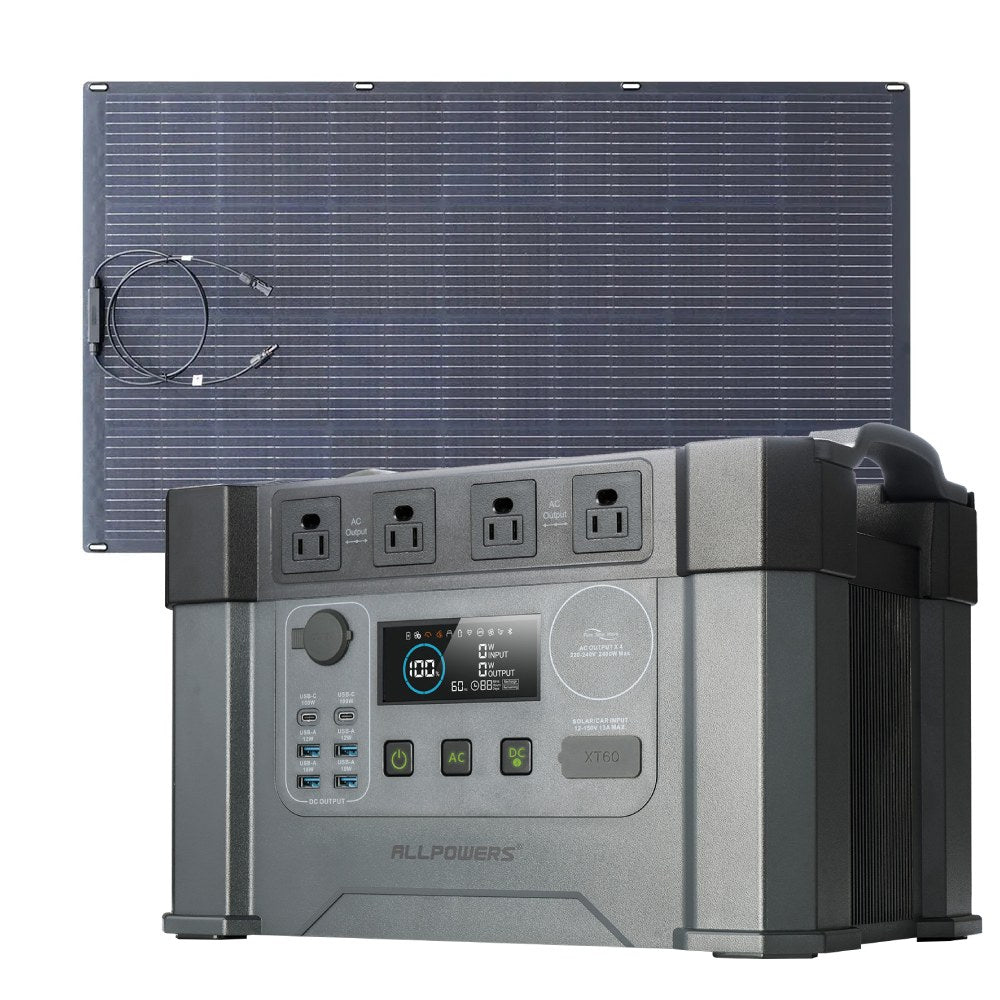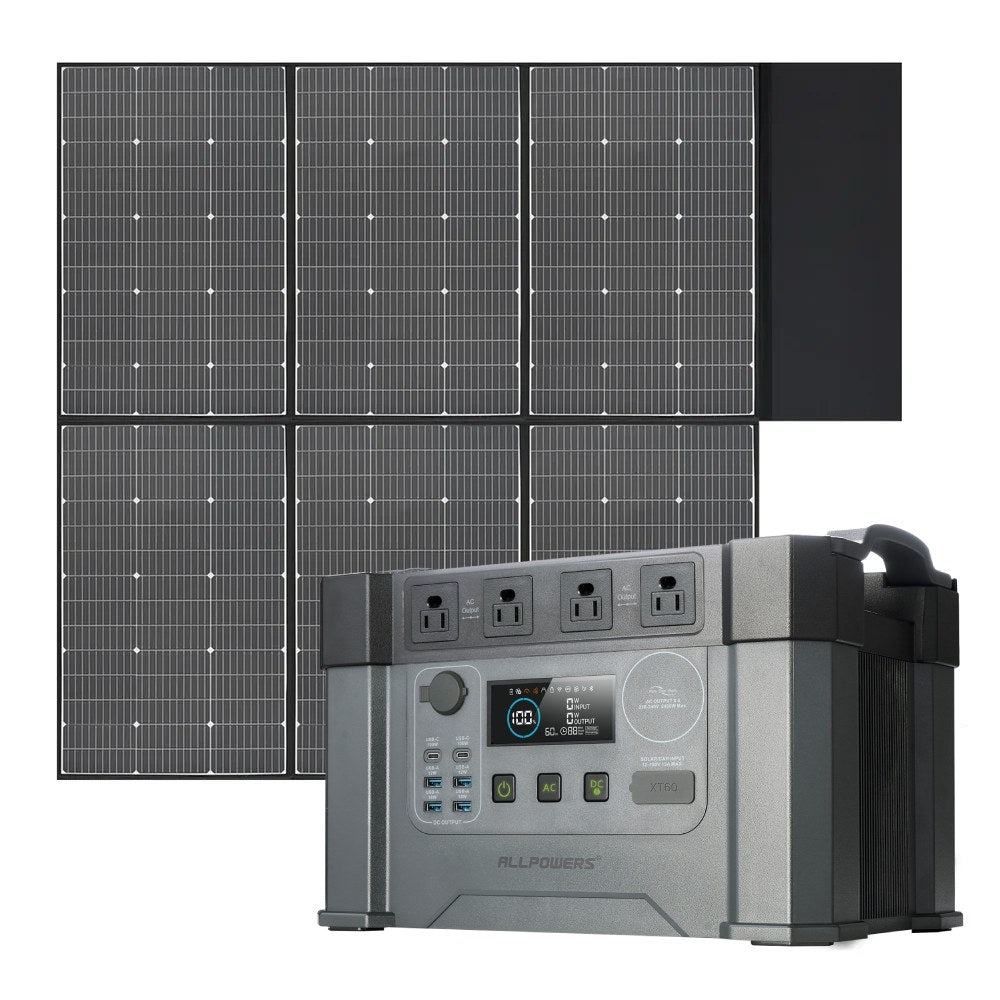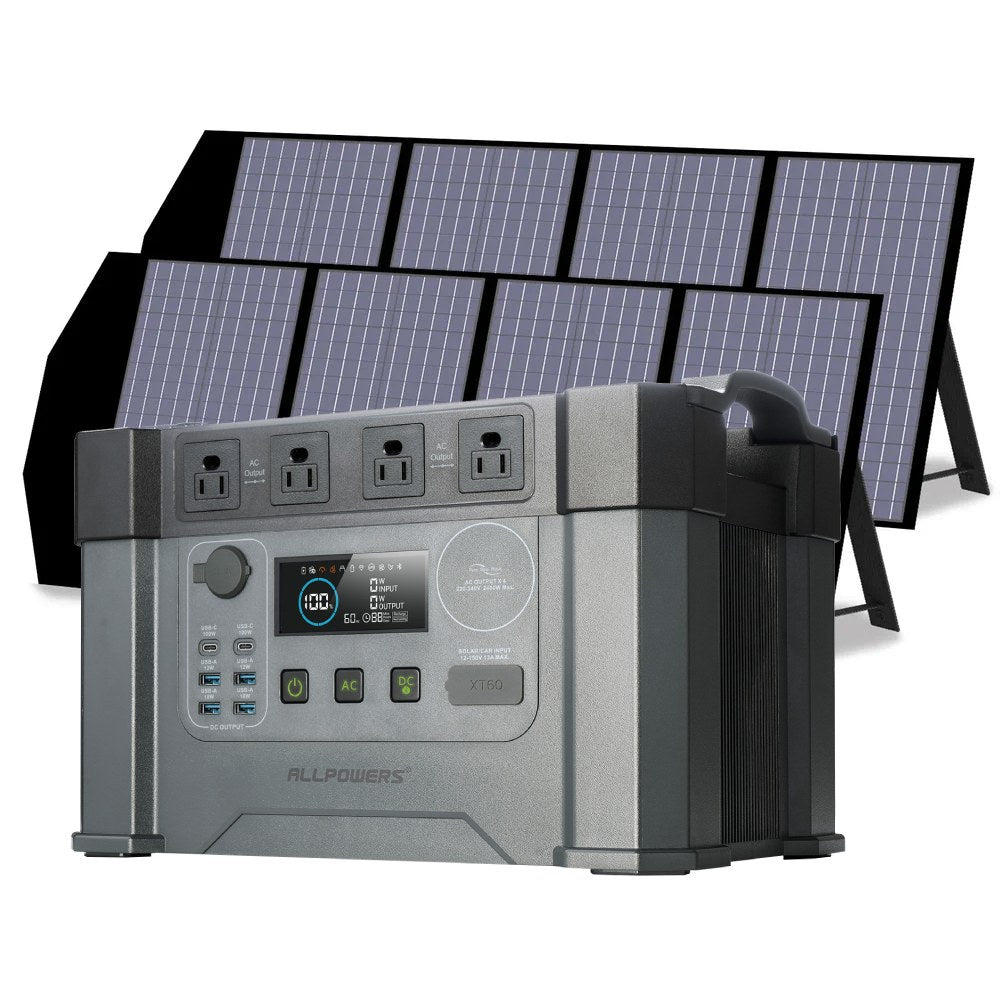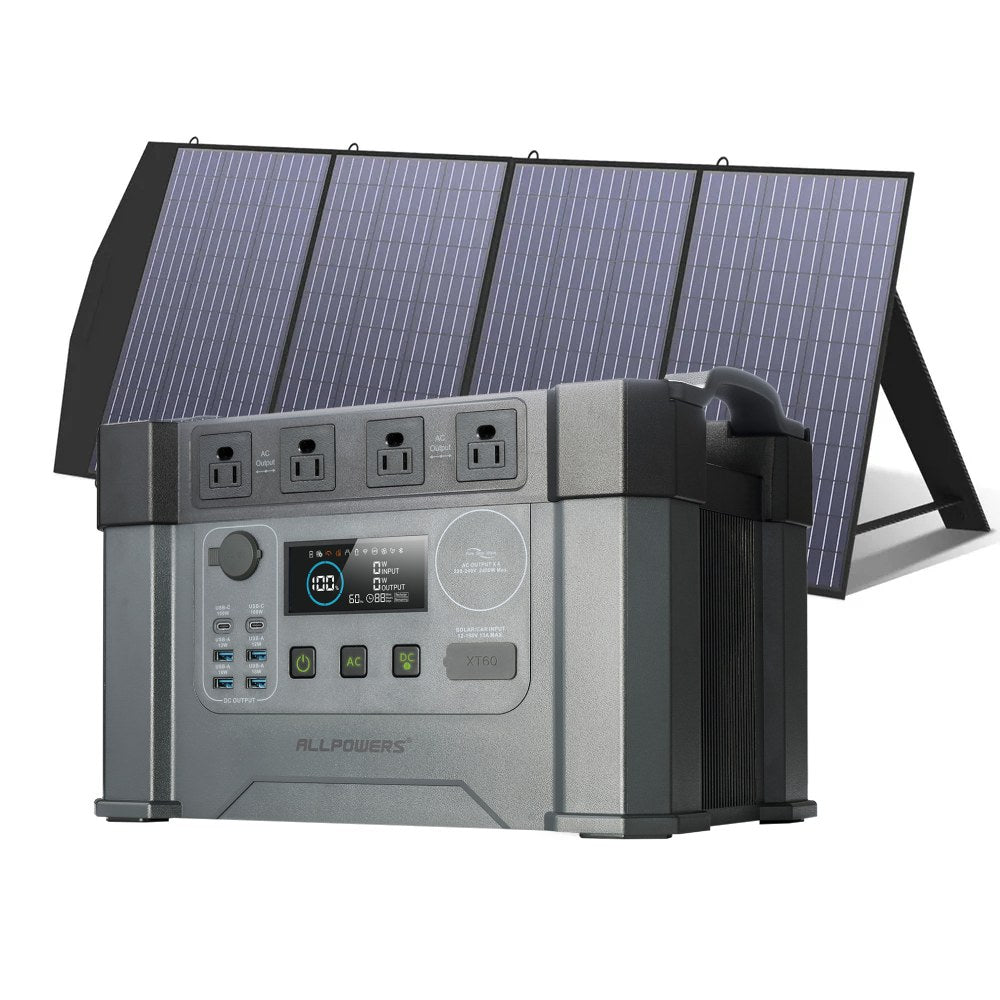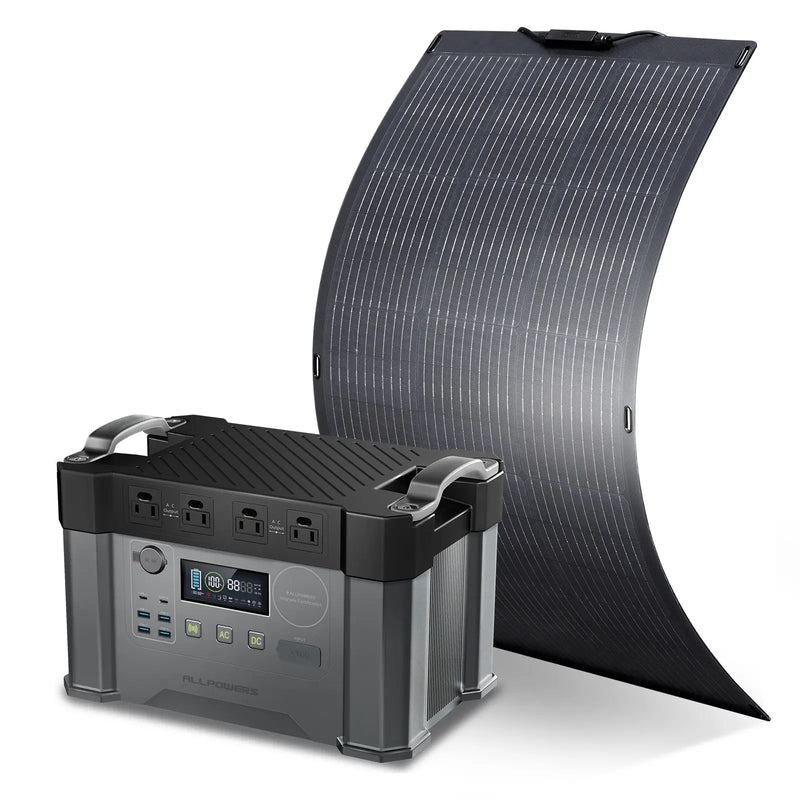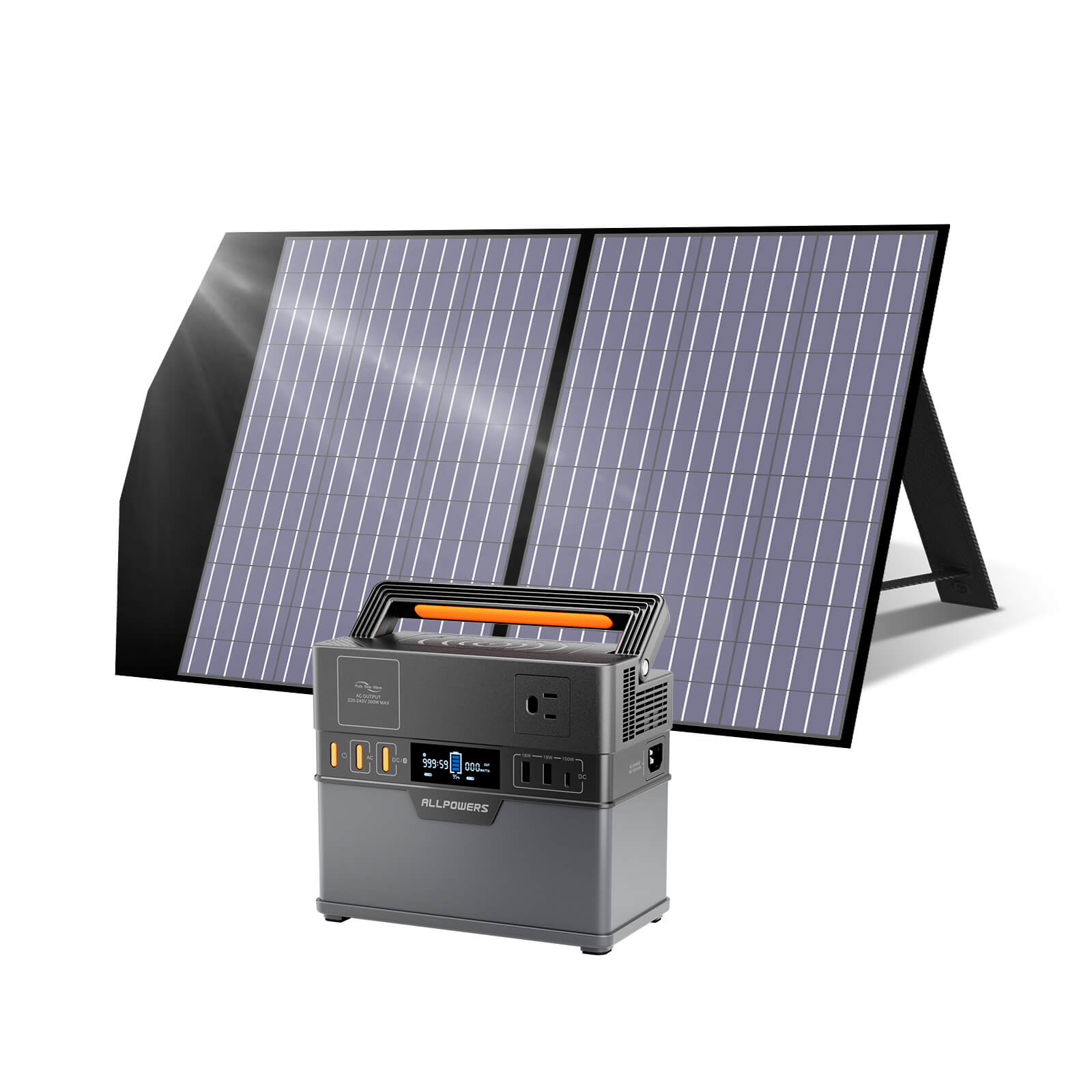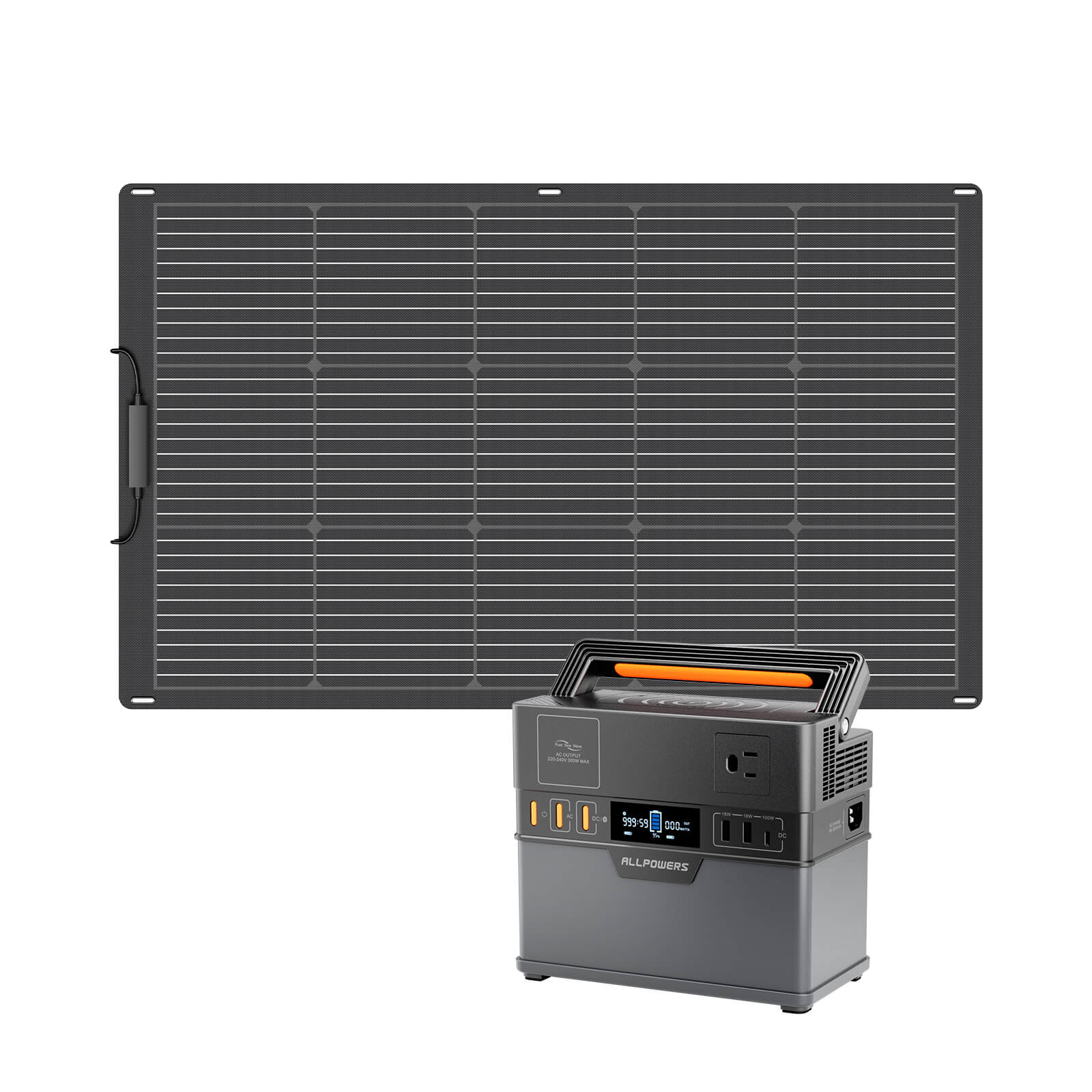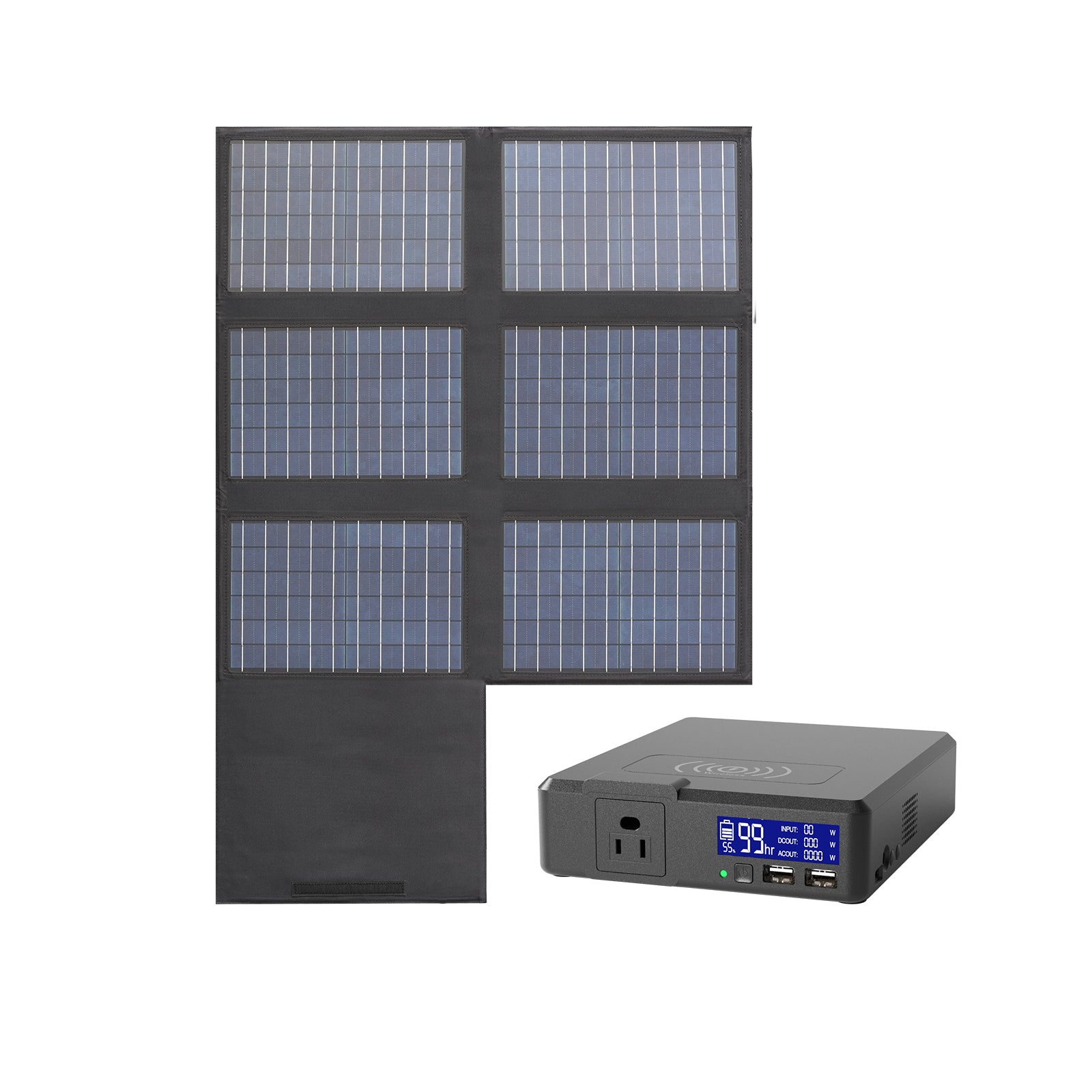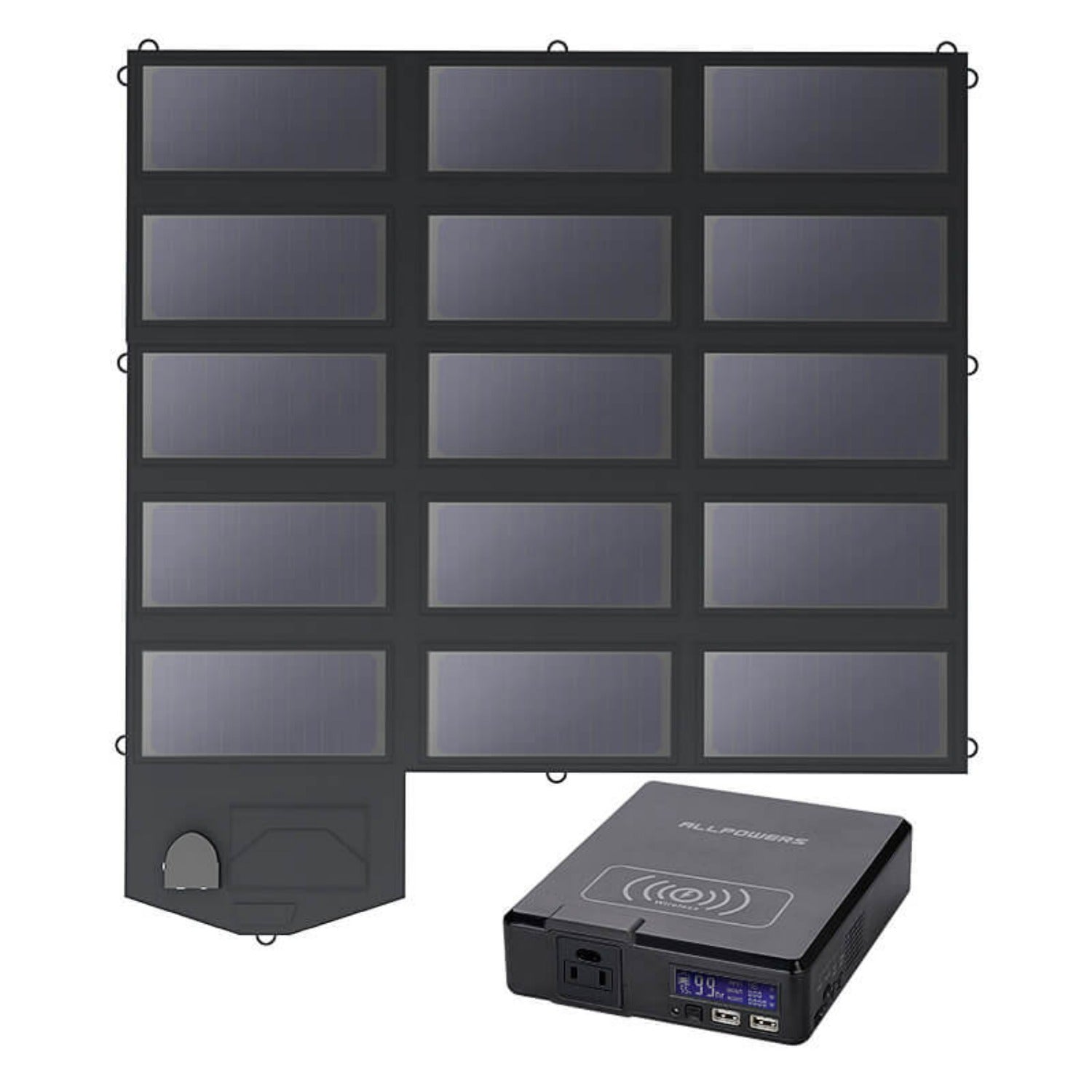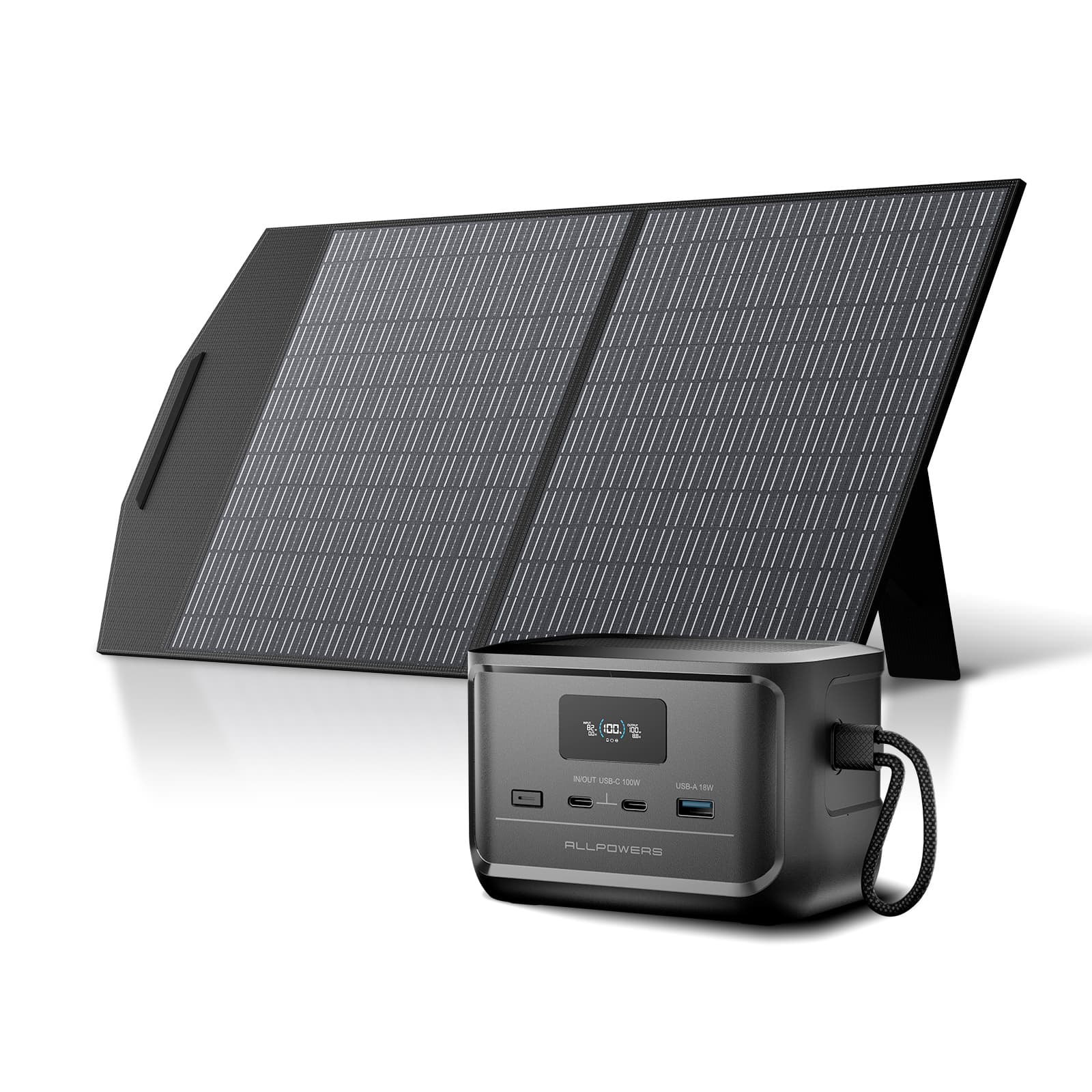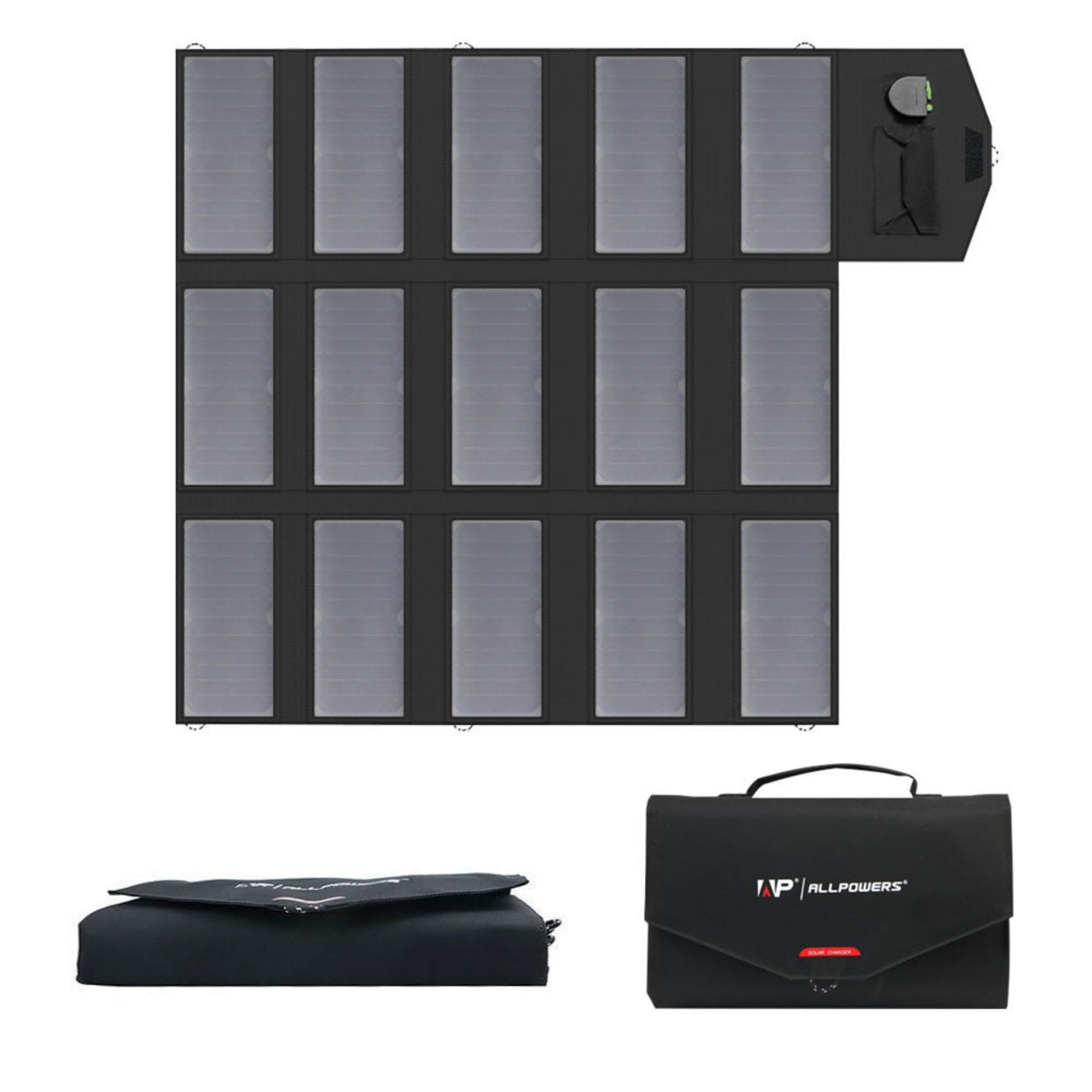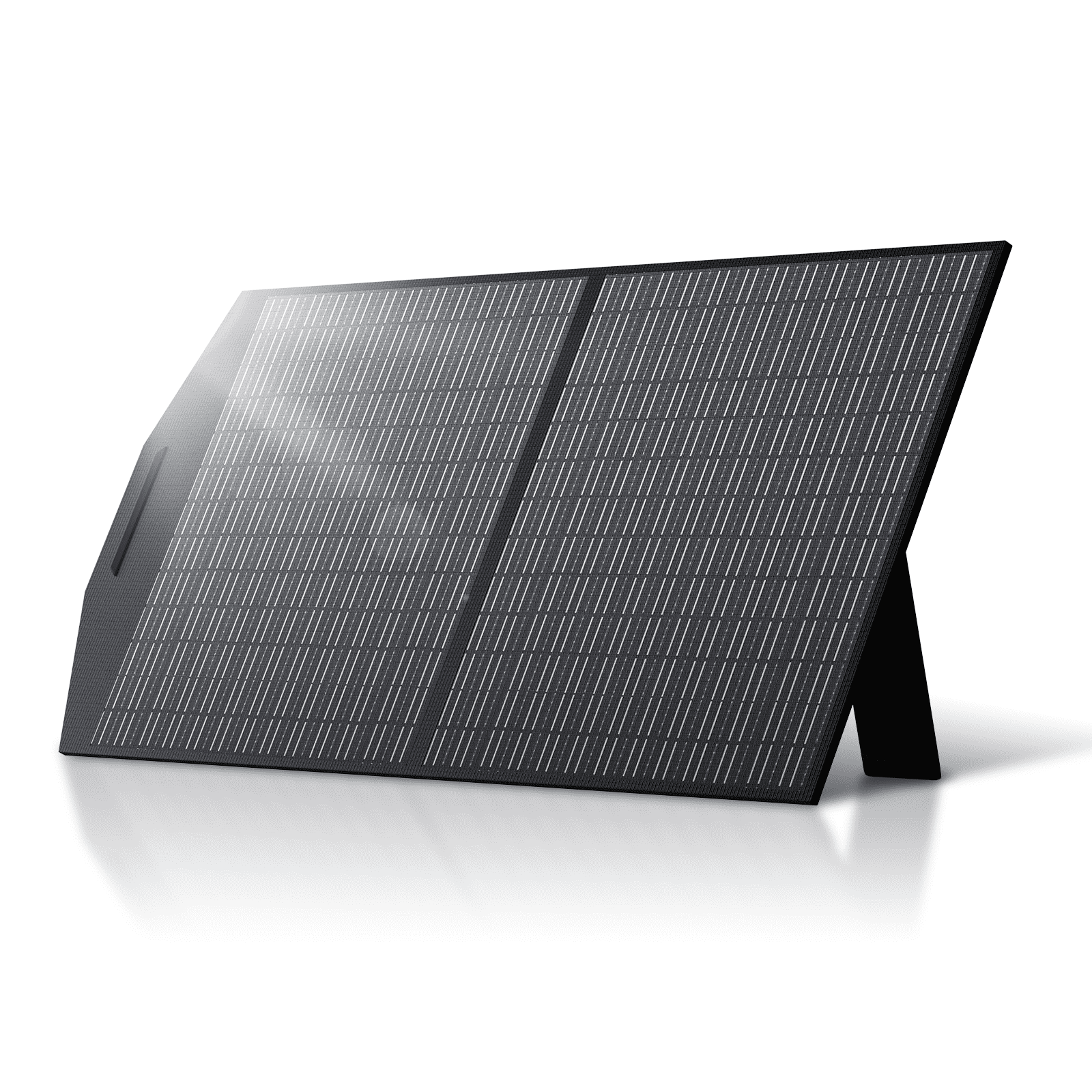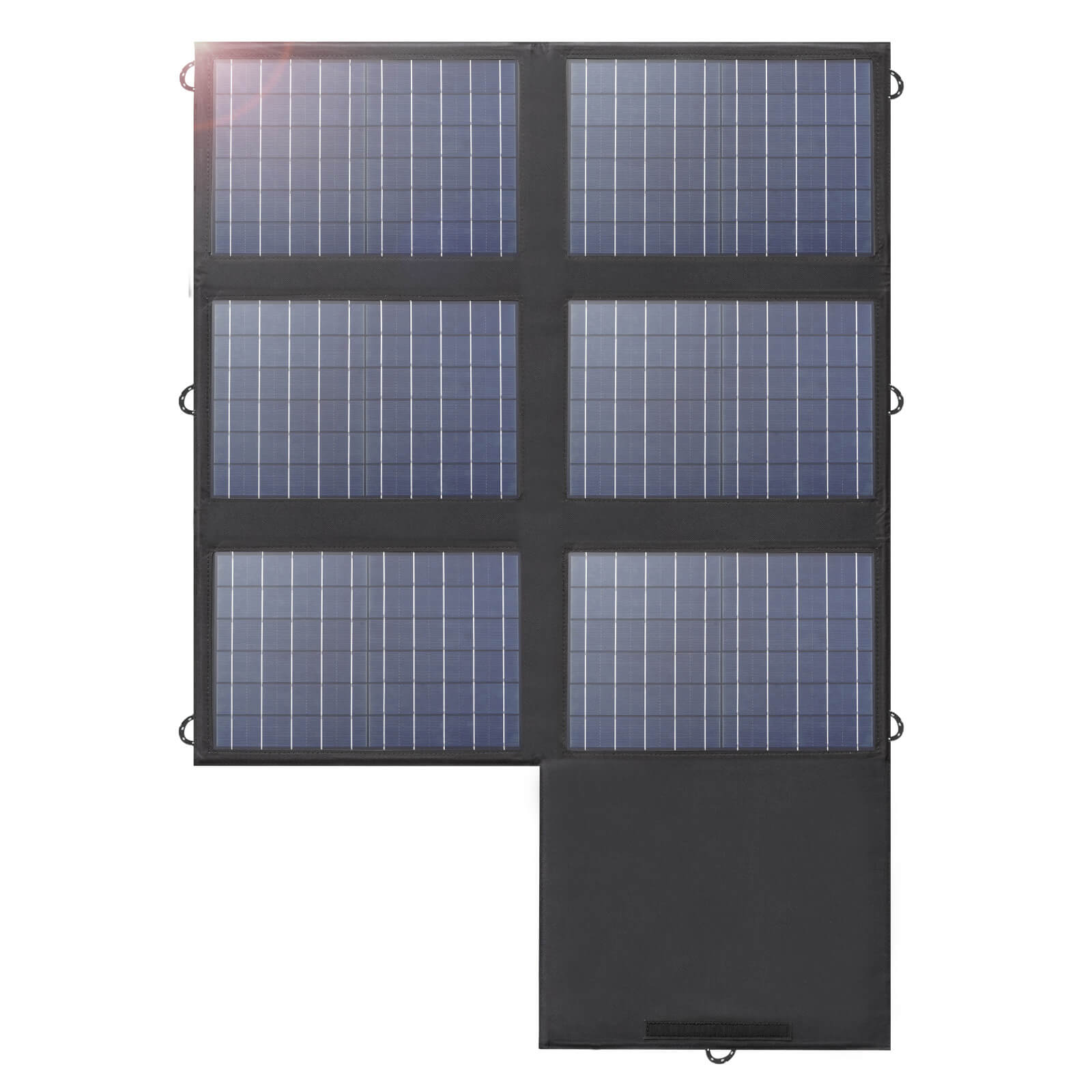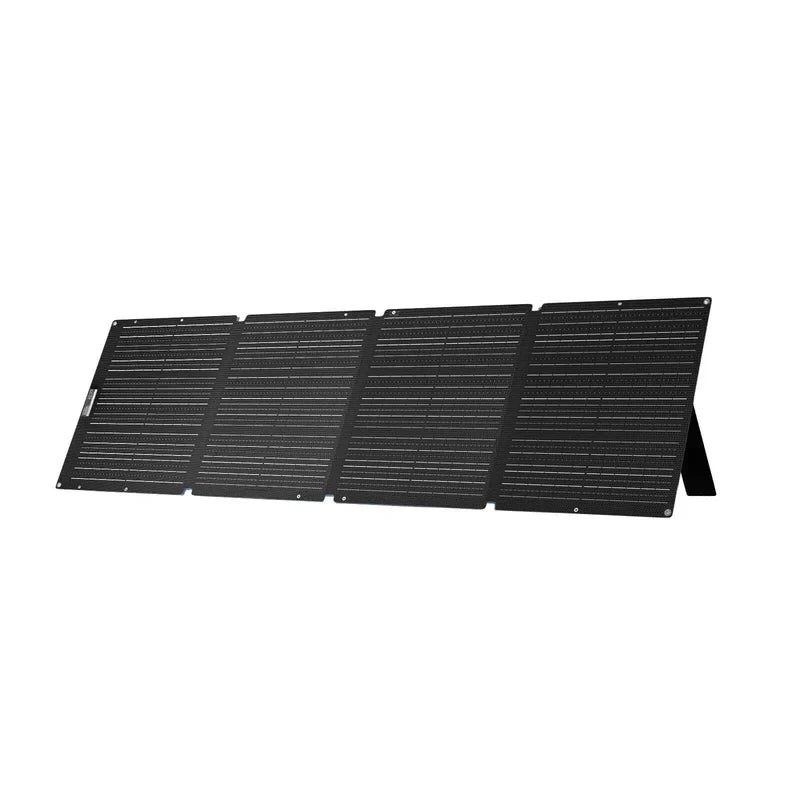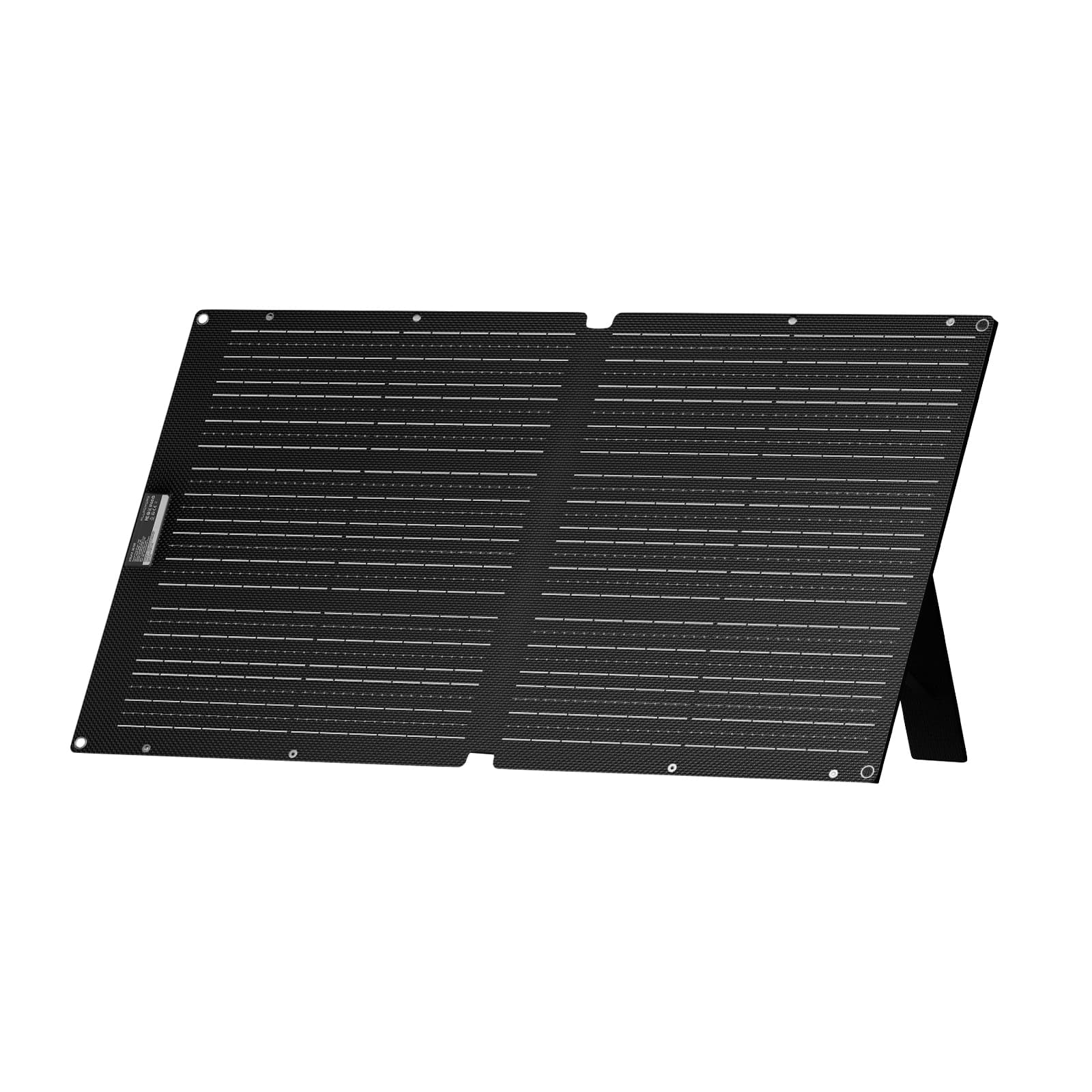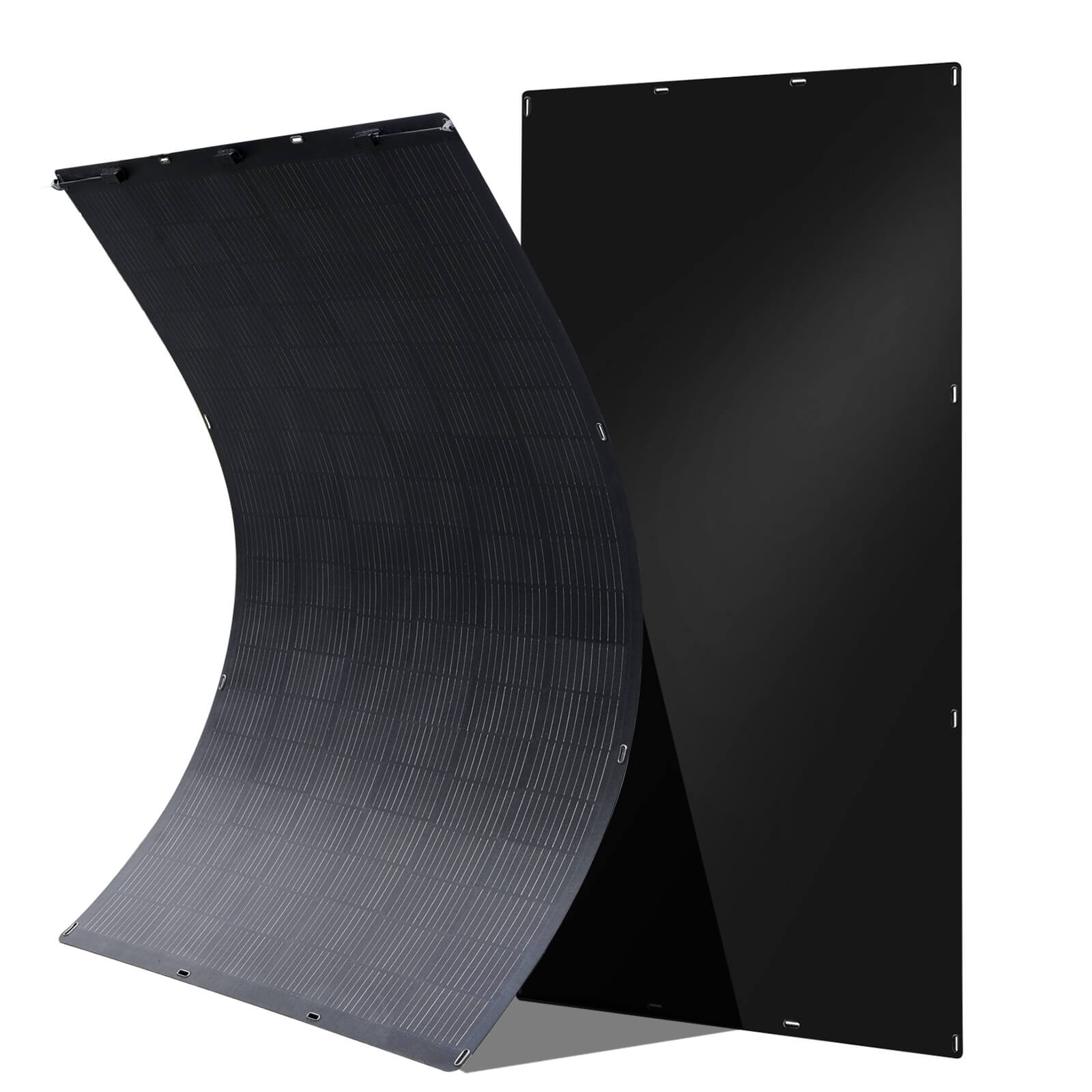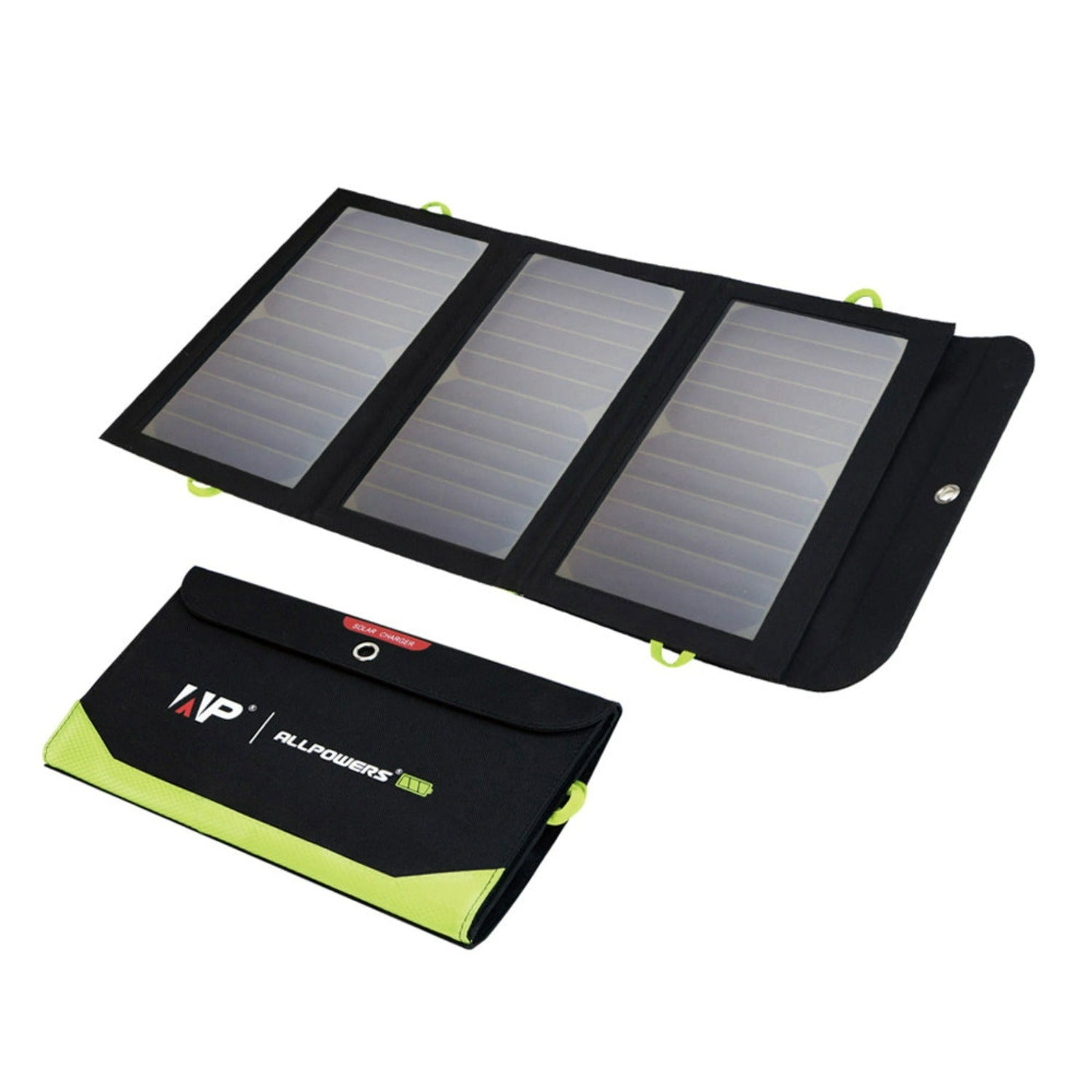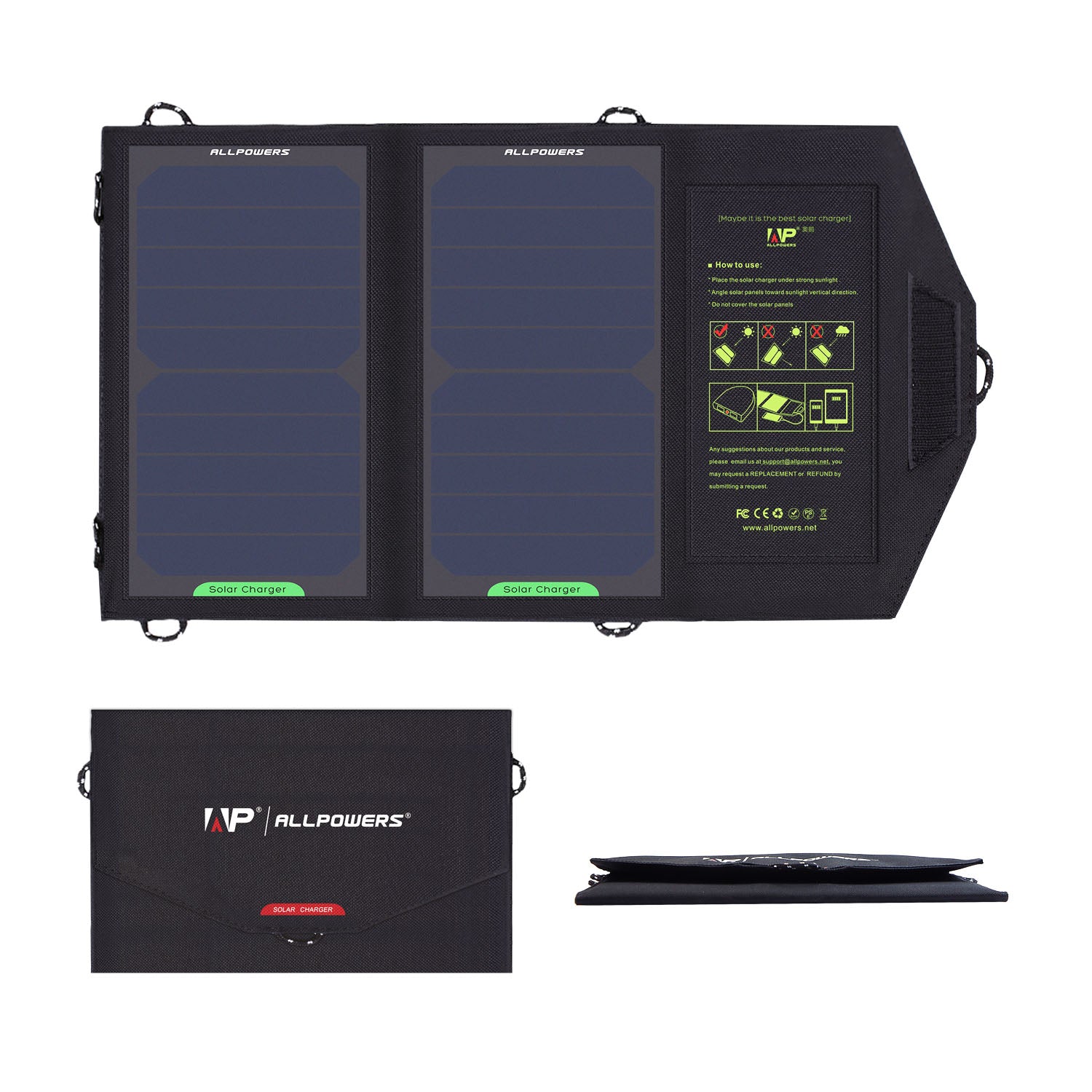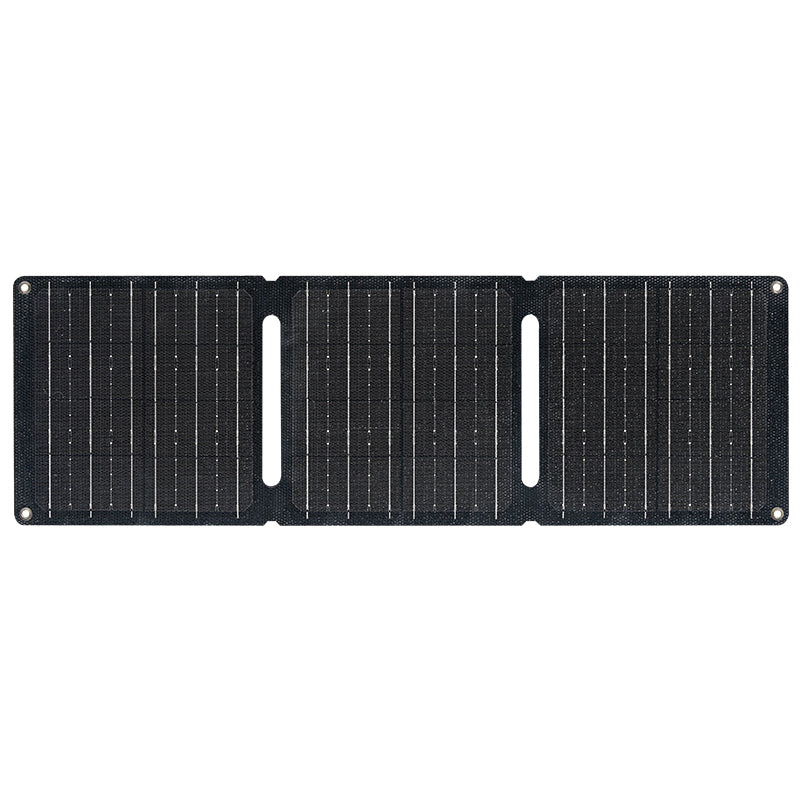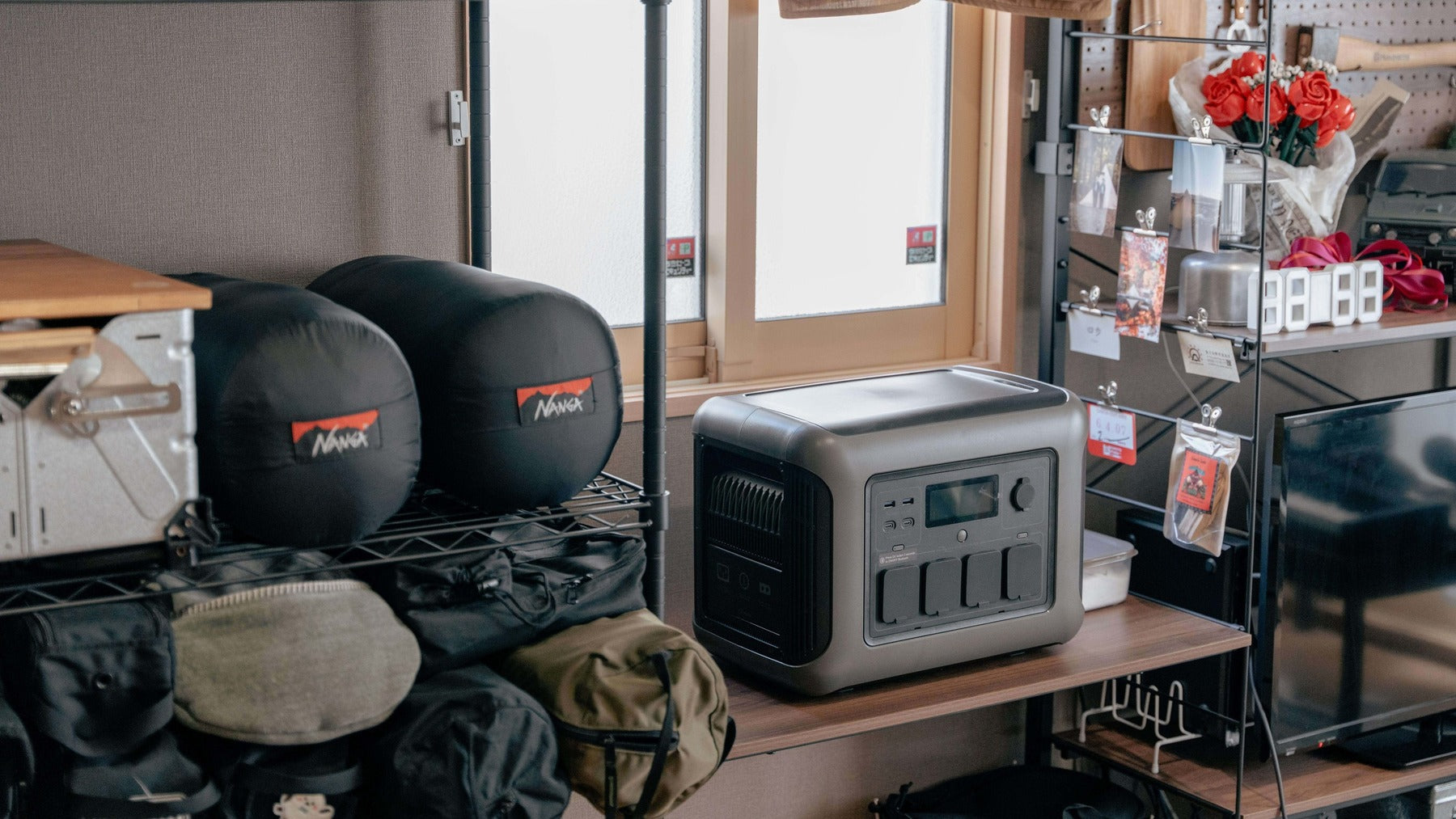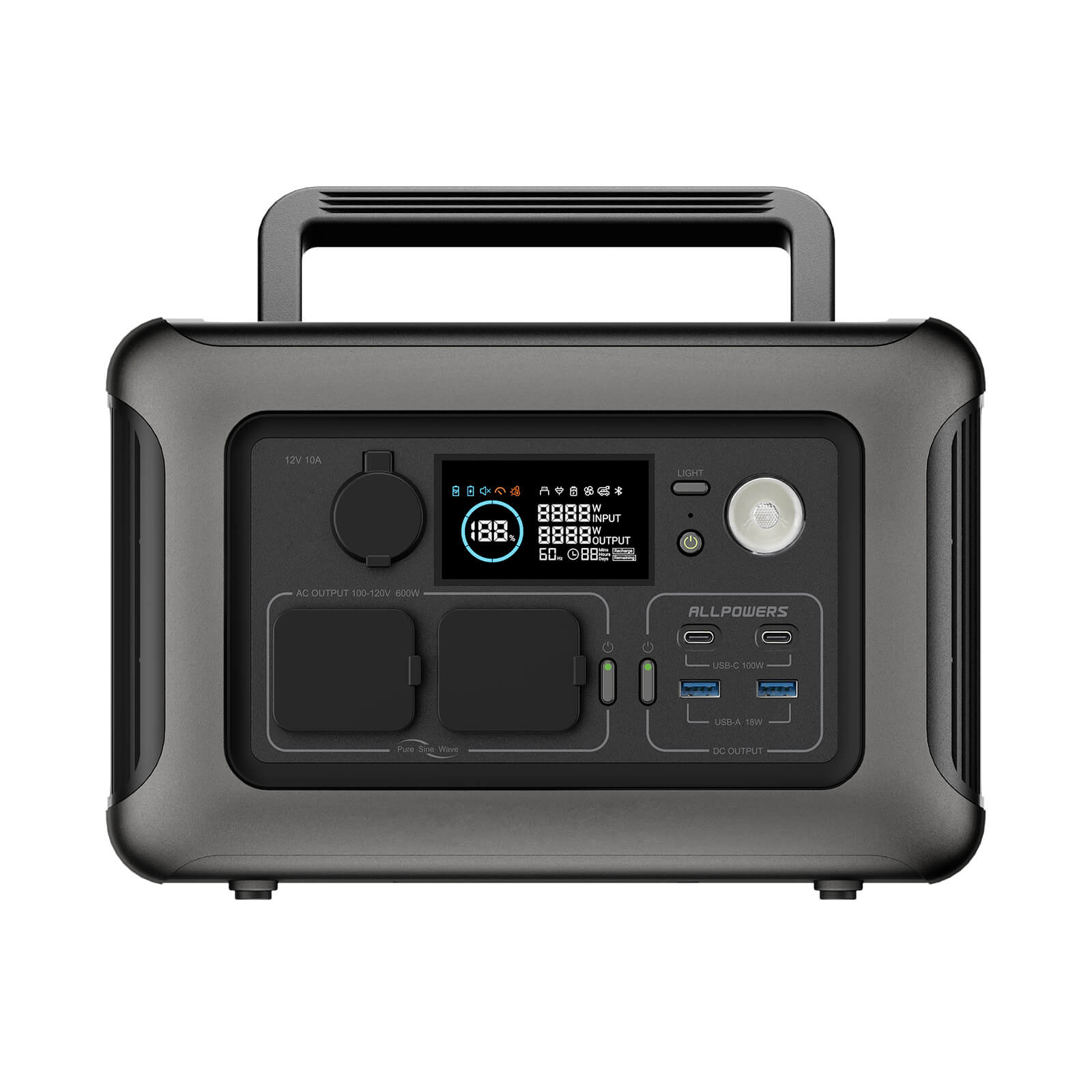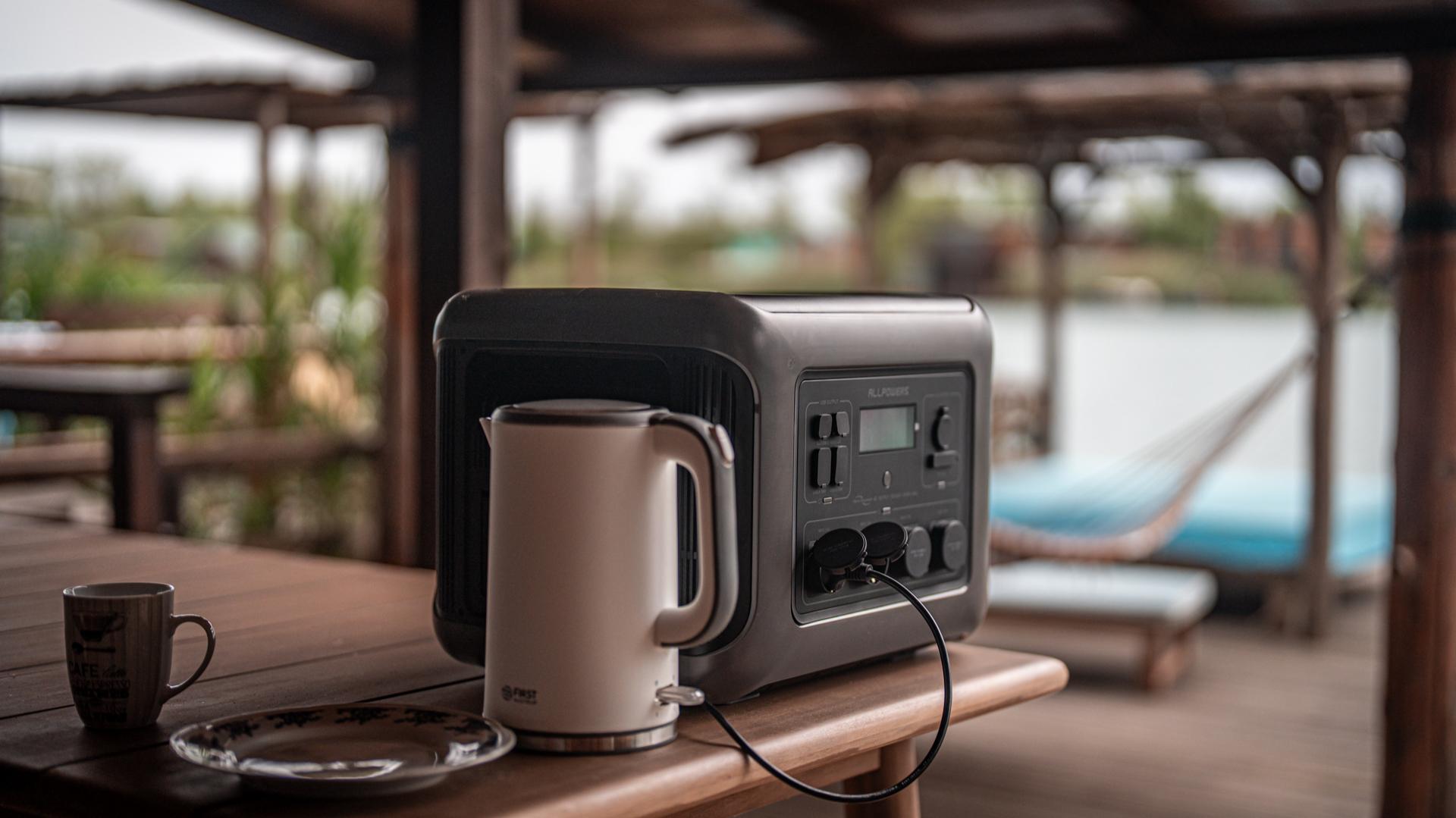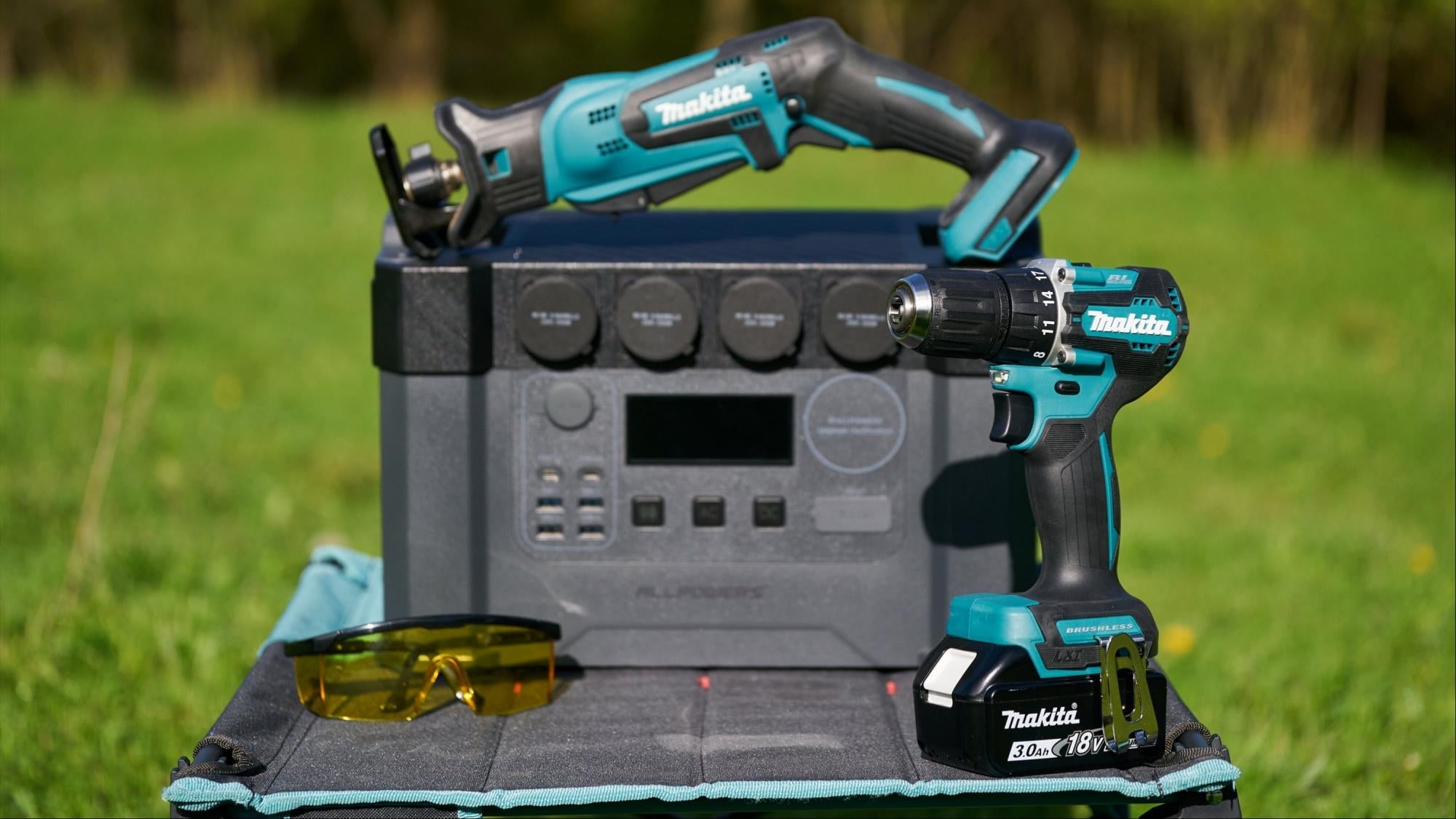Power blackouts have a way of sneaking up on us, don’t they?
One moment you’re finishing up a report or watching your favorite show, and the next—bam—everything goes dark.
For years, the traditional solution to this dilemma has been the trusty, if somewhat clunky, Uninterruptible Power Supply (UPS).
But lately, there’s been a lot of chatter about portable power stations stepping into that role.
The question is, can a portable power station actually serve as a UPS, keeping your devices humming along without interruption?
Understanding What a UPS Really Does
A UPS—short for Uninterruptible Power Supply—is a system designed to instantly provide power when the main source fails.
It’s the silent hero of offices, data centers, and home setups where even a few seconds of downtime could cause trouble.
Traditional UPS units use built-in batteries that automatically activate the moment a power outage occurs.
They bridge that gap between losing power and switching to a generator or another power source. In other words, they buy you time.
But here’s the thing — traditional UPS units often have limited power and short runtimes. They’re built for stability, not longevity.
They keep you running long enough to save files or ride out a brief blackout, not to power an entire evening of work or entertainment.
How a Portable Power Station Differs from a Traditional UPS
At first glance, both systems look similar—they both have batteries, inverters, and AC outlets. But under the hood, they’re tuned for different purposes.
A UPS is designed for instant failover. Its circuitry detects a power cut within milliseconds.
That speed matters for delicate electronics—think computers, medical equipment, or data servers—where even a tiny delay can cause crashes or damage.
Portable power stations, on the other hand, are designed for endurance.
They focus on delivering stable, sustained power over hours—or even days—during blackouts, road trips, or outdoor adventures.
They’re great at keeping things running, but their response time isn’t always immediate.
That said, newer high-end models are starting to bridge that gap. Some now come equipped with UPS mode or pass-through charging, which allows them to act just like traditional uninterruptible power systems.
When the grid power fails, they switch automatically—usually fast enough to keep your computer humming and your coffee maker blinking happily.
When Using a Portable Power Station as a UPS Makes Sense
Not every situation demands millisecond-level protection. For home users, there are plenty of scenarios where a portable power station doubles as an excellent UPS alternative.
If you’re working from home and just need to keep your Wi-Fi router, laptop, and phone alive during outages, a modern portable power station will handle it beautifully.
The same goes for home entertainment systems, small fridges, or network setups.
It’s also a game-changer for remote work setups in rural areas or cabins where power flickers are common.
Imagine running your Starlink router and laptop through one during a storm—you wouldn’t even notice the lights flicker.
And unlike traditional UPS units, you can take a portable power station anywhere—camping, construction sites, or long road trips.
It’s backup power that moves with you. That kind of flexibility is hard to beat.
Learn More: Is It Worth Buying a Portable Power Station?
When a Portable Power Station Isn’t the Best UPS Replacement
Of course, it’s not all perfect. There are times when a portable power station can’t fully replace a UPS.
If you’re running servers or medical equipment that demands instant switchover (0 milliseconds), a true UPS remains the safer choice.
Portable stations usually have a slight transition delay—some as low as 10ms, but not always instant.
Another limitation? UPS units are designed to stay plugged in indefinitely. Portable power stations, though rugged, can experience faster battery degradation if left on 24/7.
And one more thing—if your unit doesn’t have a pure sine wave inverter, certain devices may experience interference or reduced efficiency.
Always check for that label; it ensures clean, stable current just like what comes from your wall socket.
Learn More: Can You Leave a Portable Power Station Plugged In All the Time?
Why It’s Gaining Popularity for Home Backup
Here’s something fascinating: the line between portable power stations and UPS units is blurring fast.
More households are choosing multi-function systems that handle both daily backup and outdoor adventures.
It’s easy to see why. With rising energy costs and more frequent weather-related outages, people want something reliable, clean, and quiet.
A portable power station checks all those boxes. It doesn’t need maintenance like a generator, doesn’t emit fumes, and can recharge from solar panels during the day.
That’s where brands like ALLPOWERS have leaned in—building devices that merge UPS precision with solar generator versatility.
One minute it’s powering your home Wi-Fi, the next it’s running your camp lights beneath a starry sky.
Learn More: Can Portable Power Stations Be Used Indoors?
Conclusion
So, can a portable power station be used as a UPS? The short answer: yes, absolutely—but with the right model.
With proper features like UPS mode, stable sine wave output, and safe charging design, these devices can double as dependable home backups.
They won’t replace enterprise-grade UPS systems, but for most homes, offices, and small setups, they’re more than capable.





